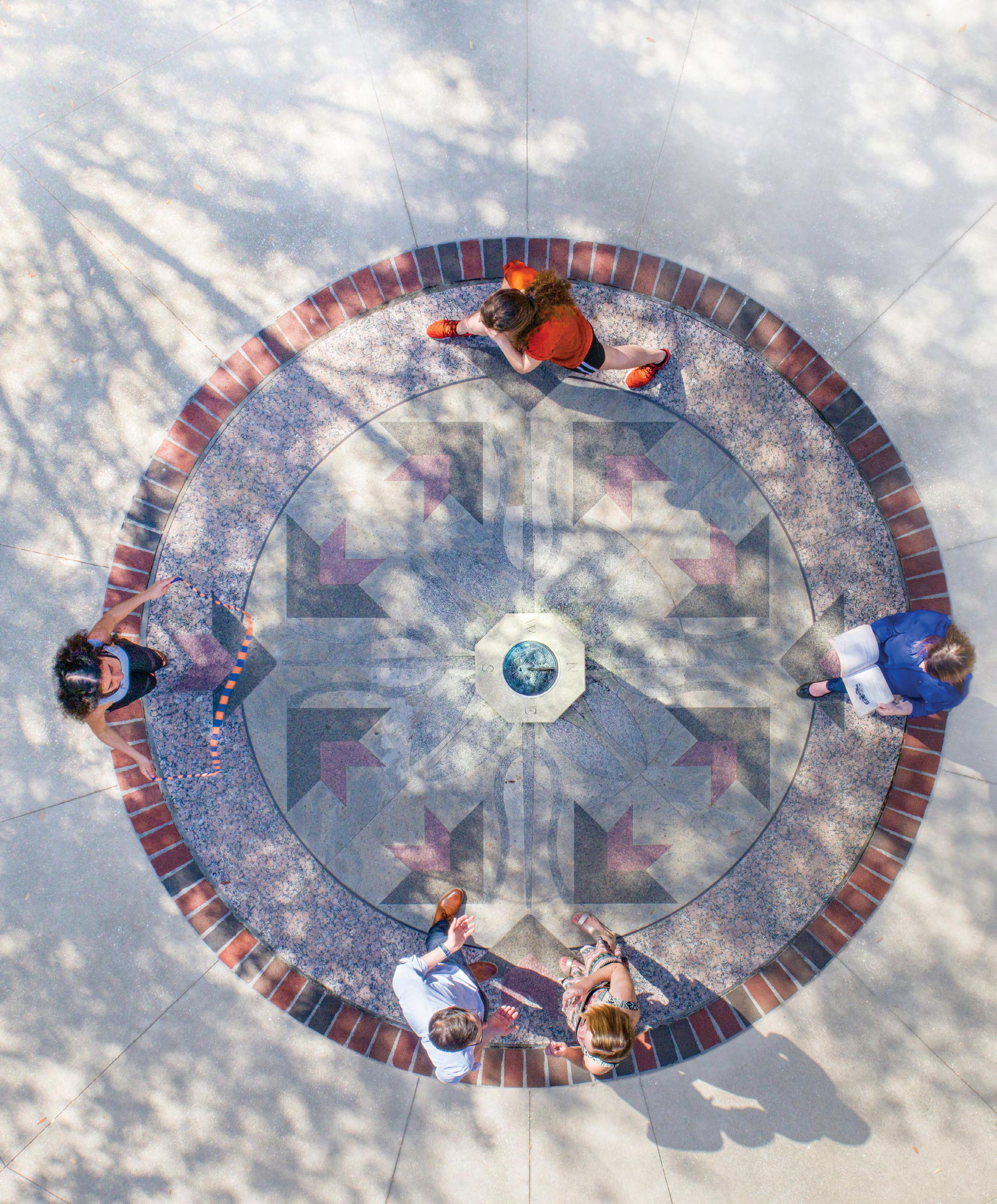
SPRING 2022
THE MAGAZINE FOR THE UNIVERSITY of FLORIDA COLLEGE of LIBERAL ARTS and SCIENCES

“If the whole universe can be found in our own body and mind, this is where we need to make our inquiries. We all have the answers within ourselves, we just have not got in touch with them yet.”
— AYYA KHEMA
Karina Sarandrea (top), Aimee Clesi (right) and CLAS staff in the Catherine A. and Mary E. Yardley Garden outside Ustler Hall. Drone photography by Richard Shaw.
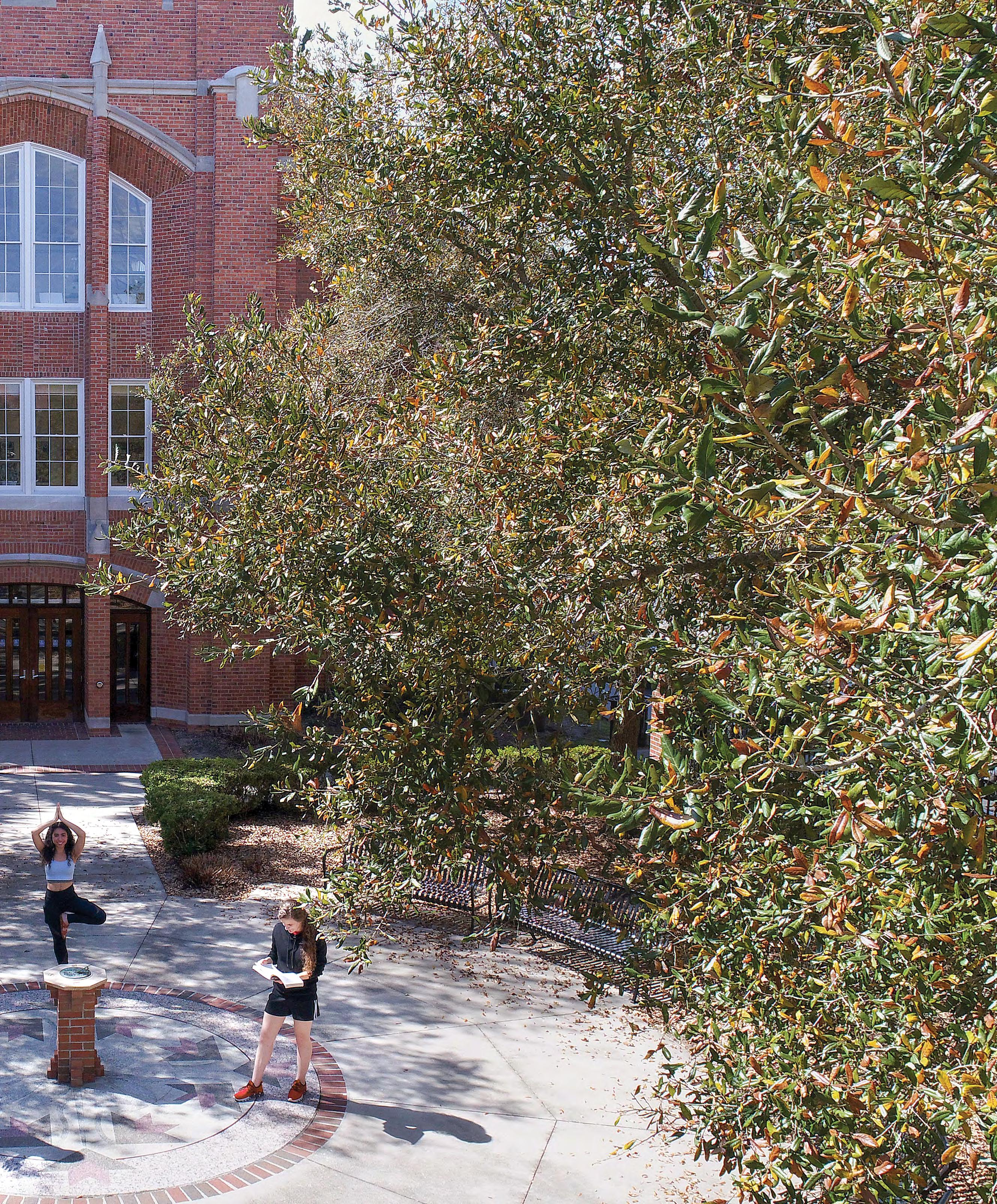
Ytori Magazine
SPRING 2022
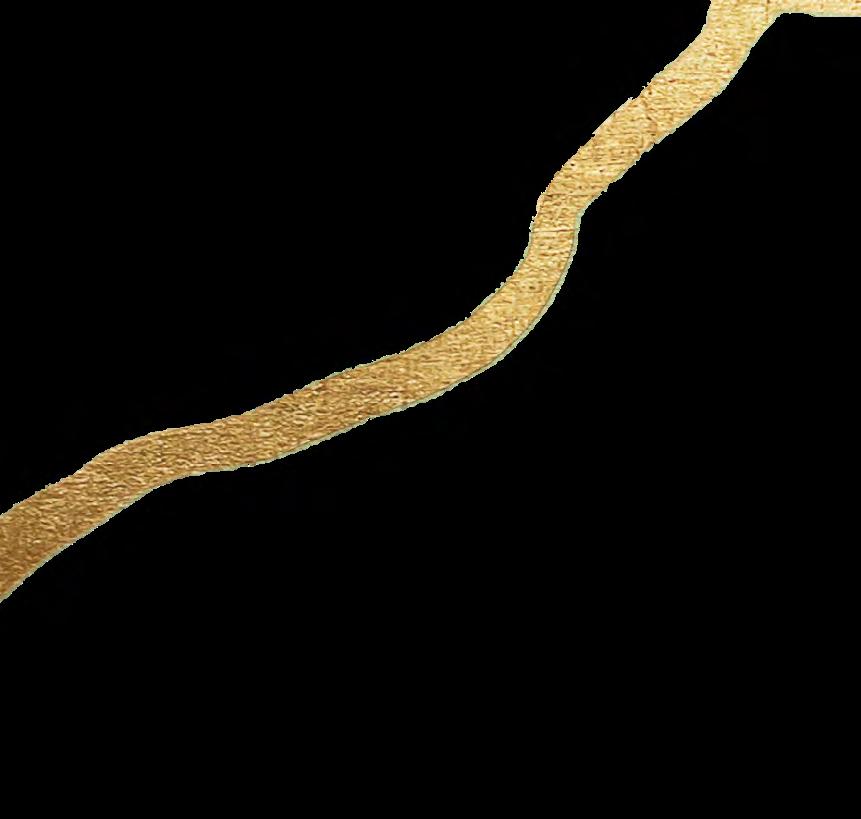
Ytori is published twice a year by the University of Florida College of Liberal Arts and Sciences.
“Ytori” means “alligator” in the language of the Timucua, the native inhabitants of north-central and northeastern Florida.

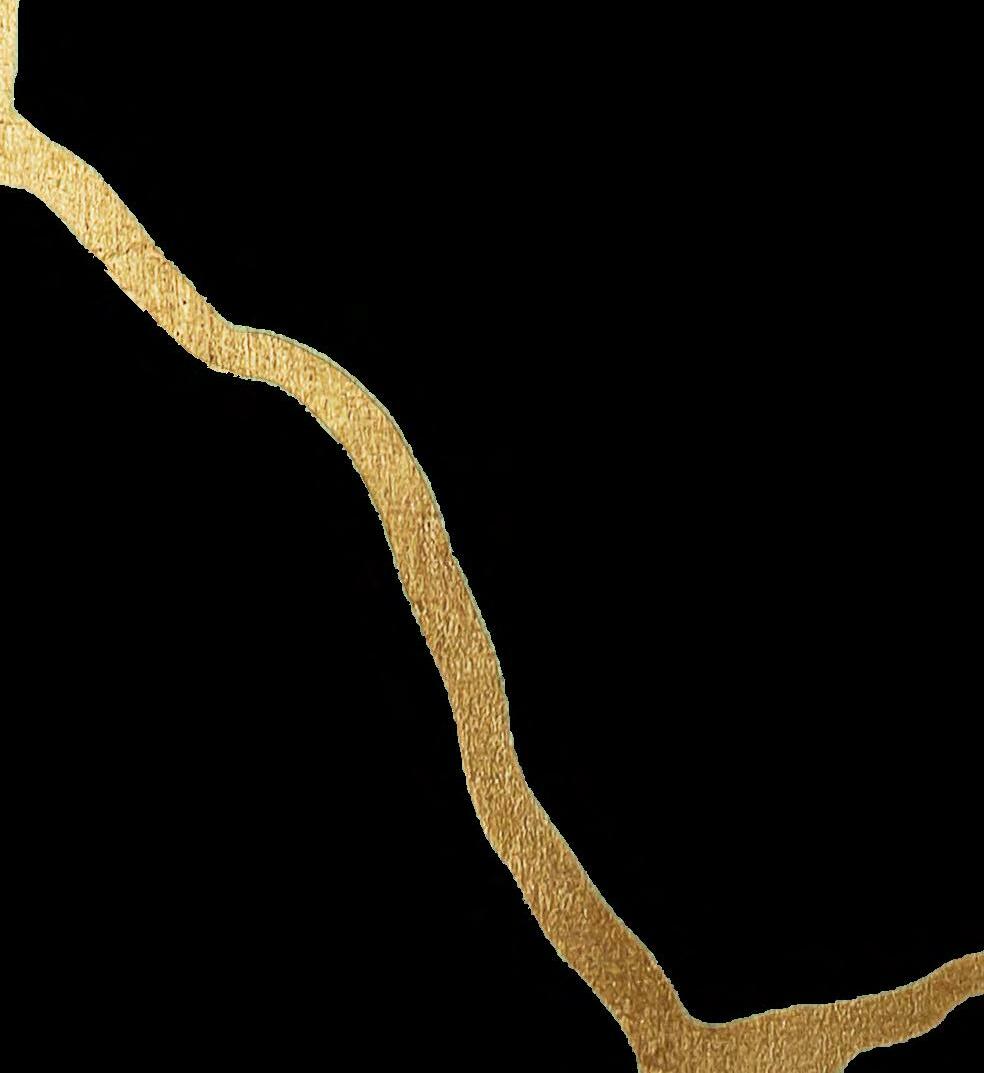

STAFF
DAVID E. RICHARDSON, Dean RYAN MARSH, Assistant Vice President of Development and Alumni Affairs
MEREDITH PALMBERG, Director of Strategic Engagement AMEY OWEN, Creative Production Manager ANDREW DOERFLER, Editor-in-Chief
LAUREN BARNETT, Associate Editor
SAMANTHA BAILON, Editorial Assistant ALI PATTERSON, Proofreader
KATHLEEN MARTIN, Art Director MICHEL THOMAS, Photographer
© 2022 by the University of Florida College of Liberal Arts and Sciences. All rights reserved. No part of this publication may be reproduced or duplicated without prior permission of the editor. University of Florida College of Liberal Arts and Sciences is an equal access/equal opportunity university.
HAVE A STORY IDEA OR WANT TO GET IN TOUCH?

ADDRESS
Ytori, University of Florida College of Liberal Arts and Sciences 2014 Turlington Hall PO Box 117300 Gainesville FL 32611 EMAIL newsandpublications@clas.ufl.edu WEBSITE news.clas.ufl.edu
ON THE COVER
Students Karina Sarandrea (left) and Aimee Clesi (top) and CLAS staff pose in the Catherine A. and Mary E. Yardley Garden outside Ustler Hall to represent the mindbody connection. Drone photography by Richard Shaw. Design by Kathleen Martin. Photo editing by Lydia Cutter Photography.

Contents
SPRING 2022
| COVER STORY
alumni and researchers step up to support mental health through a more compassionate campus culture
Handling with Care Students,
@UF.CLAS @UF_CLAS @UF_CLAS
12
Students Mailys Angibaud (left) and Delaney Phelps.
Photo by Lauren Barnett.

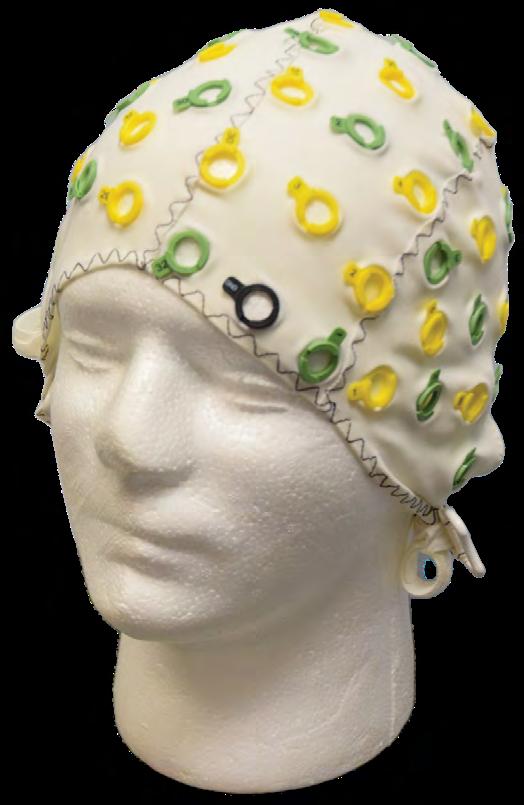
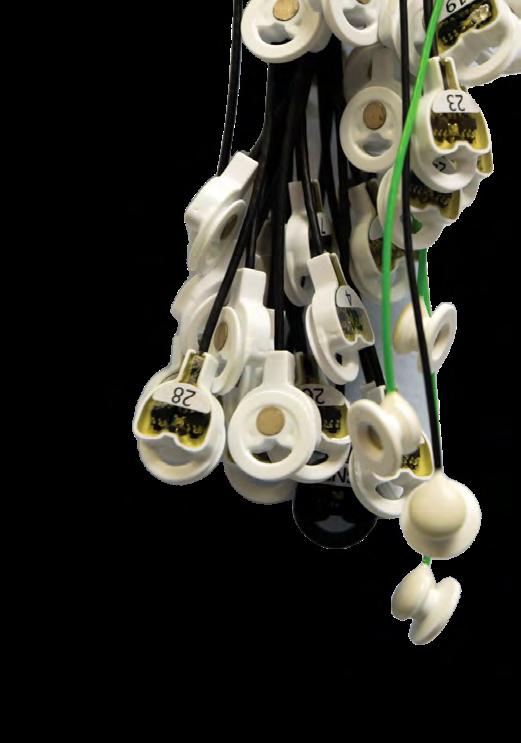


| DISCOVER 18 Watch Your Language Researchers read brain signals to challenge stigma around language learning 20 Exercising the Mind After discovering how staying active benefits brain health, an alumnus keeps moving 24 Small Talk
biophysicist thinks bigger, using AI to explore how cells communicate 26
Hope
anthropologist’s new
sheds light on high maternal mortality rates in Tanzania
the wellness industry —
finds The Nobel-winning alumnus served as a catalyst for a greener future | IN EVERY ISSUE 4 Dean’s Letter 40 Creative License New book releases from CLAS faculty and alumni 44 Laurels Celebrating outstanding achievements of students, staff, faculty and alumni 46 Dean’s Circle Recognizing the generosity of our giving society 48 Crossword Puzzle On the Whole 20 26
A
Delivering
An
book
in
a student’s research
From the Dean
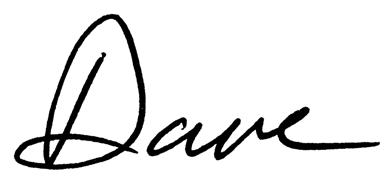
The last two years have pushed our society to rethink many longheld conceptions, especially when it comes to health and wellness. We have all had to consider what it means to stay mentally and physically healthy when our habits and plans are disrupted. These challenges, though, have encouraged us at the College of Liberal Arts and Sciences to embrace change and expand our sense of what’s possible.
This issue of Ytori highlights the many ways our college community is working to better understand our minds and bodies. The present moment offers an opportunity to build a healthier, more inclusive world — and our faculty, staff, alumni and students are eager for the task. CLAS Gators are banding together to further mental health initiatives (page 12) and build supportive communities (page 10). Educators are making the team-building experience of geology fieldwork accessible to all (page 8) and embracing the role of spirituality in health care (page 32). Researchers are shining a light on dire challenges around the world (page 26) and revealing how our brains process language (page 18).
Readers will meet students whose achievements are creating new knowledge and alumni whose legacies have upended common wisdom. You’ll hear from UF’s first Rhodes Scholar in 13 years, who is dedicating her career to addressing wrongful convictions (page 30), and learn about an undergraduate researcher who has investigated the big business around wellness (page 36). A profile of alumnus Fred “Rusty” Gage (page 20) chronicles how he leveraged his CLAS education into a pioneering career in neuroscience. We also reflect on the life and times of one of our most accomplished alumni, Robert H. Grubbs (1942-2021), who won the Nobel Prize in Chemistry (page 38).
Together, these pursuits remind us that meeting today’s challenges relies on the convergence of different disciplines, experiences and perspectives. While no one knows what new obstacles await us, we do know at least one thing: Liberal Arts and Sciences faculty, staff, students and alumni are engaged in meaningful efforts to prepare us for what lies ahead.
Go Gators and Go Greater,
E. Richardson Dean, College of Liberal Arts and Sciences
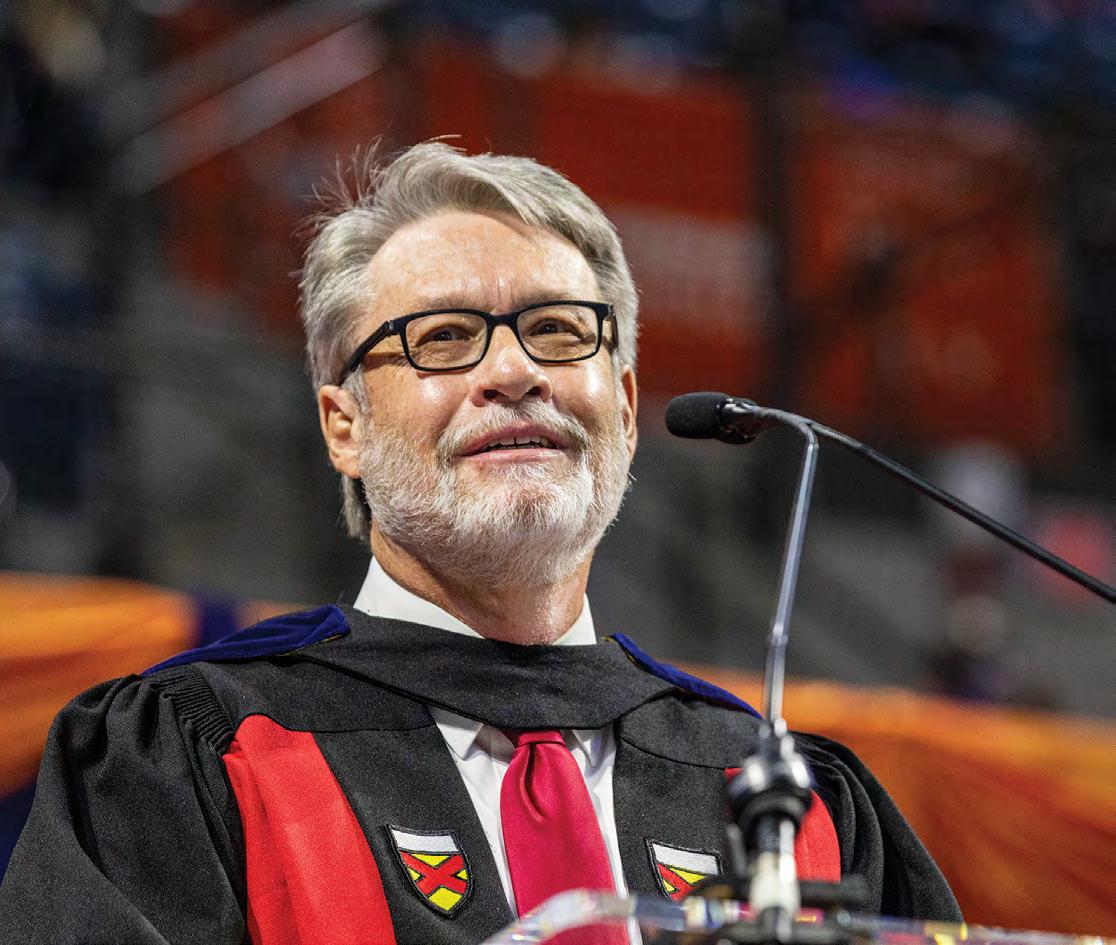 David
David
4 | COLLEGE OF LIBERAL ARTS AND SCIENCES NEWS.CLAS.UFL.EDU
Photo courtesy of University of Florida/Brian Sandusky.
GREATER HEIGHTS
RYAN POEHLING arrived at the University of Florida in 1995 with big ambitions — and he was soon well on his way to achieving them. A graduate student in the Department of Geography, he made an immediate impression with his flair for research and teaching.

In 1999, though, a rare form of cancer that Ryan had overcome as a teenager returned. Undaunted, he pressed on with his studies until passing away in December 2000, just months before he would have defended his dissertation. In May 2001, he was posthumously awarded his PhD.

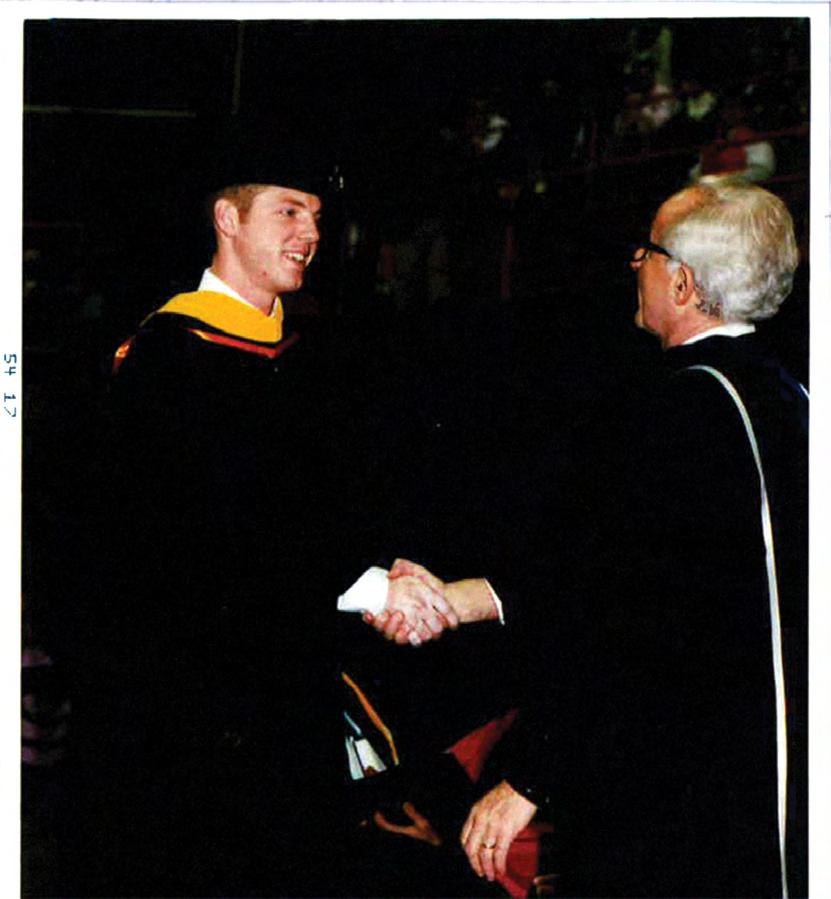
Although Ryan’s journey was cut tragically short, his legacy lives on at UF. The Poehling family set up a scholarship in his honor, which for 20 years has supported outstanding geography graduate students. What’s more, the Ryan Poehling Graduate Student Lab in Turlington Hall provides a dedicated space for students to pursue their studies with the same passion that Ryan did.
Recently, Ryan’s brothers Pat and Tom, along with Tom’s wife, Stephanie, furthered their commitment by establishing the Ryan Michael Poehling Professorship in Geography, an endowed position that will become the highest honor given to geography faculty.
“We’re trying as best we can to perpetuate Ryan’s good works,” Tom said. By providing new opportunities for faculty research, the gift will allow others to reach the greater heights in the field that Ryan never had the chance to achieve.
“The continued support from the Poehling family and the new Poehling Geography Professorship are transformative for our program — celebrating faculty excellence, innovation and success,” said JANE SOUTHWORTH, professor and chair of the department. “Our faculty is honored to receive such a prestigious and meaningful gift.”
Pat and Tom also see the professorship as a tribute to their parents, Henry and Sandra, who instilled in the whole family the value of education and giving. “We feel like we can magnify the amount of good by channeling it through UF,” Tom said. “Our collective family really believes in the great things that are being done at the Department of Geography.”
UNIVERSITY of FLORIDA
LEARN HOW TO MAKE YOUR OWN LASTING IMPACT
Contact alumni@clas.ufl.edu or visit clas.ufl.edu/waystogive.
YTORI SPRING 2022 | 5
Painting of Ryan Poehling by Mary Lou Ferguson, photographed by Michel Thomas. Photos of Ryan Poehling courtesy of the Poehling family. Family photo, back row (left to right): Christopher Poehling, Tom Poehling, Ryan Poehling. Front row (left to right): Sandra Poehling, Henry Poehling, Pat Poehling.
Roundup RESEARCH
Our college’s faculty and staff conduct groundbreaking studies to discover more about mental and physical wellbeing. Here’s a snapshot of recent grant awards and publication highlights.
Compiled by Lauren Barnett
TRACKING BRAIN DEVELOPMENT AS CHILDREN GROW THE SHAPE OF THINGS
Story first reported by Diana Tonnessen of UF Health.
UF recently joined one of the largest early-brain development studies ever undertaken. The HEALthy Brain and Child Development Study aims to shed light on how early environments impact brain development — revealing positive and negative factors. The comprehensive study will follow thousands of pregnant people and their babies nationwide, including 400 participants enrolled by UF’s team.
UF researchers received a 5-year, $6.2 million grant from the National Institutes of Health to fund participation in the study,
which involves 24 other research sites across the United States. LISA SCOTT, professor and director of the Brain, Cognition and Development Laboratory in the Department of Psychology, will work with colleagues in the College of Medicine and the College of Public Health and Health Professions to lead UF’s contributions.
“We are thrilled to be able to bring the University of Florida into this consortium as one of the premier sites for examining early infant and child neural development,” Scott said.

Like people, molecules come in all shapes and sizes. The variation in molecular forms can directly impact disease progression, drug efficacy and other important biological process. To solve these mysteries, three chemists use machine learning to identify previously unknown similarities among the
different shapes of living organisms’ molecules, including proteins and DNA.
RAMON A. MIRANDA QUINTANA and ALBERTO PEREZ, assistant professors of chemistry, along with graduate student LIWEI CHANG, taught algorithms to simultaneously compare thousands of different
AI-powered algorithms identify similarities among molecular states. Visualization courtesy of the researchers.

QUESTION 6 | COLLEGE OF LIBERAL ARTS AND SCIENCES NEWS.CLAS.UFL.EDU
TO COME
© Artem Varnitsin/Adobe Stock
REDEFINING THE ‘GOOD’ LIFE
ERIN WESTGATE, assistant professor of psychology, proposes adding a new dimension to the definition of a “good” life: psychological richness. The Greek philosopher Aristotle first theorized two types of lives well-lived: a “hedonic” path centered on happiness and pleasure versus a “eudaimonic” one concerned with a sense of meaning and purpose. Westgate sees a third option that embraces a variety of perspective-changing experiences.
Alongside social psychologist Shigehiro Oishi from the University of Virginia, Westgate conducted a study spanning nine nations to gain global perspectives on the “ideal” life. While happiness prevailed as the life pursuit of choice, between 7% and 17% of participants in each country said they would choose a psychologically rich life — even at the expense of achieving a happy or meaningful one.
Their proposal could offer an additional way to measure how people spend their time in pursuit of overall well-being. They note that their research “suggests that a good life may not always be pleasant and that there is value in leading lives that investigate different perspectives.”
7-17%
OF PARTICIPANTS preferred a psychologically rich life to a happy or meaningful one
An animal cell infected with SARS-COV-2.
BOOSTING RESILIENCE TO ZOONOTIC DISEASES
While COVID-19 was undoubtedly one of the most devastating zoonotic diseases to emerge, it was not the first. A zoonotic disease occurs when a pathogen jumps from animals to humans. SADIE RYAN, associate professor of medical geography and faculty in the Emerging Pathogens Institute (EPI), recently collaborated on two research studies examining tools that anticipate these leaps.
Story first reported by DeLene Beeland of EPI. Image courtesy of the National Institute of Allergy and Infectious Diseases (NIAID).
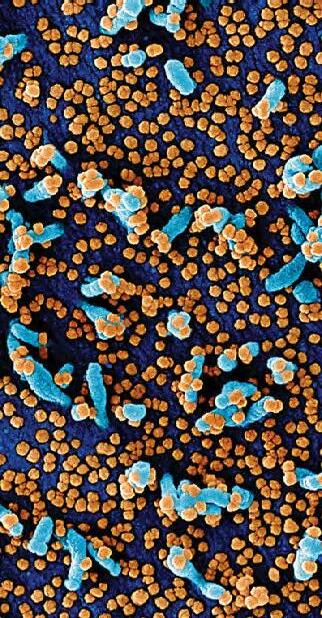
As human-to-animal interaction expands due to climate change and habitat loss, so does the demand for investigations into wildlife virology. Ryan’s first study, published in Nature Microbiology, reviews predictive modeling. The team created a collaborative network for modeling in viral ecology, called Verena (The Viral Emergence Research Initiative). Its goal is to encourage scientists to learn from one another in an organized database, while also preventing them from repeating the same analyses.
Ryan’s second study turns attention to the future — cataloging technologies that may be used to forecast zoonotic risks. Ryan also reports the growing need to address the ethical and logistical challenges posed by these datadriven methods.

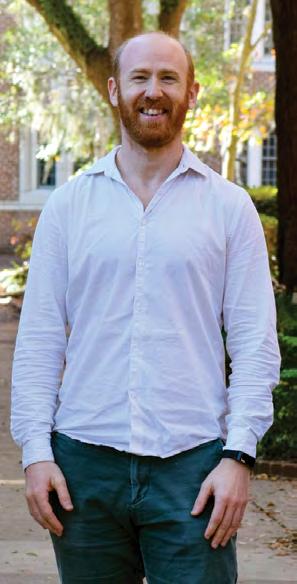

See more of the college’s exciting new research developments: clas.ufl.edu/researchroundup
molecular states, bringing to light similarities that would have been missed by the traditional methods of directly comparing molecular relationships one-on-one. Looking ahead, the researchers plan to collaborate with the College of Pharmacy to apply their methods to drug design. “This information is
key in the biomedical sciences, since it will improve our understanding of diseases at a molecular level, leading to the design of more potent and selective treatments,” Miranda Quintana said.
Left to right: Liwei Chang, Alberto Perez and Ramon A. Miranda Quintana.
YTORI SPRING 2022 | 7
Aristotle image © EnginKorkmaz/Adobe Stock.
Photos by Michel Thomas.
Geology Without Limits
For students in the geosciences, fieldwork can define their careers. A new course ensures all have the chance to take part.
University of Florida geologist ANITA MARSHALL traveled to Northern Arizona to scout locations for a field course she would be leading in 2022. Many of the questions she aimed to answer on her trip, however, did not concern the rocks, volcanoes and sedimentary features the students would study.
Instead, Marshall was making sure students of all abilities could access the chosen locations. Driving from site to site in a wheelchair-accessible van, she had a long list of considerations to keep in mind. One example: How far away is a flush toilet?
“That’s a really big concern for accessibility that people often overlook. It doesn’t matter how cool a site is — there has to be at least a gas station with an accessible stall within a reasonable drive,” said Marshall, a lecturer in the Department of Geological Sciences.
No comprehensive resource exists to answer these questions, underscoring the urgent need that will be addressed by the GEOSpace Project. The new course was designed by Marshall and fellow UF geologists STEPHEN M. ELARDO and AMY J. WILLIAMS, with collaborators at Central Connecticut State University and Arizona State University.
By Andrew Doerfler
Supported by a grant from the National Science Foundation, GEOSpace provides a fully accessible and inclusive opportunity to take part in fieldwork, a key component of a geological sciences education. Firsthand experiences studying real-world geological features are an early chance for students to see themselves as practitioners — but the work often takes place in remote locations, limiting the participation of students with disabilities or other considerations that impede their travel. Students’ eagerness for a solution was clear: 70 students applied for the 12 spots available in the first-ever run of GEOSpace.
The new course, which launched this May at the Grand Canyon, Sedona and other Arizona locales, breaks down this barrier through a number of avenues. Some of the sites are in extreme locations that can’t be reached on foot by anyone, making them equally accessible to all participants by drones and other remote technologies. Lidar (light detection and ranging) scans will allow students to create 3D models of sites that can be examined by all participants. In other cases, they’ll use iPads and GoPro cameras for real-time data sharing and livestreaming.
Along with the on-the-ground accommodations, the course will use portable Wi-Fi hotspots so students can take part from anywhere. The fully virtual option prompted skepticism

8 | COLLEGE OF LIBERAL ARTS AND SCIENCES NEWS.CLAS.UFL.EDU
LAST SUMMER,
The Grand Canyon: © Felipe/Adobe Stock.
from some corners when the GEOSpace team first proposed it in 2019, but it became more broadly palatable after the COVID-19 pandemic forced millions into remote work.
“We cannot call this an accessible field course if we don’t offer a virtual option. Full stop,” Marshall said. “There are so many reasons why people can’t disappear into the wilderness for weeks at a stretch. And we, as a discipline, don’t like to acknowledge that.”
The virtual option is a big deal for MICHELLE CABALCETA, a student majoring in geology who transferred to UF in the fall. It will allow her to study the volcanic fields that fascinate her without leaving behind her toddler or neglecting a busy work schedule.

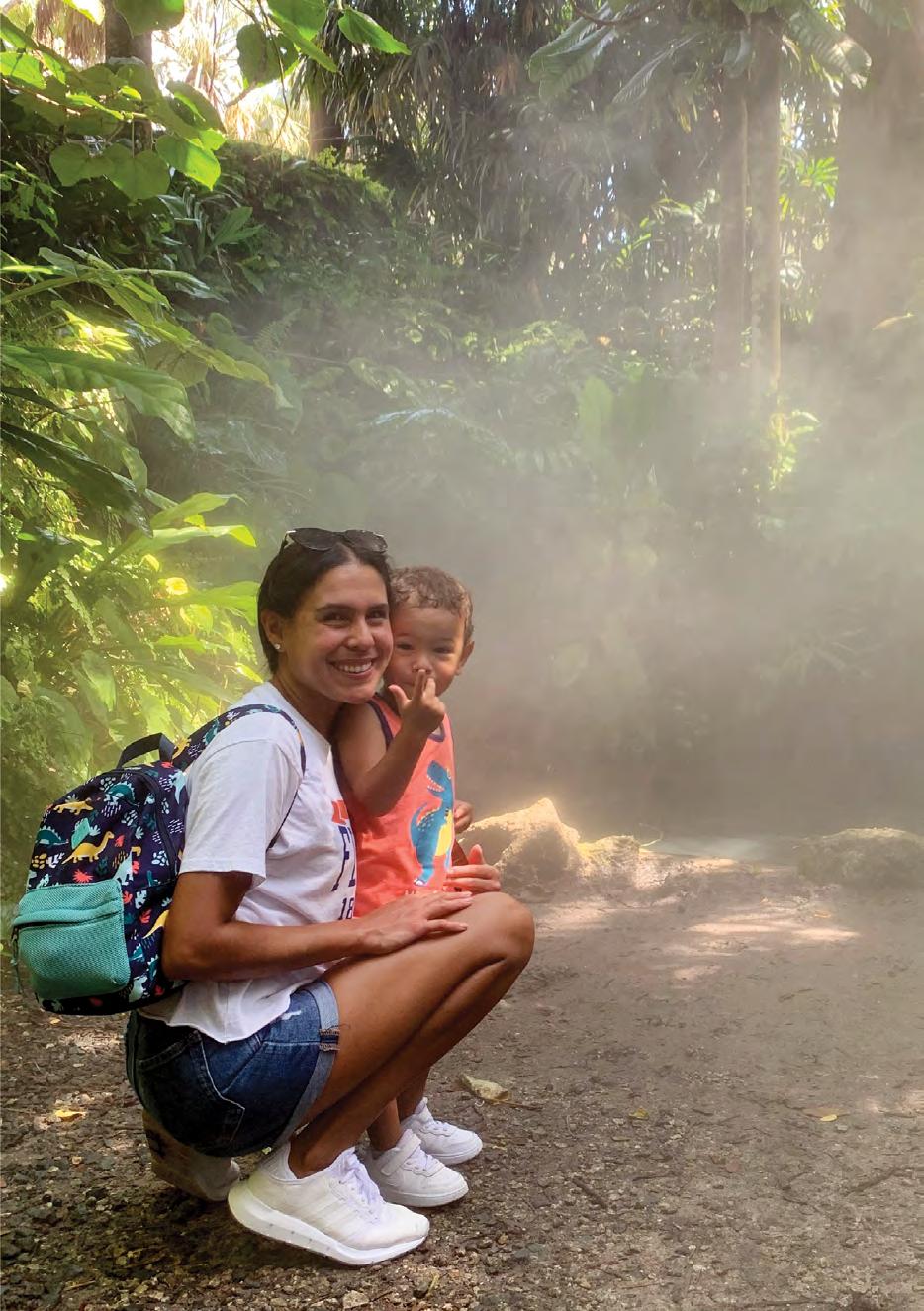

“Most programs are on-site, and the availability is usually limited and very competitive,” Cabalceta said. “The GEOSpace virtual option gives me the opportunity to join the team virtually and network as well.”
When SIDNEY WASHBURN, another UF geology major, went on fieldwork excursions in the past, she was struck by
the physical and mental demands as she managed a disability and other challenges.
“There have been many times personally where I have been worried about keeping up out in the field,” Washburn said, “but the group of students, faculty and mentors I have met so far for this project has given me great reassurance and comfort.”
For Marshall, who was inspired to design GEOSpace in part because of a physical disability of her own, the first fully accessible field course is a new frontier as worthy of exploration as an uncharted volcanic field.
“We’re figuring this out as we go,” she said.
YTORI SPRING 2022 | 9
University Of Florida geologist Anita Marshall.
Photo by Michel Thomas.
Above: Michelle Cabalceta with her son, Noah Mercedes. Photo by Eddy Mercedes.
Sidney Washburn. Photo by Kamiah Speid.
Listen Up
By Lauren Barnett


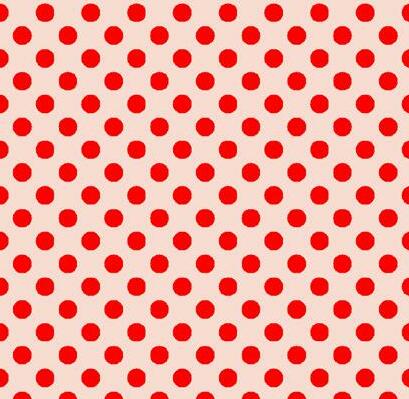
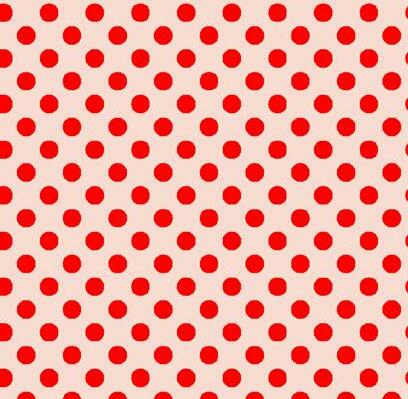



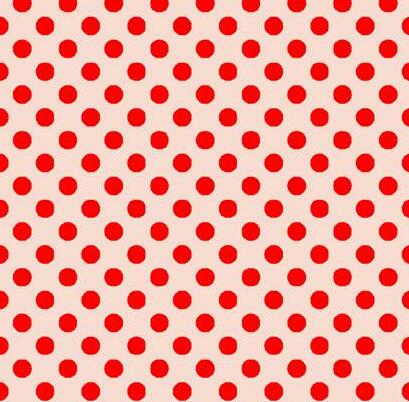
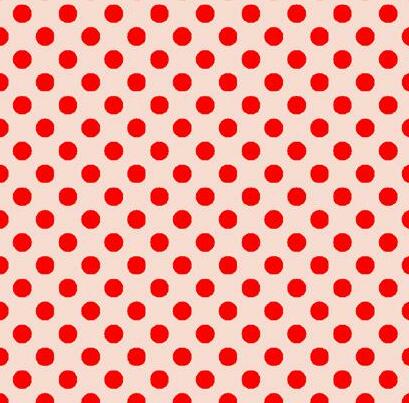


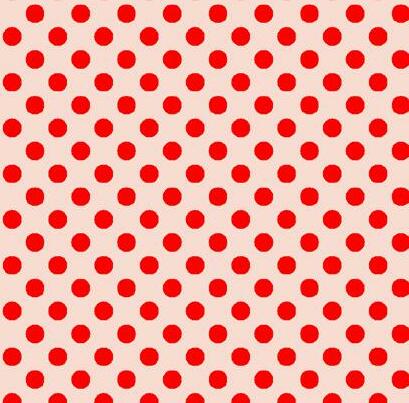

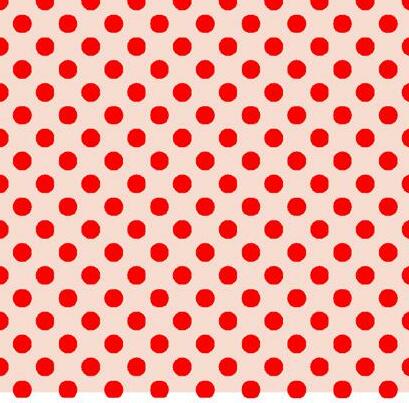
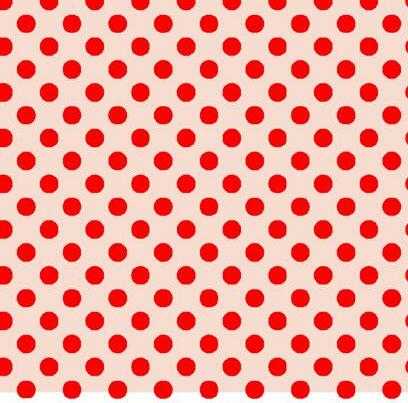

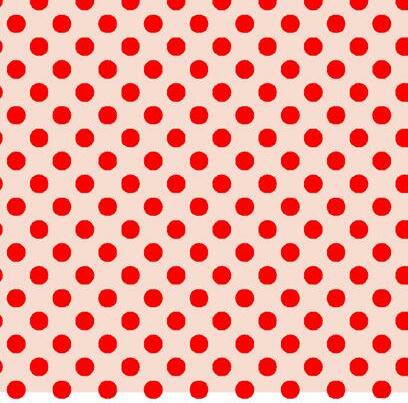
ACROSS COASTS, TWO PHD CANDIDATES CO-HOST A PODCAST TO AMPLIFY GRADUATE STUDENTS’ PERSPECTIVES
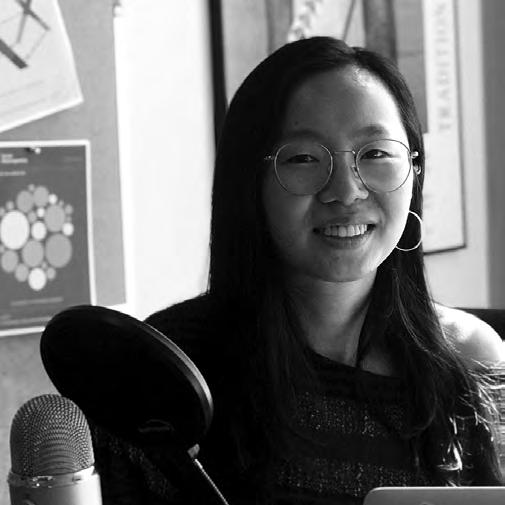
Earning a graduate degree is never easy. Deadlines mount as the rigors of school fuse with the challenges of making it to the next professional level. For many overworked, overextended graduate students facing uncertain futures, the day-to-day pressure can cause anxiety to build. Instead of shying away from the struggles, PhD candidates LAUREN BURRELL COX and June Ke decided to start a conversation.
The podcast series they developed and produced, Under Review: Rethinking Humanities Graduate Education, exposes the ups and downs of graduate school culture and the strains of cloudy job prospects.




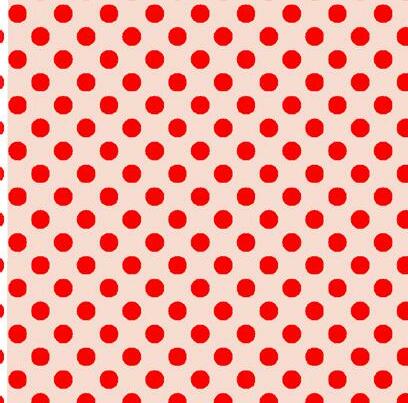
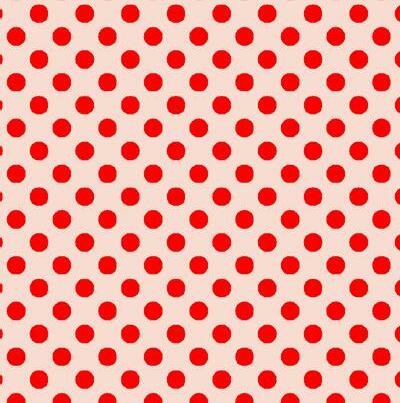
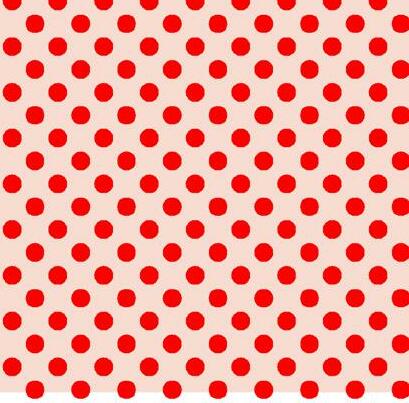

“Podcasting is such an intimate medium in its own way because you listen in your headphones, usually, and you’re hearing someone else’s voice come through to you,” said Cox, of the University of Florida. The immediacy makes podcasting an ideal channel to connect with their audience. “We hope this podcast will help graduate students to not feel so isolated — like they’re facing obstacles by themselves,” said Ke, of the University of California, Irvine.
Ke found inspiration for Under Review while watching her friends struggle with steep competition for tenuretrack positions. “A lot of the younger students didn’t have any awareness of what the job market was going to entail,” she said. “And I wanted to create a resource for them, so there’s not such a jarring disconnect between what they’re told in graduate school and then what happens afterwards.” Ke shared her idea with Cox, who relished the notion of providing graduate students with a resource to connect.

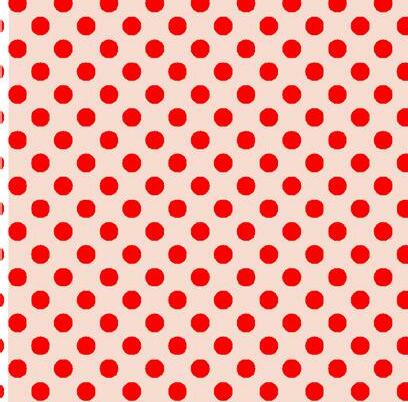


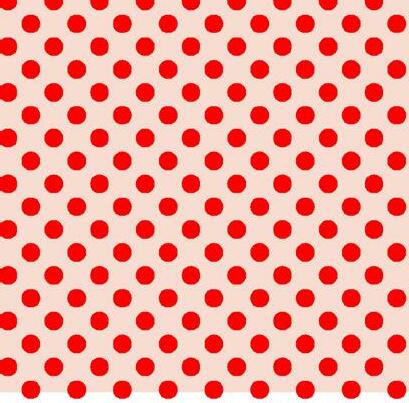
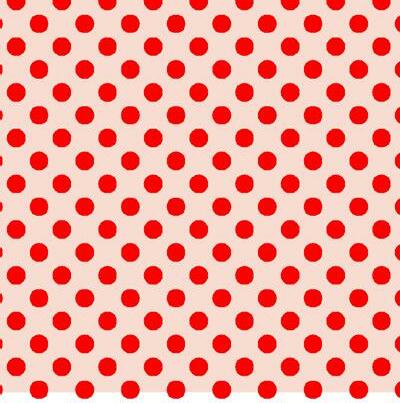
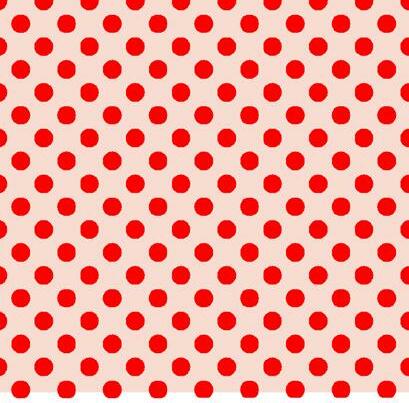
QUESTION 10 | COLLEGE OF LIBERAL ARTS AND SCIENCES NEWS.CLAS.UFL.EDU QUESTION
Lauren Burrell Cox (left) and June Ke worked collaboratively to co-host a podcast exploring the perspectives of graduate students. Courtesy photos.
The two were an unlikely pair to tackle such a project — living on opposite coasts, they’ve never actually met in person. The pandemic brought the two students together virtually during the summer of 2020, when their shared interest in storytelling landed them in the same group at the five-day National Humanities Center Podcasting Institute. Cox studies feminist film and media studies and works as the program coordinator at the UF Center for the Humanities and the Public Sphere. Three time zones away, Ke is completing a PhD program in comparative literature at UC Irvine, where she works as a researcher at the University of California Humanities Research Institute.
The humanities centers gave the students their full support to launch the project. While mentors at the centers offered feedback along the way, they gave Cox and Ke the responsibility and freedom to guide their own process.
Their resulting six-episode series is dedicated to the in-between of knowing and doing for graduate students. The episodes are filled with storytelling and the advice of experts with diverse perspectives who experience the challenges. The podcast explores personal growth, widening discussion on the challenges of graduate school and the transition to the workforce beyond. Episodes tackle topics such as career diversity, collaboration, adjunct roles and systemic change in graduate education.
The pair fine-tuned their style and personality over time — yielding some unexpected results. “I wanted to do something quirky and informal, but informative, where graduate students talk about some of the issues facing them,” Ke said. They found creative ways to push the podcasting medium outside of the norm in their own ways. “Since June and I both study film and art, we value having a little bit of experimentation with performance,” Cox said. “We tried to play with sound and creative dialogue to push beyond the traditional expository way of interviewing.”





As a result, they also infused their own personal anecdotes into the episodes. “Experiences like mental health issues or economic precarity are not really things that get discussed in a lot of seminar spaces — but these are topics we want to bring to light on the podcast,” Ke said. “These are discussions that students have after class and at the bars, so we wanted to bring it into a more formalized space to show that there are people and spaces where these issues are acknowledged — where you can be valued as a whole person, not just for your intellectual contributions.”
The project became a way for Cox and Ke to process their sense of their own positions within their institutions. “The podcast was something we got to create ourselves,” Cox said, “and knowing we were able to do that ultimately created a space for ourselves.”
The podcast, launched in April, is hosted on Anchor and available on all audio-streaming platforms.
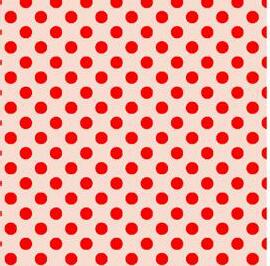

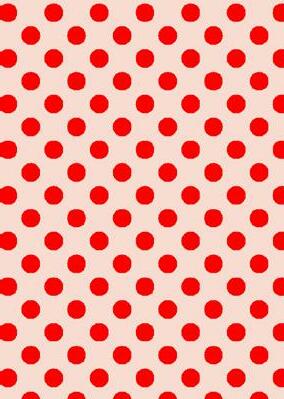







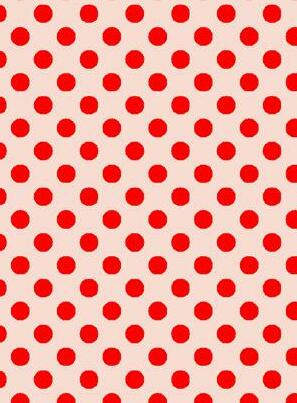




Catch the Latest Episode

YTORI SPRING 2022 | 11 QUESTION
clas.ufl.edu/underreview
Banner: © netsign/Adobe Stock; Under Review logo design by Kathleen Martin.

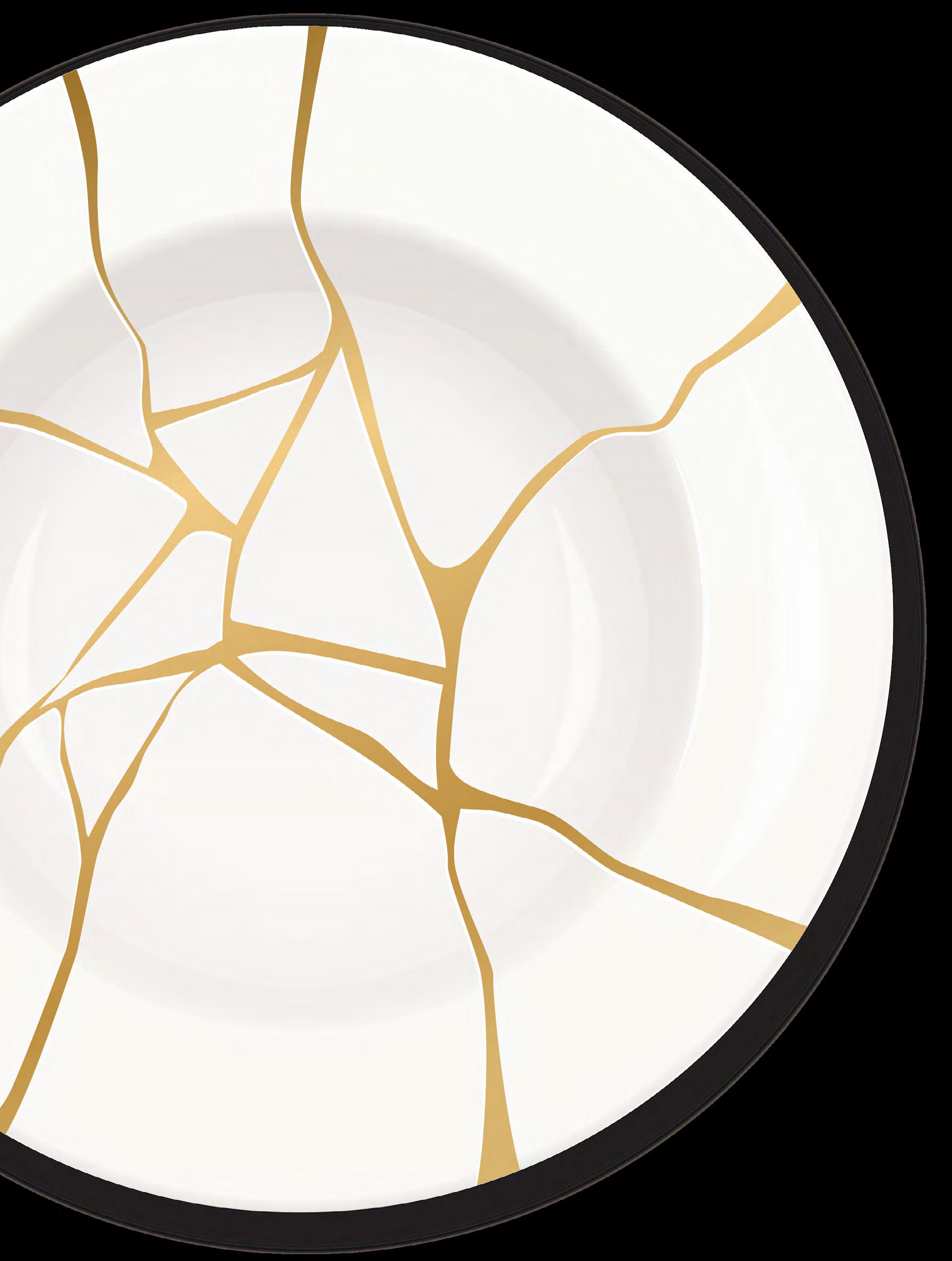

Handling with Care
By Lauren Barnett

BACKED BY SUPPORT AND RESEARCH FROM COLLEGE FACULTY AND ALUMNI, STUDENTS
BUILD A COMPASSIONATE CULTURE ON CAMPUS BY PROMOTING MENTAL WELLNESS

IN JAPAN, KINTSUGI POTTERY INVOLVES MENDING BROKEN CERAMICS BY REPAIRING THEM WITH GOLD LACQUER — allowing the fault lines, brazen in the shimmering color, to stand out. The broken places become badges of honor to celebrate, not cover up in shame. The artisans who repair these objects believe they become even more beautiful because they’ve been chipped and cracked. What could have been perceived as weakness is transformed into strength.
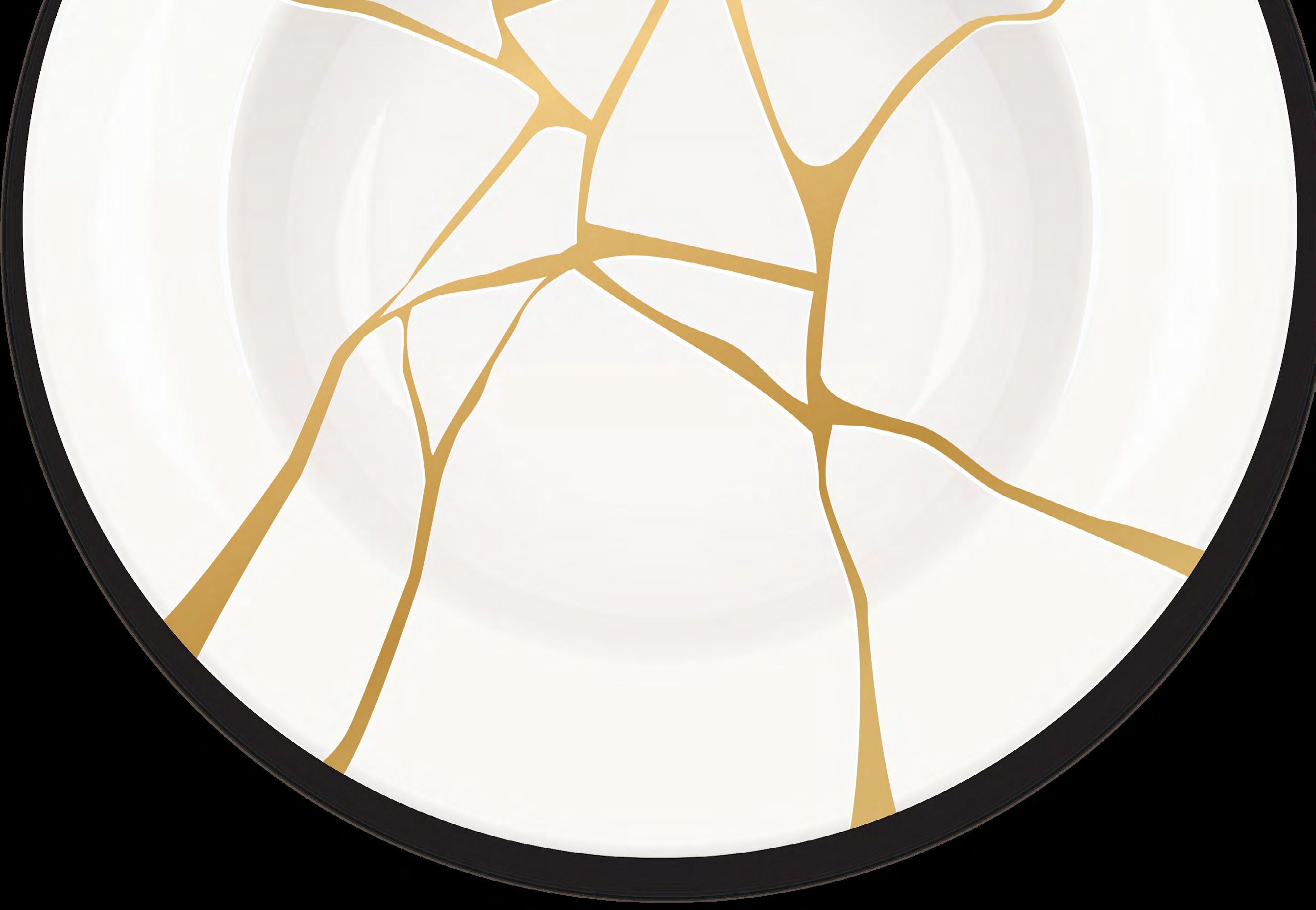
Like kintsugi artisans, student mental health activists at UF are working to change the stigma around vulnerability. One student organization, Sources of Strength, uses the power of positive psychology to shift the conversation.
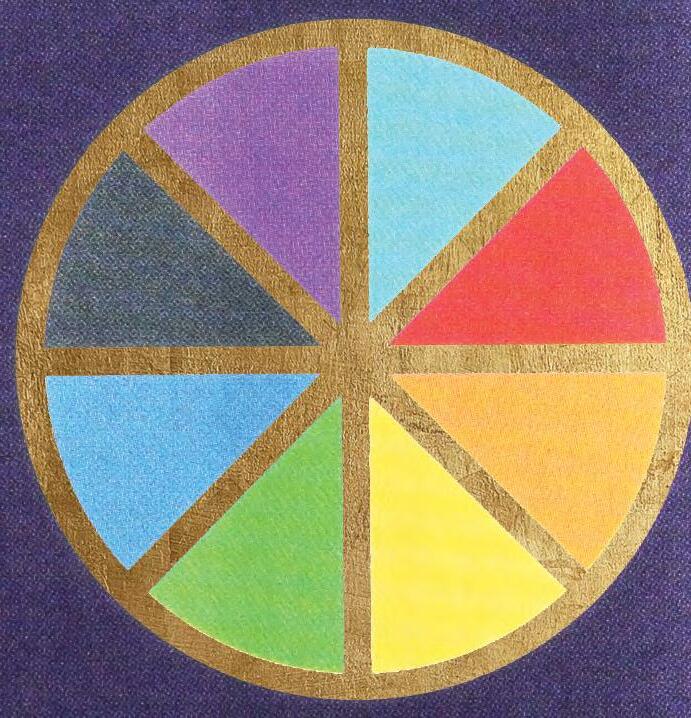
“We focus on what gives people strength and how we can help people grow in these strengths to become even stronger — looking at what people have going for them instead of what’s wrong,” third-year student MAILYS ANGIBAUD said.
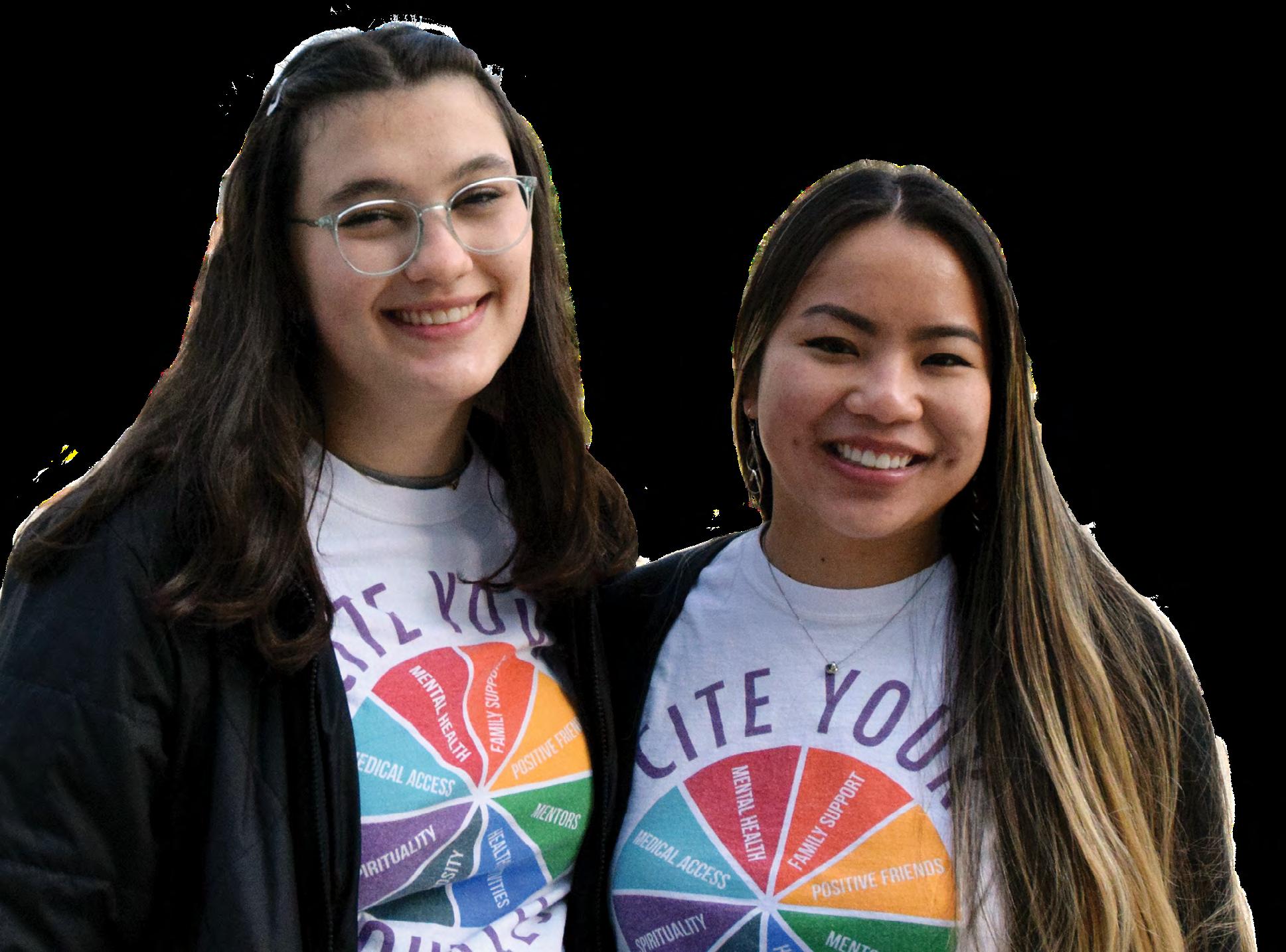
Angibaud, who became involved with Sources of Strength her freshman year, plans for a career in counseling psychology to put the preventative approaches she’s learned into further action. “So much about mental health awareness is focused on late-stage intervention,” the triple-major honors student said. “It’s so dangerous to wait until that time comes.”
College is often a time of newfound freedom. When the COVID-19 pandemic began, however, many students had to swap that autonomy for confined boxes on Zoom and socially distanced markers on the ground. COVID short-circuited what were once core pieces of the college experience.
Nationwide, the situation intensified already increasing rates of mental
health struggles. The U.S. Surgeon General sounded the alarm by issuing an advisory in December 2021, elevating youth mental health as a crisis in our country, noting the need for resources and attention on this matter as “dire.”
Since graduating from the UF College of Liberal Arts and Sciences, LISA SONTAG-PADILLA (Psychology PhD '09), behavioral and social scientist at the RAND Corporation, has done extensive research on student mental health in college settings. “Your mental wellness underpins everything — your ability to concentrate, build healthy social relationships, juggle multiple responsibilities,” she said. “All of these things are important as a student and as an adult in general. Now is the time to build that foundation.”
The changing times have spurred conversation in ways we’ve never seen before. And according to a recent national survey by the Healthy Minds Network, a mental health research organization, Gen Z is more willing to
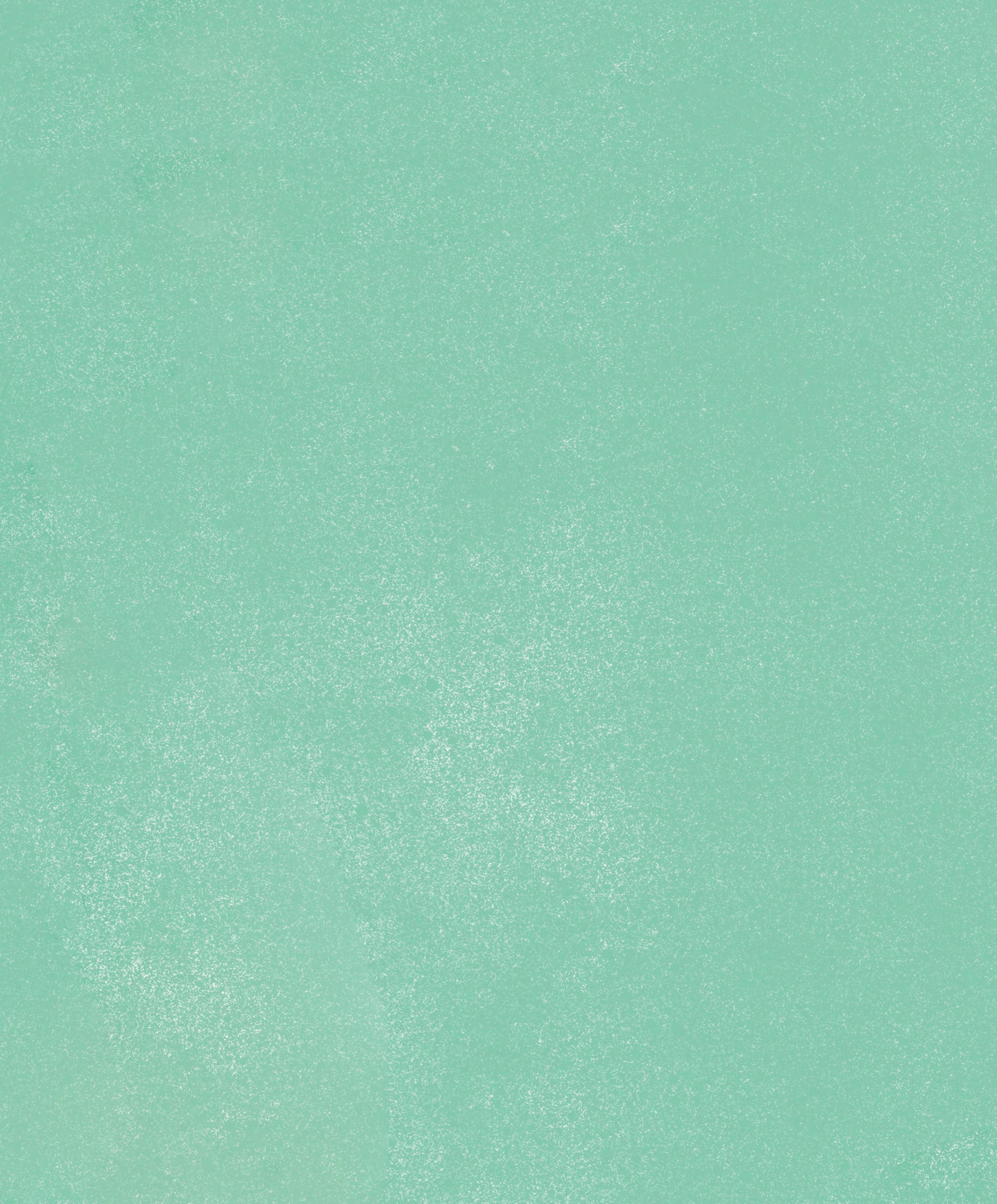
“From my experiences with a variety of institutions, I’m seeing an openness to talking about mental health and to feeling empowered to seek out help,” she said. “However, I think we’re still in the early phases of thinking about what prevention looks like and integrating it into our vocabulary — not waiting until things are in dire straits.”
When Simone Biles catapulted selfcare into the limelight during the Tokyo Olympic Games held in 2021, she shared a piece of crucial advice: “Put mental health first.” Going back to 2018, UF and college leaders have come together to try to do just that. A peerfocused program offered a possible key — who better to understand the needs of students than other students?
A superstar alumna joined the cause. KATHY FIELDS (Neurobiological Chemistry '79), co-creator of the Proactiv and Rodan + Fields skincare empire, provided significant support to the Department of Psychology to launch Sources of Strength at UF. A Sources of Strength Leadership course, approved for Fall 2018 and Spring 2019 terms, provided a platform to disseminate the program and provide training in prevention science.
After taking the course that fall, students built upon the momentum and established Sources of Strength as a student organization. “Students craved a sustainable program where they could continue their outreach to help other students build their resilience and understand the resources available to them — not just at UF and around Gainesville, but within themselves,”
JULIA GRABER, professor
and chair of the Department of Psychology.
Students Mailys Angibaud (left) and Delaney Phelps work to normalize mental health care by harnessing the power of peer social networks. Photo by Lauren Barnett.
From “Anthem” by Leonard Cohen
Graber serves as Sources of Strength’s faculty advisor. As an expert on young adult development, she provides guidance by offering her own insights as a researcher to inform the group’s initiatives.
Sources of Strength’s model itself is rooted in prevention science, featuring eight core protective factors: family support, positive friends, mentors, healthy activities, generosity, spirituality, mental health and physical health. Nationally, members of the group promote these key aspects of wellness, which can ultimately bolster mental health and lead to decreased suicidal ideation. The program evolved into the university landscape from a middle and high school model — so it’s intentional about not putting the pressure on students to try to “save” their classmates, instead encouraging them to act as helpful connectors.
As the Counseling and Wellness Center manages the ever-increasing demand for their services, the need to address situations before they escalate to crisis becomes even more critical.
“We’re trying to prevent selfdestructive thoughts or habits before they even begin to manifest in people’s lives,” fourth-year student DELANEY PHELPS said.
Phelps became the president of UF’s Sources of Strength chapter the semester that COVID hit. The group shifted gears to keep students connected after the pandemic sent them home, hosting virtual events.
But no matter the format, the group gives members freedom to brainstorm initiatives themselves.
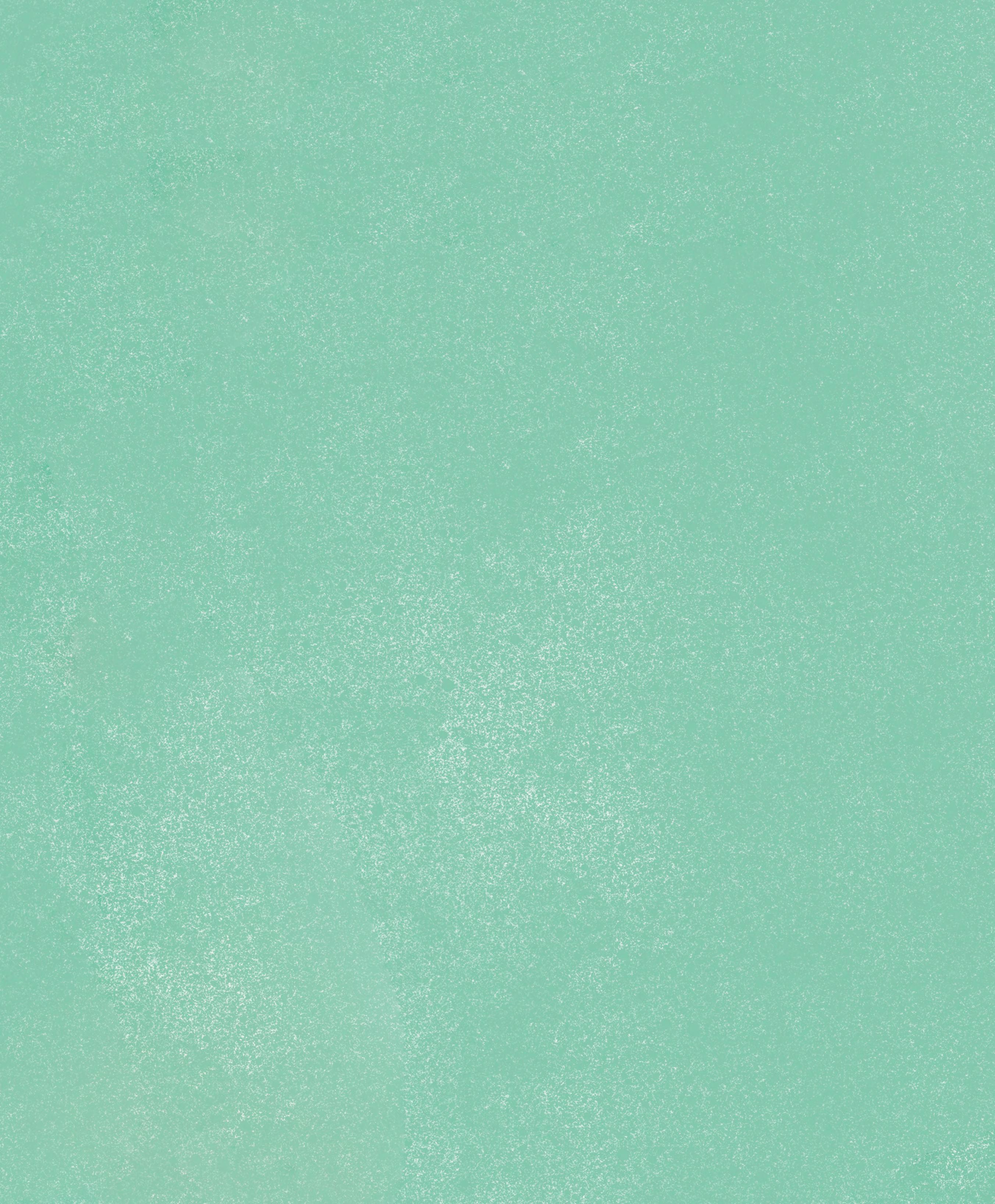
“The heart of our organization is student-led,” Phelps said. “We don’t want to be a group telling students what to do — we want to take what students feel and want and run with those ideas.”
AMERICA EL SHEIKH, the program’s graduate student coordinator, helped launch Sources of Strength at UF. She’s energized by the ways the students involved have grown into passionate mental health advocates. “They find engaging, creative ways to talk about mental health,” she said. “During the pandemic, we did this great pick-yourown-adventure virtual workshop where you could decide what you needed in the moment — guided meditation, journaling, a game of charades — and hosted breakout rooms for each activity.”
The group has worked to spread their message of optimism at tabling events and workshops. They’ve hosted guided painting sessions, led sunset yoga in the Plaza of the Americas and offered free hot chocolate in the winter months. “We table to spread our message, but also to help relax people and give them a fun activity to reduce stress. They may seem like small things, but they have the potential to make someone’s day,” Angibaud said.
A series of stickers with missives such as “What are you thankful for today?” have extended their reach.

their laptop or water bottle, there’s something positive reminding them — and those around them — that they have options for support,” Phelps said.
Campus climate matters. SontagPadilla, the behavioral and social scientist and alumna, stresses the importance of elevating the presence of entities on campus that prioritize student mental health. She says it’s key for UF to communicate to each student that “your mental well-being — not just whether or not you’re experiencing suicidal ideation, not just whether or not you’re on the brink of dropout — your mental well-being matters to us and we want you to know that.”
While administrators chart a path forward, students are acting to improve care and address culture gaps. Sources of Strength isn’t the only space for students to join the mental health conversation on campus: UF’s chapter of Active Minds also takes a peer-topeer approach to encourage others to seek help for mental health issues. The National Alliance on Mental Illness (NAMI) Gators club seeks to stomp out stigma with grassroots efforts to increase awareness.
Meanwhile, a new initiative is building on the momentum of the peer-to-peer model: Gator-2-Gator connects students individually with trained volunteer student ambassadors. And in summer 2020, the Counseling and Wellness Center expanded the conversation by launching a podcast
“There is a crack, a crack in everything That’s how the light gets in”
YTORI SPRING 2022 | 15
devoted to conversations around mental health and wellness. There’s even a student organization called Take a Break and Bake that uses group baking activities to promote positive mental health.
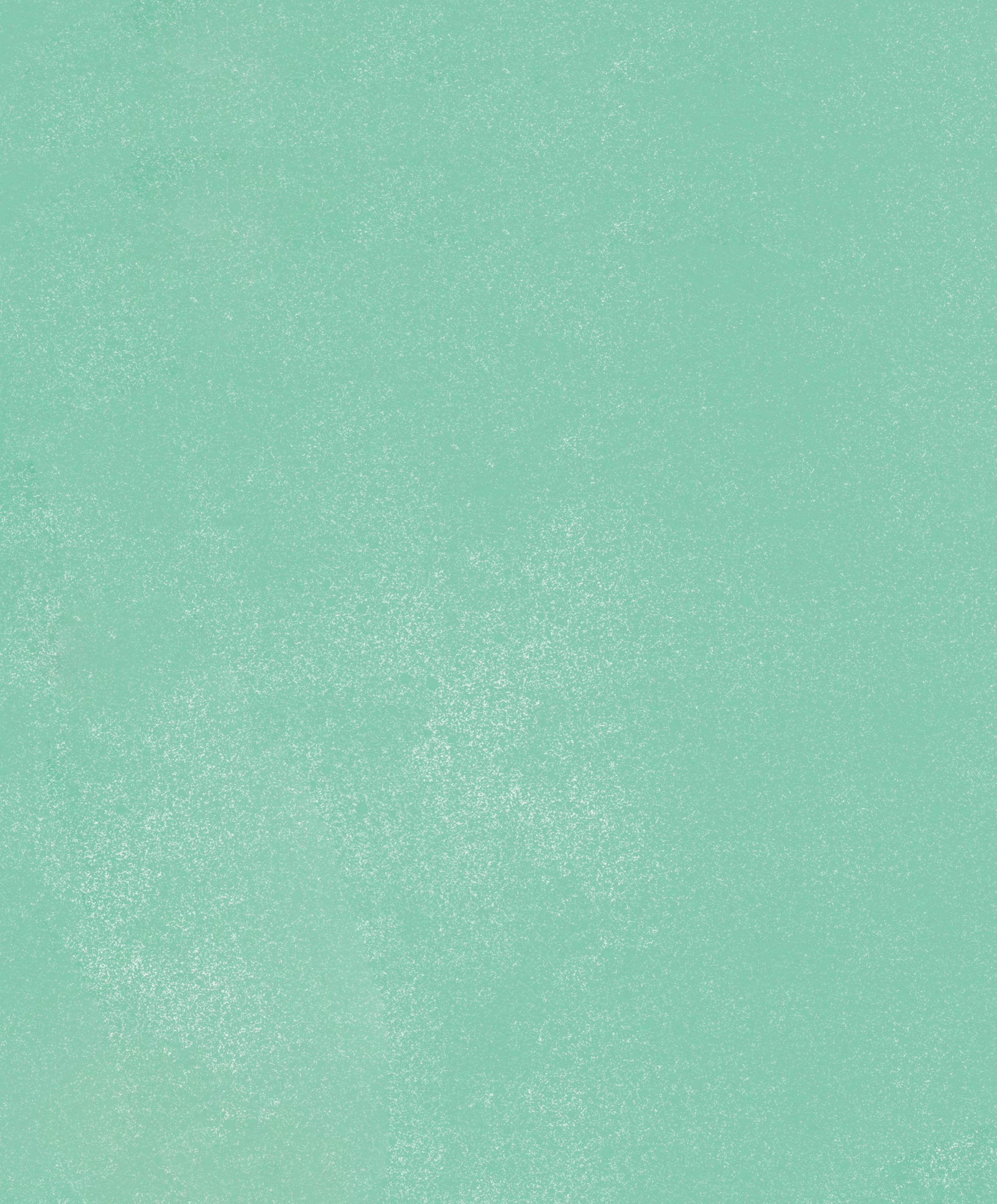
Recent research suggests that these peer-led efforts have already made a difference. In 2018, Sontag-Padilla led a RAND Corporation study to determine the impact of the Active Minds peer mental health organization, surveying students across 12 colleges and universities in California. The study, among the first of its kind, found that simply being familiar with Active Minds predicted reduced stigma and increased knowledge and positive attitudes about mental health. Additionally, as students became more involved with Active Minds, they were more likely to reach out to a classmate or friend who was struggling with a mental health issue. While Sontag-Padilla had expected to find that efforts of the peer organization were helping, she was floored by the results showing clear and distinct improvements in a single academic year.
“The fact that we were seeing these changes in one year, that was so exciting to see — it really supports and enforces what these groups are doing,” she said.
Sontag-Padilla hopes to see intentional conversations surrounding
mental health pick up steam across campuses nationwide. “We go to the doctor and get our annual screenings so that we don’t miss opportunities to catch risks to our physical health early on — mental health should be treated the same way,” she said.
Faculty are key to ensuring the climate on campus feels supportive. Graber, the psychology chair, is part of a group of faculty partnering across multiple colleges and offices to take an audit of every effort currently happening related to student mental health and well-being. Their hope is to identify gaps and then fill them.
“It’s hard to know in an environment this big — are you getting out to all the students who might have needs?” she said. “How do you know when someone’s lost in the shuffle?”
They hope to create an environment where every UF student develops a sense of belonging, without losing sight of the individuals. “The goal is to have a particular community group within UF that provides immediate support for each individual, tailored to their individual needs,” Graber said.
Sontag-Padilla encourages campus leaders to seize the moment by raising awareness, evaluating needs and investing in long-term solutions. “You can’t program your way out of this student mental health crisis,” she said. “Without this prevention piece, we’re
going to be in the exact same place for the next 10 to 15 years — something must change in that way of thinking.”
Sontag-Padilla is heartened by the work she’s seen emerging at UF to build a healthier and happier student body long-term. As a Gator herself, she understands the power in it. “There’s something special about UF, the identity that it creates for its students and what it means to be a Gator — you carry that with you,” Sontag-Padilla said. “The fact that UF is prioritizing this work and is willing to take a hard look at what’s been working and not working really shows how much the institution values student well-being.”
Bringing students to the table will be critical, she said. They offer firsthand expertise that should be central to the decision-making process. SontagPadilla also advises institutions to take a closer look at how mental health and wellness factor into student success. “It’s about creating a foundation for your students so they can thrive while they’re a student and beyond — not just making sure they graduate and go on to get a good job,” she said.
16 | COLLEGE OF LIBERAL ARTS AND SCIENCES NEWS.CLAS.UFL.EDU Seeking resources to enhance your mental or physical health or know someone who may need some support? CHECK OUT ON-CAMPUS AND OFF-CAMPUS RESOURCES COMPILED BY SOURCES OF STRENGTH. CLAS.UFL.EDU/MENTALHEALTH
PSYCH YOURSELF UP
Want to boost your own mental wellness?
Take a cue from Sources of Strength and focus on these key protective factors.
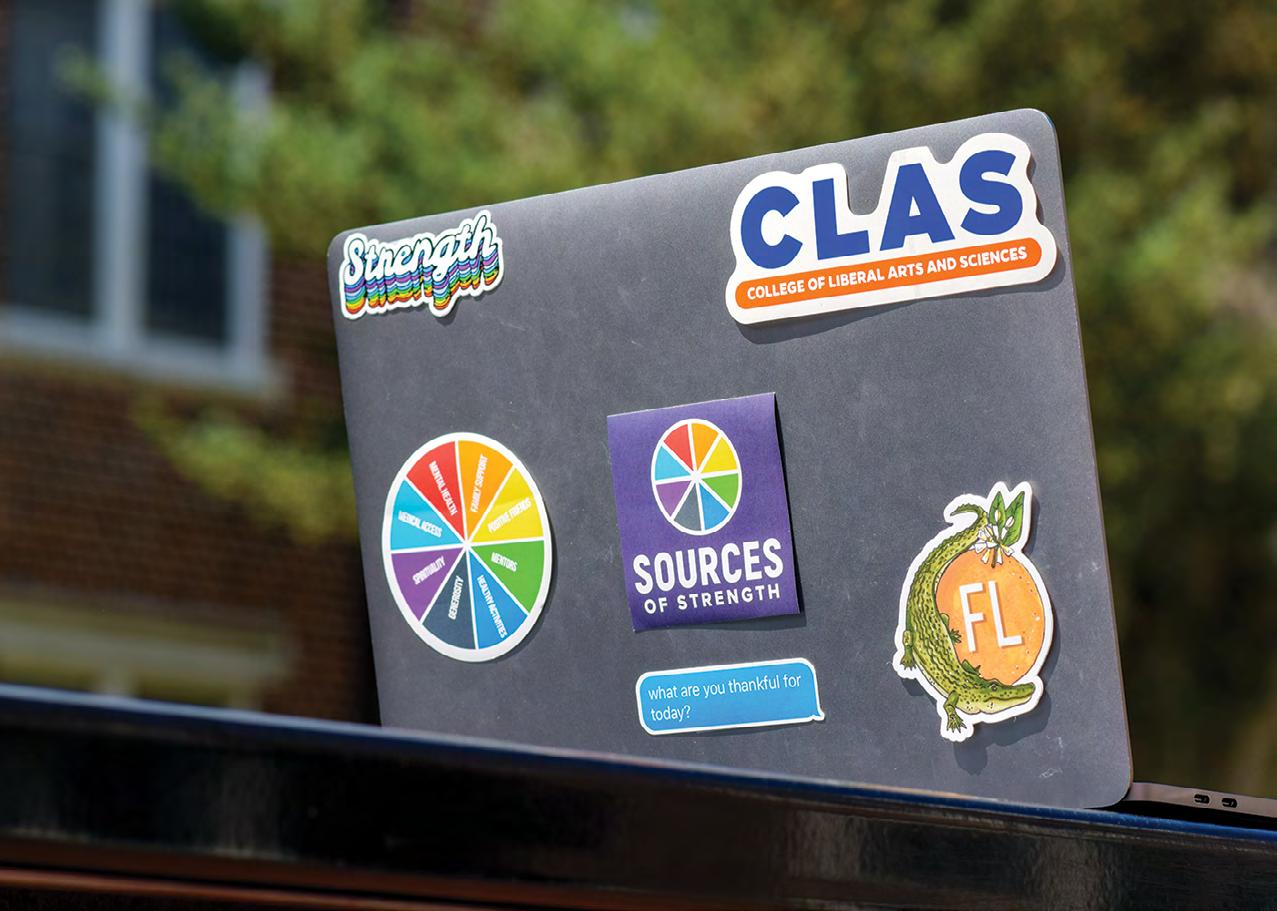

GENEROSITY

Helping others helps you, too. Volunteer for a good cause or commit a random act of kindness.
FAMILY SUPPORT
Whether it’s the family you were born into or the one you’ve chosen, spend time with those closest to you.
HEALTHY ACTIVITIES
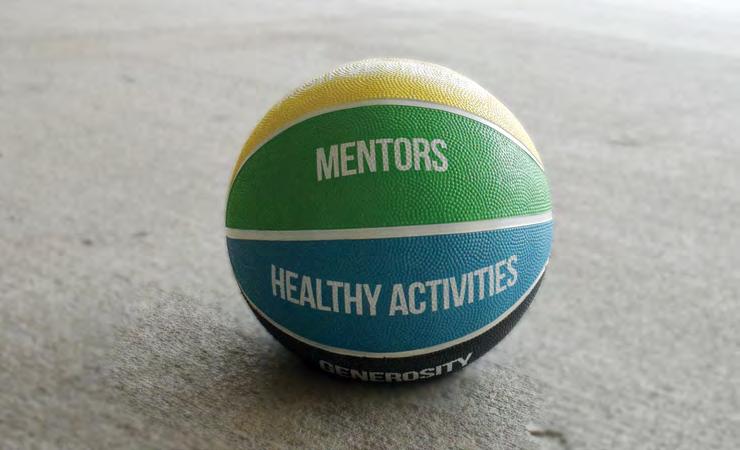
Embrace any activity that reduces your stress and gives you joy — from playing sports to cooking.
POSITIVE FRIENDS
Seek out those who move you forward in a positive direction and cheer you on.
MENTAL HEALTH
If you’re struggling with depression, anxiety or anger, don’t suffer in silence. Speak up!
SPIRITUALITY
For some it’s religion, for others it’s a connection to nature. Mindfulness practices can help you make sense of your life experiences and feel a higher sense of purpose.
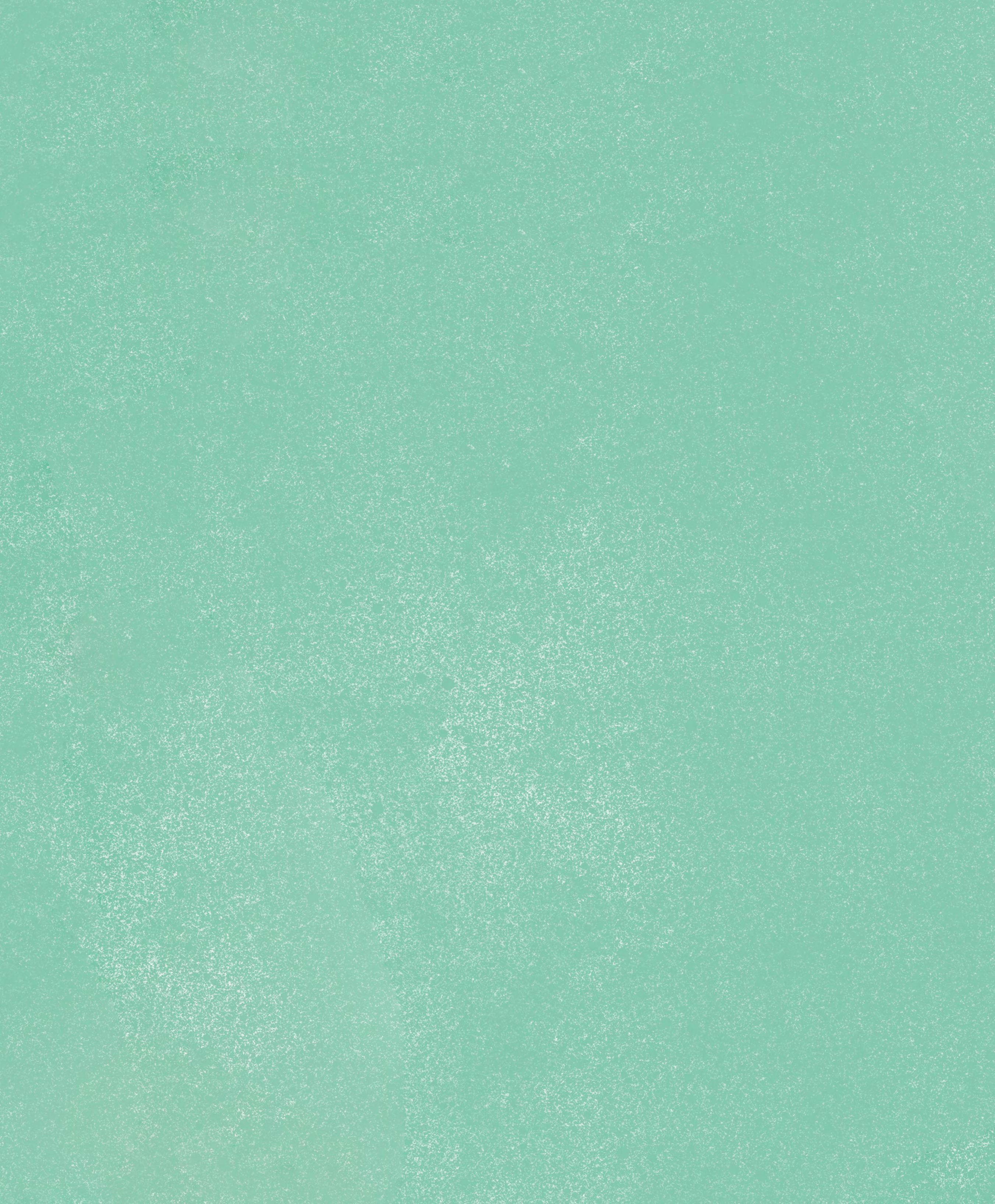
PHYSICAL HEALTH
Take care of your body by prioritizing sleep, exercising regularly and focusing on mindful eating.
MENTORS
Touch base with those you look up to for guidance and encouragement.
“We focus on what gives people strength and how we can help people grow in these strengths to become even stronger — looking at what people have going for them instead of what’s wrong.”
— Mailys Angibaud
place to spread hope. Stickers are used as tools to circulate supportive messages to students across campus. Photo by Michel Thomas.
Kintsugi Plate: © Valedi/Adobe Stock. Green Background with Gold: © Julia/Adobe Stock.
| 17
Left: Brain, Language, and Bilingualism Lab researchers. Clockwise from top left: Undergraduate Reinaldo Cabrera Pérez, PhD student Cesar Rosales, linguistics professor Eleonora Rossi, PhD student Megan Nakamura, undergraduate Armaan Kalkat, and PhD students Yihan Chen and Zoe Cheung.

Below: Reinaldo Cabrera Pérez takes a selfie while wearing an electroencephalography (EEG) cap.
Watch Your Language
By Samantha Bailon
Psycholinguists are revealing how the brain makes language possible — and expanding inclusivity in the process
The act of learning something new is among the experiences that define us as humans. The process releases the chemical dopamine into the brain, causing a rush of excitement that builds an emotional attachment between a person and what they’re learning. Rarely is this connection more powerful than when a child first begins to learn language.
Among the folds of offices in Turlington Hall is a small lab built to understand exactly that phenomenon. The Brain, Language, and Bilingualism Lab (BLaB) was founded by linguistics professors ELEONORA ROSSI and EDITH KAAN in mid-2019 to address a daunting question: How does the brain make language possible?
For Rossi, interest in multilingualism came early. Growing up in a small town in Northern Italy, she learned to speak both Italian and German. By the age of 15, she had added English, French, Dutch and even some Latin to her repertoire.
Now, as an assistant professor of linguistics, she understands how complex the task of learning a multitude of languages is for the brain. And each person carries unique traits in their brain plasticity that affect the process.
Studying both monolingual and bilingual speakers, the BLaB’s team works to comprehend where these differences lie. Their research examines questions that include how
age plays a role in language learning and how certain environments affect the brain’s understanding of a region’s dominant language. In the process, the researchers hope to counter the idea that people who speak multiple languages or speak certain languages are more mentally adept than others.
The human brain is always buzzing. Brain cells constantly communicate with one another by passing electrical impulses back and forth — even when we’re asleep. When research subjects come to BLaB, they answer a series of questions before making their way into a soundproof room. Here, they put on an electroencephalography (EEG) cap, a white swim cap dotted with green and yellow electrode openings.

DISCOVER 18 | COLLEGE OF LIBERAL ARTS AND SCIENCES NEWS.CLAS.UFL.EDU
The participants will then continue answering questions while their spontaneous electrical brain activity is being recorded in the neighboring room. The EEG cap captures the brain cells’ conversations and measures the electrical charges produced by the participant’s brain, translating them onto a screen of wavelengths. Researchers can analyze the signal and capture changes in the electrical activity, illustrating a participant’s grasp of certain concepts presented by the researchers. The EEG cap’s wires literally connect the subjects to the world of linguistics studies.
With the launch of BLaB, Rossi and Kaan aim to approach the field of psycholinguistics with inclusivity through voices on the team that expand social and cultural perspectives.
Undergraduate students REINALDO CABRERA PÉREZ and ARMAAN KALKAT have worked together on the BLaB’s team to research how the brain interacts with a language in different contexts: for instance, the mental switch a bilingual speaker makes when interacting with different social groups. Kalkat, whose parents are from India and speak Hindi and Bengali, wanted to address the difference between heritage speakers and non-heritage speakers, exploring how their environments play a role in their brain’s engagement to their native language.
“A lot of times, heritage speakers lose their native language, and in America it becomes like English is dominant for everything,” said Kalkat, a linguistics and psychology major. He was drawn to linguistics to explore how a person could understand two languages but not speak either of them.
Cabrera Pérez, a linguistics and Russian studies major, joined Rossi’s team in 2021 to further his curiosity about his own relationship with the languages of Spanish and English. As someone who has struggled to come to terms with his identity as a bilingual speaker, he hopes his research can start a conversation about accepting other people’s different languages and comprehension.
“I think we have to make [our research] a bit more personal. I learned English when I was 16,” Cabrera Pérez said. “The work here really helps to destigmatize second-language acquisition, and just learning one [language] doesn’t make you any less proficient.”
For more info, visit clas.ufl.edu/blab
The EEG caps used in the lab measure the electrical charges produced by the participants’ brains.

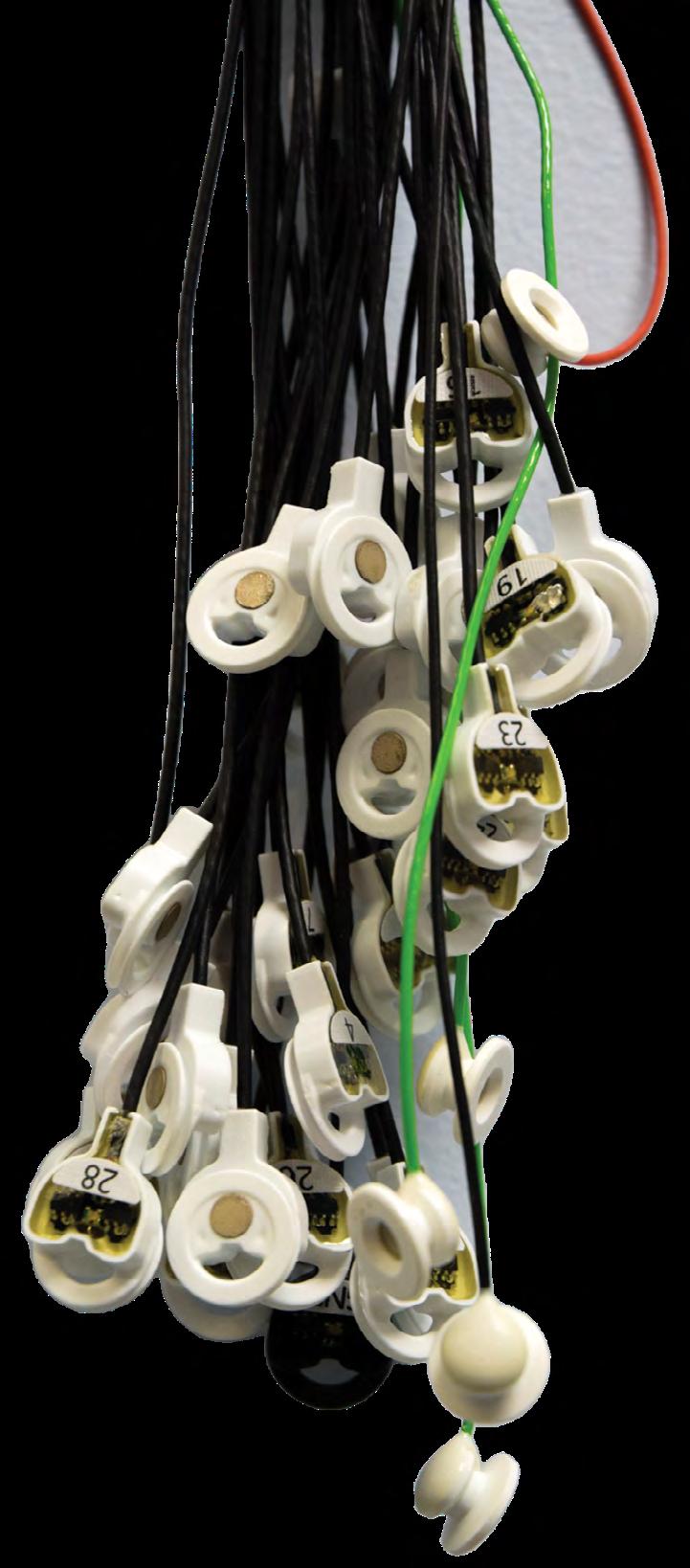
YTORI SPRING 2022 | 19
The Human Brain is always Buzzing
Photos by Michel Thomas.
Exercising
THE
Mind
By Andrew Doerfler
A few months into his freshman year at the University of Florida in 1969, FRED “RUSTY” GAGE got onto a bus and ran into a childhood friend. The chance encounter was a surprise: The two had last seen each other over 4,000 miles away. Gage spent his youth in Europe, moving with his family among a few different cities before eventually attending high school in Rome, Italy. He had known
his fellow bus rider, now also a student at UF, in Frankfurt, Germany.
As the two caught up, the friend mentioned to Gage that he’d been offered a student job in the lab of the neuroscientist
ROBERT ISAACSON, a professor in the Department of Psychology. But he wasn’t able to accept the job — Isaacson would need someone else for the summer.
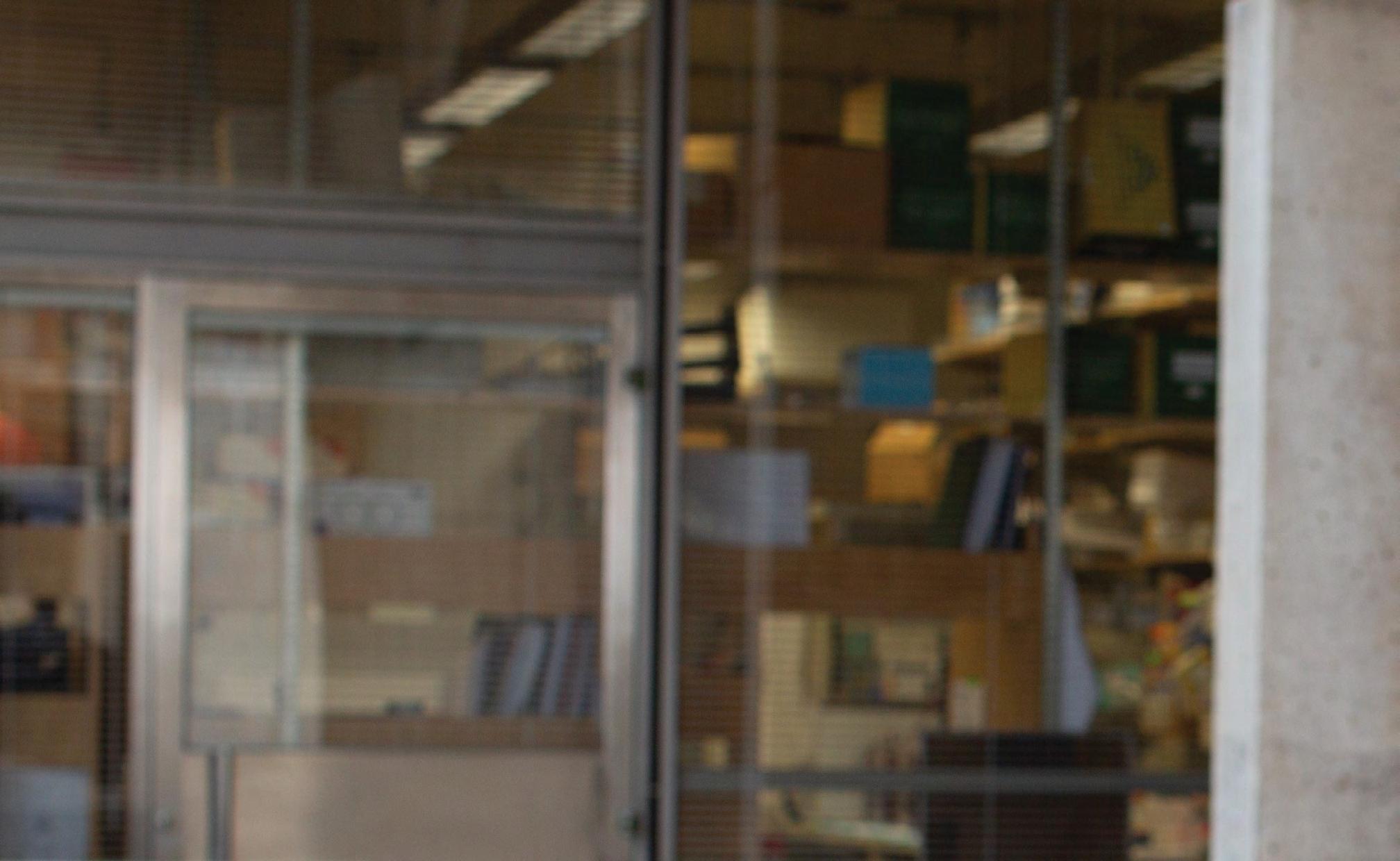
DISCOVER 20 | COLLEGE OF LIBERAL ARTS AND SCIENCES NEWS.CLAS.UFL.EDU
DECADES AFTER DISCOVERING THE BENEFITS OF PHYSICAL ACTIVITY TO BRAIN HEALTH, ALUMNUS FRED “RUSTY” GAGE REMAINS FASCINATED WITH HIS RESEARCH
The prospect piqued Gage’s interest. His older sister SUZANNE GAGE
BRAINARD, a developmental psychologist who also attended UF, had long encouraged him to consider the field, sending him books and papers that might intrigue him. Besides, working in the lab of one of the university’s most respected researchers seemed as good a way to spend his summer as any.
Such moments of serendipity — and his willingness to embrace them — have meant everything for Gage (Psychology '72). The job in the Isaacson Lab, which extended past that summer through the rest of his time at UF, put him on the path to becoming one of the country’s most prominent neuroscientists. Today, Gage is president, professor and Vi and John Adler Chair for
Research on Age-Related Neurodegenerative Disease at the Salk Institute for Biological Studies, the prestigious biomedical research hub, founded by the creator of the polio vaccine in La Jolla, a neighborhood of San Diego.
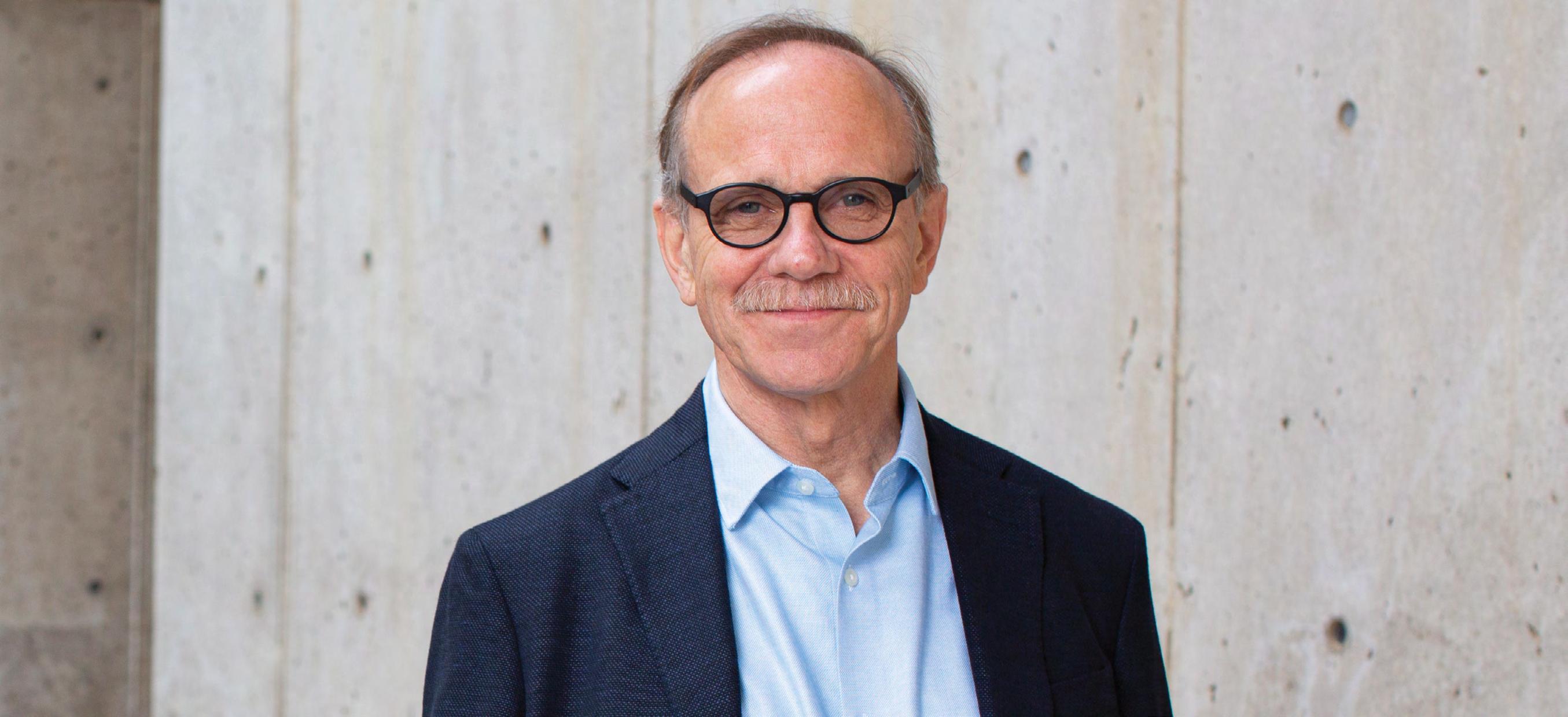
Now 71 years old, Gage rose to fame in the 1990s on the strength of a discovery that upended common understanding about the human brain. Researchers
had long believed that the brain stops producing new cells at a certain point in a person’s life. Gage and his collaborators found that physical activity, particularly running, stimulates the creation of new neurons in the hippocampus, boosting the brain’s power.
In the decades since, Gage and his protégés have found that factors such as environmental enrichment (regularly being exposed to
YTORI SPRING 2022 | 21
Photo of Fred “Rusty” Gage courtesy of the Salk Institute.
new things) and a healthy diet can have a similar effect.
His groundbreaking accomplishments may suggest a single-minded focus on his field from early on. But Gage has long been guided chiefly by his own curiosity, wherever it happened to take him.
“I could have chosen different areas of science and have been just as happy. It’s about the discovery,” Gage said. “It’s learning about things that nobody else knows about: answering questions, and getting close to answering questions that are intrinsically interesting.
“My plan was always to do this as long as it was fun,” he said. “So far, it’s been fun.”
He has taken detours along the way: Before his breakthroughs in neuroscience, he spent his time as a Fulbright Scholar working under a histologist in Lund, Sweden, studying the structure of tissues. Further afield was a stint as a professional kickboxer — an apt diversion for the man who would later identify the importance of exercise to brain health.
The multifaceted life Gage has led, though, was almost entirely derailed by a traumatic event during his time at UF. A few years into
his undergraduate career, things were going well. He had gotten comfortable in the Isaacson Lab, contributing to a project focused on collecting electrophysiological recordings of animals with epilepsy. He was also spending part of his time at Shands Hospital working with Frederick King, who would later become the founding chair of the UF Department of Neuroscience.
Gage’s routine commute between those two jobs would prove fateful: One day, in a freak accident in a parking lot, he was crushed between two cars. After being rushed to the hospital, he learned that the collision had broken his pelvis, leaving him bedridden. Gage was lucky to be alive. The injury, which threatened to end both his academic and athletic pursuits, turned out to be formative.
“There were several people who I thought were good friends of mine who never showed up after I got injured,” he said. “But the people who did show up were my science buddies.” As he rehabilitated and learned to walk again, graduate students and postdoctoral researchers from the Isaacson Lab would
frequently visit to tutor him, share lab assignments, and keep him connected with the research.
“I was so embraced by this lab. … It was like a little family,” he said. “I really felt at that point what it felt like to be in the scientific community.”
Despite the setback, he would graduate early and go on to attend Johns Hopkins University for graduate school, working under a former student of Isaacson’s. As Gage’s career progressed, he never forgot how much it meant to receive active support and encouragement during his time of greatest need. Today at the Salk Institute, he continues to emphasize mentorship for the rising research stars in his lab. Each newcomer is connected with a senior researcher to provide guidance and insight. “You work together to make the lab not just about the science, but about the people,” he said.
All the while, he’s maintained a fascination with the work itself. And the liberal arts and sciences education he received at UF has been key to staying so engaged. “It makes the whole learning experience a little more interesting if you can
DISCOVER 22 | COLLEGE OF LIBERAL ARTS AND SCIENCES NEWS.CLAS.UFL.EDU
“You work together to make the lab not just about the science, but about the people…”
integrate between disciplines,” he said. “Neuroscience by its very nature is an interdisciplinary science. I think the breadth of my knowledge, as it grew, gave me an opportunity to interact with people from more and more varied backgrounds.”
Today, his duties leading the Salk Institute as its president keep him out of the lab more than he might like. But he is still finding new topics to explore. Most recently, Gage has led a team of 10 Salk faculty members studying age-related neurodegenerative diseases such as Alzheimer’s disease. They’re looking at why and how these diseases impair the body’s ability to repair DNA.
“Every day from the time you’re born, every cell in your body undergoes 10,000 DNA-damaging events,” Gage explained. “And you have about 500 or 600 proteins in the nucleus that are busy repairing every one of those.”
The repair process, the researchers found, is concentrated on a very narrow section of the human
genome associated with the cell’s identity, which defines, for example, what makes a neuron a neuron.
“It’s as if evolution has selected for repairing who you are, so you can retain your own identity,” he said. But with the onset of age-related neurodegenerative diseases, the repair process slows and those neurons break down at a much quicker pace. “They begin to lose their identity of who they are at a cellular level, which mirrors what happens at a cognitive level: Alzheimer’s patients lose a sense of who they are, and how you are related to them,” Gage said.
The research has the potential to lead to breakthroughs in the treatment of Alzheimer’s and other similar conditions. Perhaps just as important for Gage, the work passes the litmus test he set for himself as a researcher.
“I’m having as much fun in the lab as I’ve ever had,” he said.
courtesy of the Salk Institute. Book Image: © Елена Мартынова /Adobe Stock.
INTERDISCIPLINARY INSPIRATION
Gage finds constant inspiration from other fields. Want to broaden your own horizons? Here’s what he recommends.
Pick Up a Mind-Expanding Book
Gage was enraptured from an early age by the writing of Isaac Asimov. Though most widely known for science fiction works such as I, Robot, Asimov was also a professor of biochemistry who wrote a number of nonfiction books covering a range of scientific and mathematic topics. “He wrote in this wonderful style,” Gage said. “And I began enjoying reading about science in new areas that I didn’t really quite get or hadn’t been exposed to.”
One of Gage’s other heroes is the late E.O. Wilson, whose 1998 book Consilience: The Unity of Knowledge outlines ways to bring together science and the humanities. “They’re not in opposition — they’re rewarding to each other,” Gage said.
Marry Someone Who Challenges You
Lynn
of
Gage’s wife, MARY LYNN GAGE '72, studied history at the University of Florida, and the two would often debate the relevance of their respective majors. “Why would I want to learn anything about history? I want to think about the future,” Gage recalls saying. Eventually he realized the value of placing his work in a historical context — and his wife became a science writer and editor. “We both learned from each other the importance of broad-based knowledge,” Gage said.

YTORI SPRING 2022 | 23
“It’s learning about things that nobody else knows about: answering questions, and getting close to answering questions that are intrinsically interesting.”
Photo
Mary
Gage
Small Talk
Differing cell responses to external stimuli can have dire consequences. For instance, certain cancer drugs use signaling networks to instruct tumors to die. “Because there is heterogeny in the response of individual cells to this external input, some cells may not die,” Dixit said. “And that’s not good for us — it’s good for the tumor, but not
By Lauren Barnett
and ears’ of the cells that allow them
resistance.
Scientists have a general idea about why some cells thwart the messages sent to them. Some fluctuations boil down to a concept of randomness known as “stochasticity.” Additionally, the number of molecules in each cell can vary, even between genetically identical cells. If you think of these networks of cellular interactions as complex circuits, this variation impacts



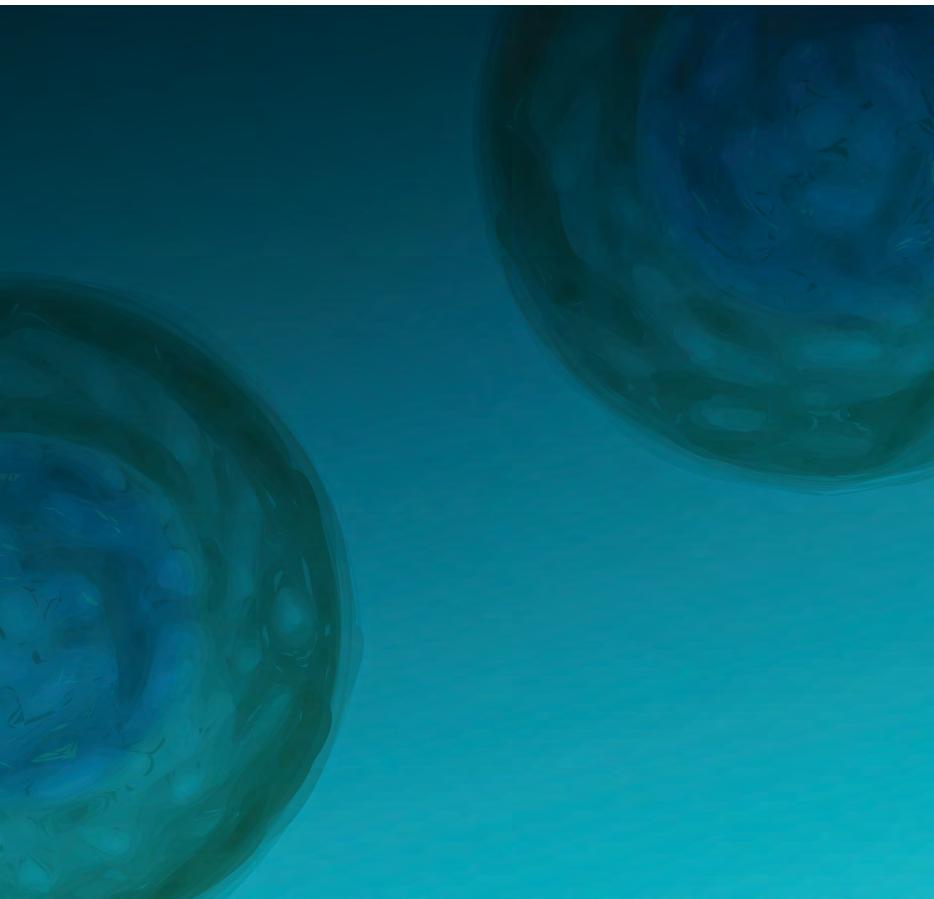
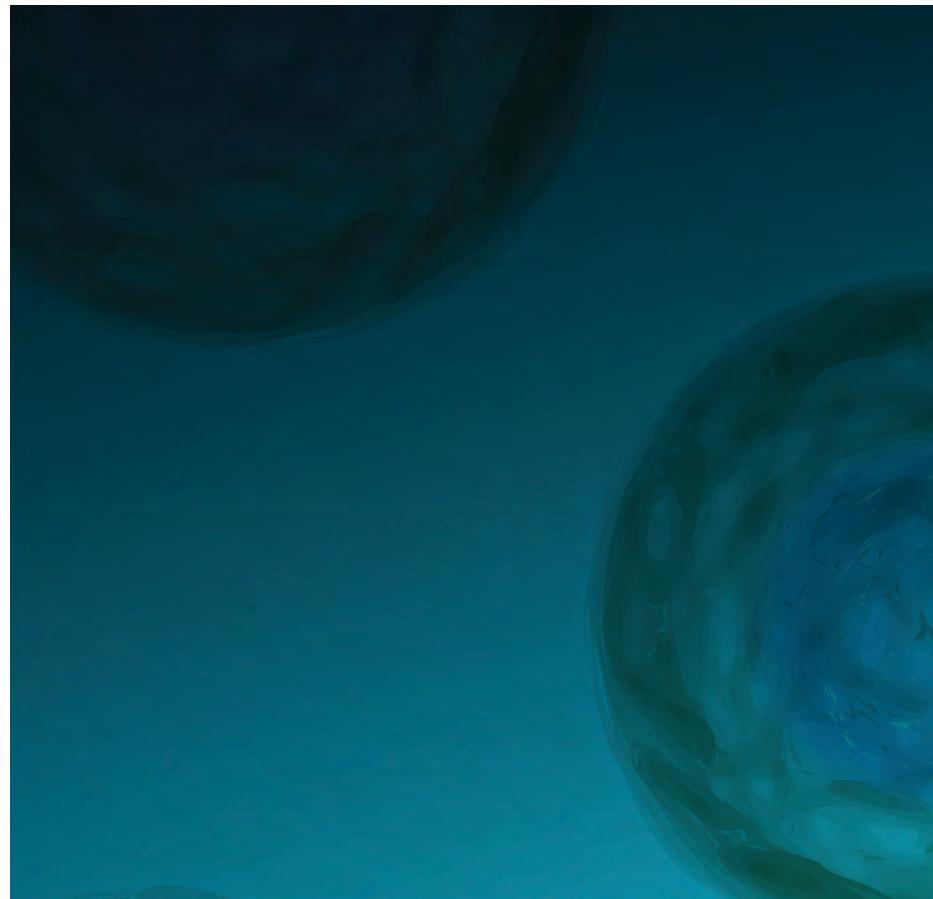





USING ARTIFICIAL INTELLIGENCE, A BIOPHYSICIST DECODES CELLULAR COMMUNICATION TO IMPROVE TREATMENT OF COMPLEX DISEASES
“ONE CAN THINK OF IT AS USING SLIGHTLY DIFFERENT HARDWARE TO UNDERSTAND WHAT’S HAPPENING IN THEIR ENVIRONMENT.”
He’s excited about the ability to analyze an abundant amount of data quickly and efficiently. While he’s using brand-new AI technologies to advance his research, Dixit stresses that he will not lose sight of the past. “Our goal is to integrate some of the biochemical knowledge gained over the past 50-100 years to build more specific machine learning methods tailored for this type of biological data,” he said.
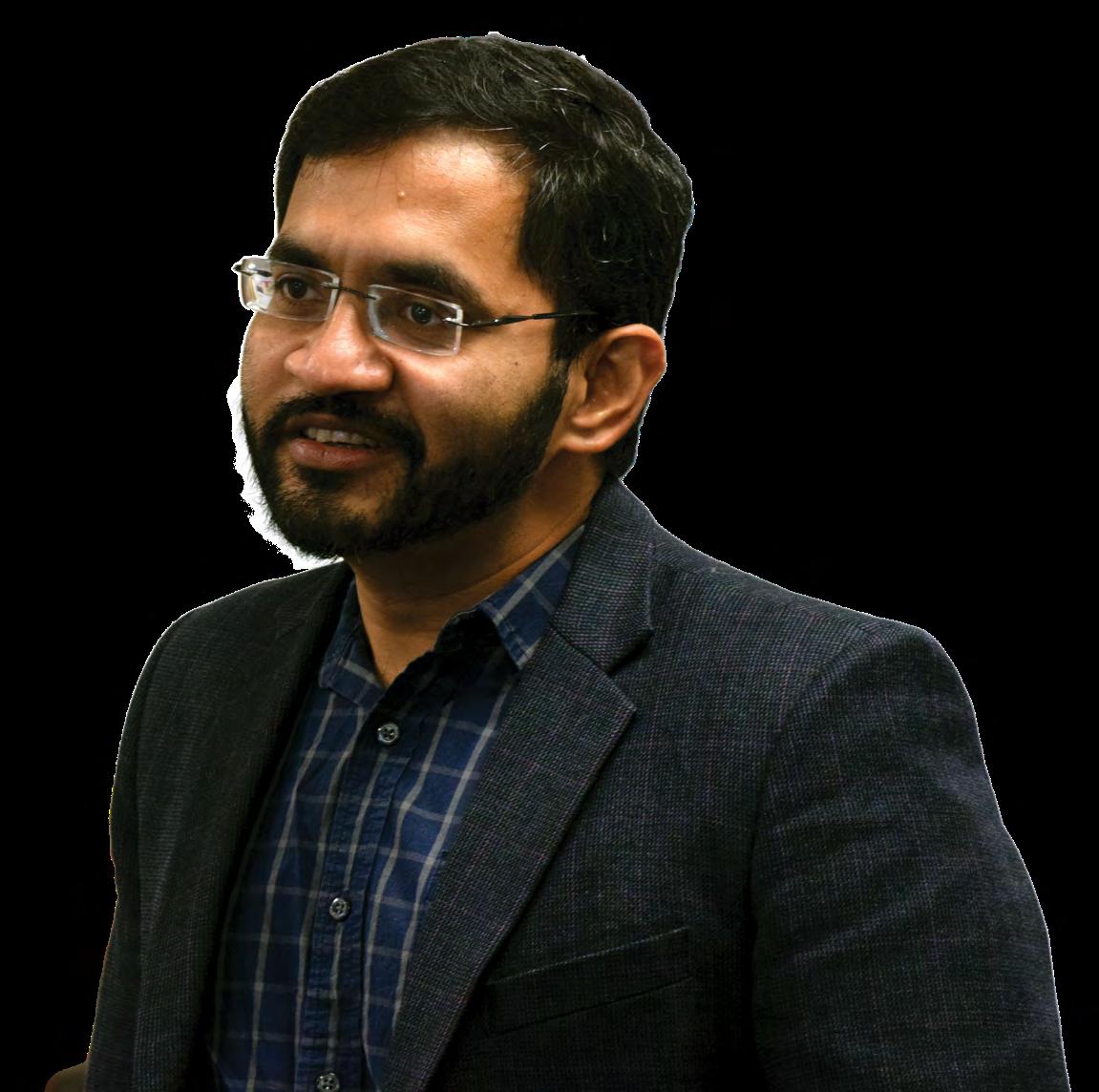
Dixit, who joined UF’s Department of Physics in January 2020, was drawn to the department’s renewed focus on establishing and expanding the scope of biological physics. “To be present in the significant growth of biophysics in our department, compared to joining a department with a well-established presence, was quite attractive to me,” he said. The physics department has recently hired several other faculty members focused on biophysics.
Dixit’s research takes an ambitious step toward enabling scientists to design more effective therapies to combat the diseases that ail humanity. “Whenever there is a response by cells that is heterogeneous to the population, it is of interest to understand the mechanistic origin of it,” Dixit said.
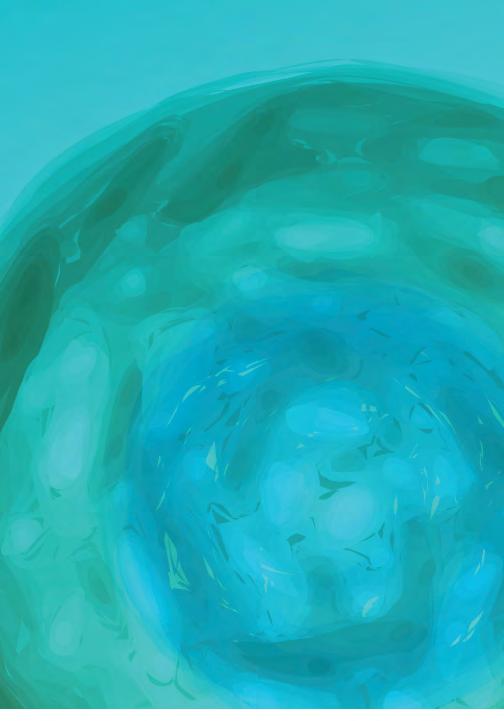










































































LEARN MORE...










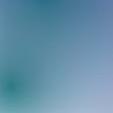
about Dixit’s Laboratory of Computational Biophysics, its research and the students and postdoctoral scientists who comprise the research team. clas.ufl.edu/dixit

Illustration: © Leonid/Adobe Stock. © Sergii Syzonenko/Adobe Stock
Purushottam Dixit. Photo by Michel Thomas.
“S IGNALING NETWORKS ARE THE ‘EYES AND EARS’ OF THE CELLS THAT ALLOW THEM TO INTERPRET WHAT’S HAPPENING IN THEIR ENVIRONMENT…”
— Purushottam Dixit
Hope Delivering
By Samantha Bailon
ADRIENNE STRONG’S AWARD-WINNING BOOK REVEALS THE CHALLENGES FACED IN TANZANIA’S MATERNITY WARDS — AND HELPS BRING LIFE BACK TO THEM
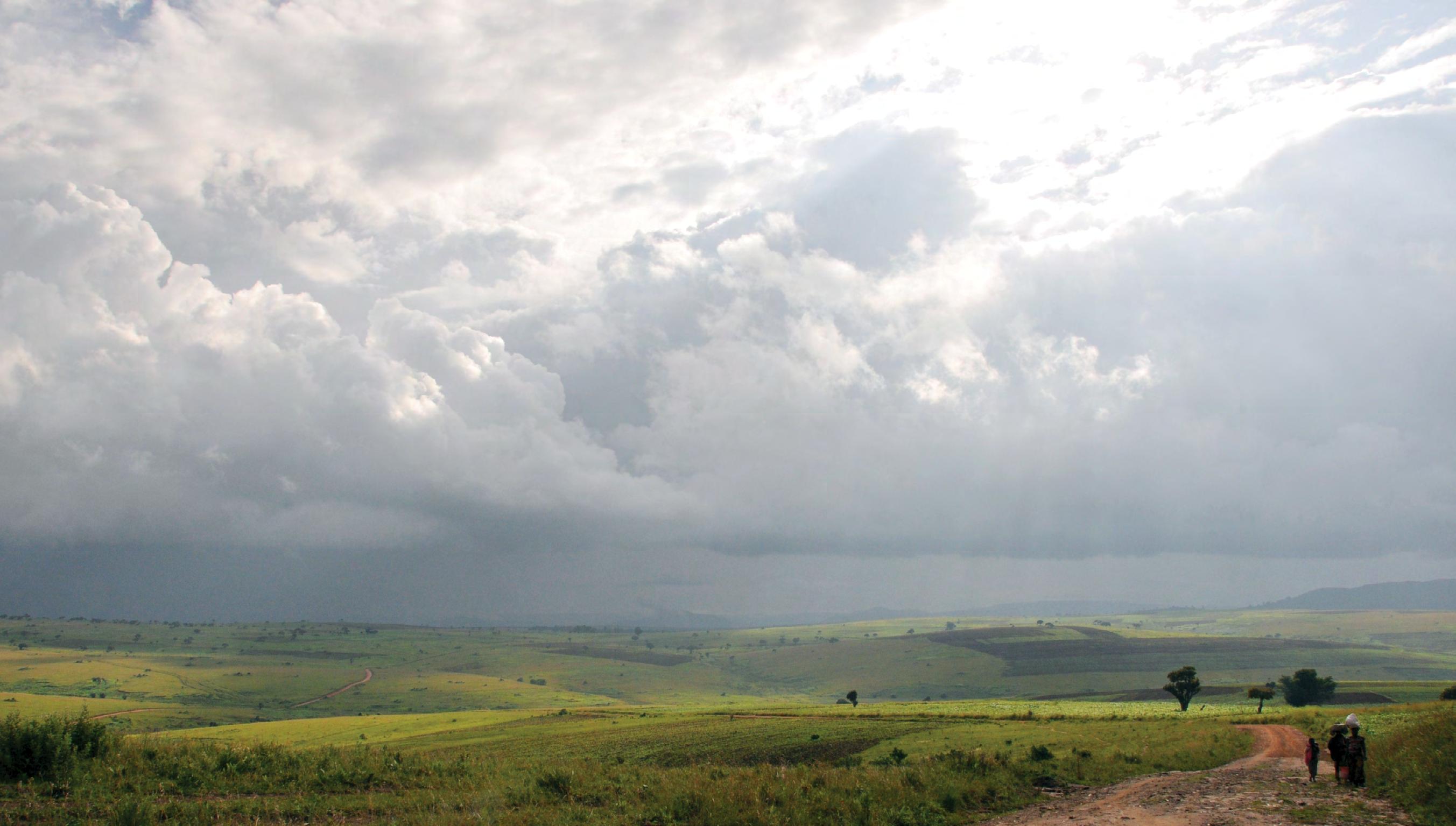
Tucked between the blue corridors of Mawingu Regional Hospital, in the town of Sumbawanga, Tanzania, is a maternity ward. Some days, as time slowly passes by, nurses can be seen idly finding tasks to do after their morning huddle. Other days, it can feel as if there is an infinite amount of work to be done and patients to help — and never nearly enough staff on hand.
In the midst of all this, through annual trips starting in 2012, was ADRIENNE STRONG, who is today an assistant professor in the Department of Anthropology. Her purpose was to figure out what was causing the unusually high figures in maternal deaths reported in Tanzania’s federal “Demographic and Health Survey” in 2010. As a guest, she came with the intention to observe. But she would quickly learn about the ward’s challenges firsthand, as she recounts in the book Documenting Death: Maternal Mortality and the Ethics of Care in Tanzania
“Listen: If you’re going to be here, you need to help out,” Gire*, a senior nurse-midwife, told her.
“I don’t know how to do anything,” Strong replied. “Well, I’m going to teach you and then you will know,” Gire said.
26 | COLLEGE OF LIBERAL ARTS AND SCIENCES NEWS.CLAS.UFL.EDU
dunia mama bila
THE WORLD IS NOT THE WORLD WITHOUT MOTHERS
In Documenting Death, Strong untangles the daily problems and care practices that patients and health care workers managed in Mawingu Regional Hospital’s maternity ward.

Through an ethnographic account of maternal deaths, Strong illustrates the challenges that arise in a low-resource setting and the implications they have for patients, their families and health care workers.
For the book, Strong received the 2021 Eileen Basker Memorial Prize, awarded by the Society for Medical Anthropology for work determined to
be the most “courageous, significant, and potentially influential” in the field. The work also earned an honorable mention for the interdisciplinary ReproNetwork’s Adele E. Clarke Book Award for 2021.
Since her time at the hospital, Strong has already seen improvements to the situation her book describes. Through a national effort, they have updated their medical records system to a digital platform, and the employees for the first time have a wider grasp of their own workplace beyond what they can see in a shift.
All photos courtesy of Adrienne Strong. Left: A group walks along the Ufipa Plateau in Rukwa, Tanzania, as the sun breaks through clouds overhead. Above: A happy mother and her newborn at Mawingu Regional Hospital’s maternity ward. “Dunia si dunia bila mama” (“The world is not the world without mothers” in Swahili) appears on a Kanga fabric on the cover of Adrienne Strong’s book, Documenting Death
YTORI SPRING 2022 | 27
This is what Strong began working toward in 2007, when she first visited Tanzania as an undergraduate while attending The Ohio State University. Over the course of several trips, she decided to focus on learning Swahili to better communicate with people related to her newfound research interests in maternal health. While working on her dissertation for her joint PhD from Washington University in St. Louis and the Universiteit van Amsterdam, she decided to focus on maternal death in hospitals, eventually translating and trimming her research on maternal health care into what would become her first book, Documenting Death.
When she first realized she wanted to study maternal health in a new region, Rukwa, in southwest Tanzania, Strong quickly needed to get a hospital to first agree to work with her. Luckily, a friend in the Singida region, the site of Strong’s earlier research in Tanzania, had a sister who worked as a nurse at Mawingu Regional Hospital.
“Coming in and saying you want to study maternal deaths that are happening in a hospital, where they’re supposed to be saving people, is a really sensitive topic because people think you’re going to blame them,” Strong said. “That genuinely was never my intention. It was to understand how
the structures of their health care system were preventing them from fully utilizing the skills and knowledge they had.”
Throughout the book, Strong adamantly stresses the importance of understanding how the system fails both the patients and health care workers.
The extent of the problem can be difficult to comprehend for those in the United States: The ratio of maternal deaths to live births here is 20.1 per 100,000, as reported by the CDC in 2019. In Tanzania, according to the World Health Organization, this ratio is 578 per 100,000. There is a lack of resources and support not only for the patients, but for the workers of the hospital who are forced to make do knowing that if they had more assistance, they could change those numbers.
While observing the hospital, Strong was struck by the profound humanity of the workers as they navigated challenges. “At those moments of negotiation between their needs and those of the patients, they entered into complicated, but sometimes instantaneous, calculations of care,” Strong writes. “Caught in this system, they worked to provide pregnant
women with care that was good enough, while also maintaining some semblance of lives for themselves.”
Strong offers short narratives throughout her book providing insight into the lives of the patients who checked into Mawingu Regional Hospital. In the prologue, readers meet Paulina, a young healthy mom of three in good financial status who came to the ward for a standard cesarean delivery, or C-section. Paulina would be deemed the perfect patient, a “veteran” to the process, someone the nurses wouldn’t have to worry about. Her visit should have been as complicated as a game of rock, paper, scissors. Paper beats rock; and a healthy, young mom gets to take her newborn home.
But after more than five hours in the operating room for her C-section, an unsettling feeling took over. Something was wrong — Paulina was hemorrhaging. Because of an insufficient supply of blood and cauterizing equipment and the absence of specialized doctors, Paulina would not make it home that day.
Her newborn daughter would wait at the hospital for a family member to come find her while her mother would unfortunately become one of 34 maternal deaths that occurred at Mawingu Regional Hospital between 2014 and 2015 while Strong was there.
Paulina’s story stuck with Strong because it was the only time the nurses openly expressed their shock and dismay over an unpredictable complication. It raised the questions: Did the nurses realize that the hospital’s maternal mortality ratio (MMR) had been increasing in the past several years? And had they become numb to such tragedy? She would discover the medical staff
Left: A nurse-midwife prepares equipment for a birth. Above: Newborns delivered through cesarean section lie under warmers that are used to prevent the risk of hypothermia.

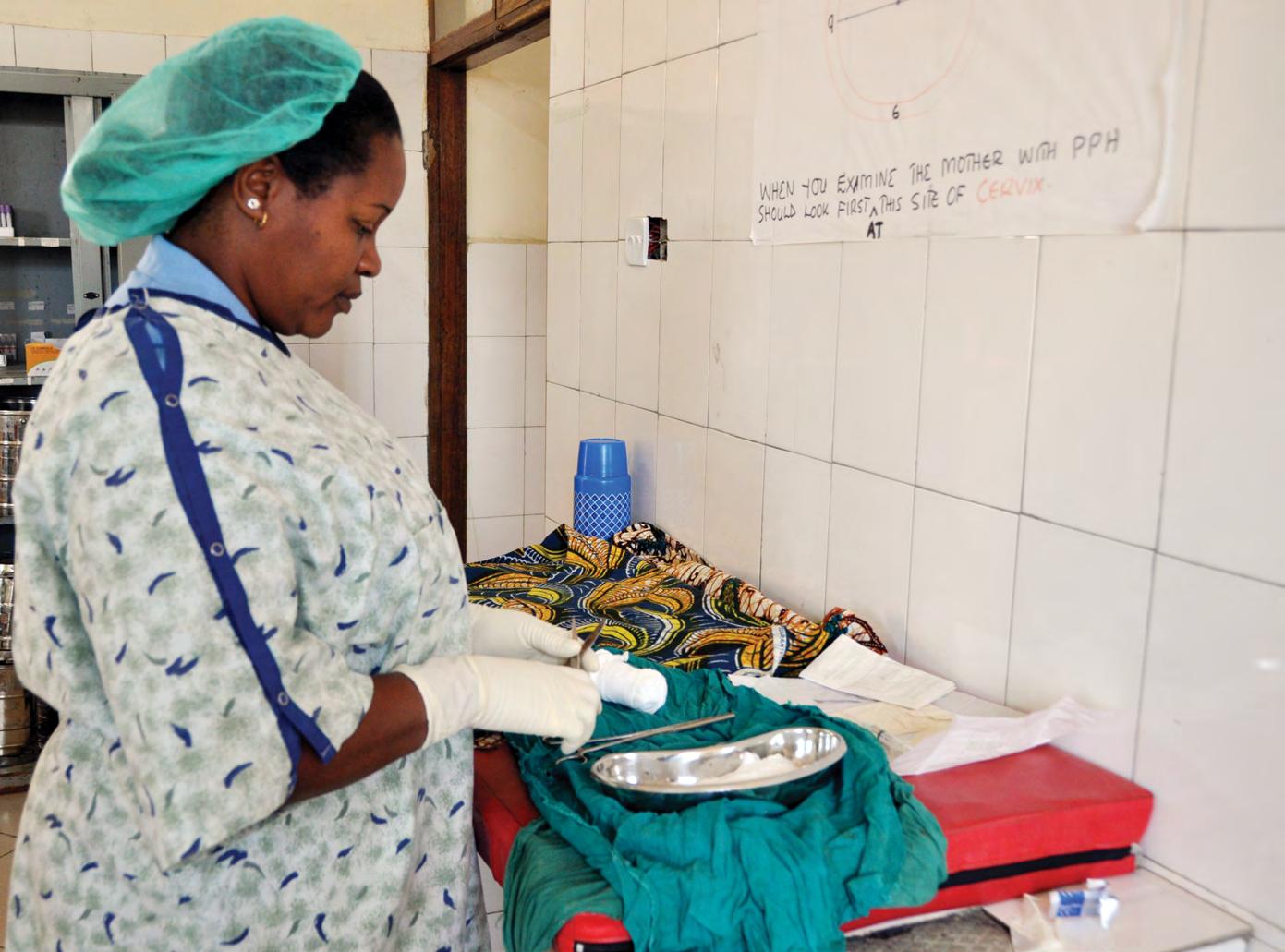
DISCOVER
28 | COLLEGE OF LIBERAL ARTS AND SCIENCES NEWS.CLAS.UFL.EDU
Above left: Supplies used in the hospital are shown sorted according to the 5S organization method, which enhances cleanliness and productivity.
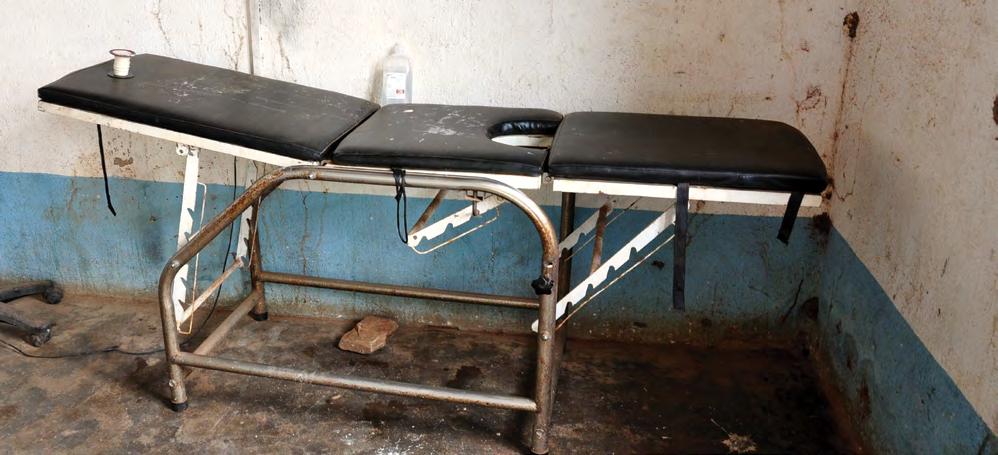
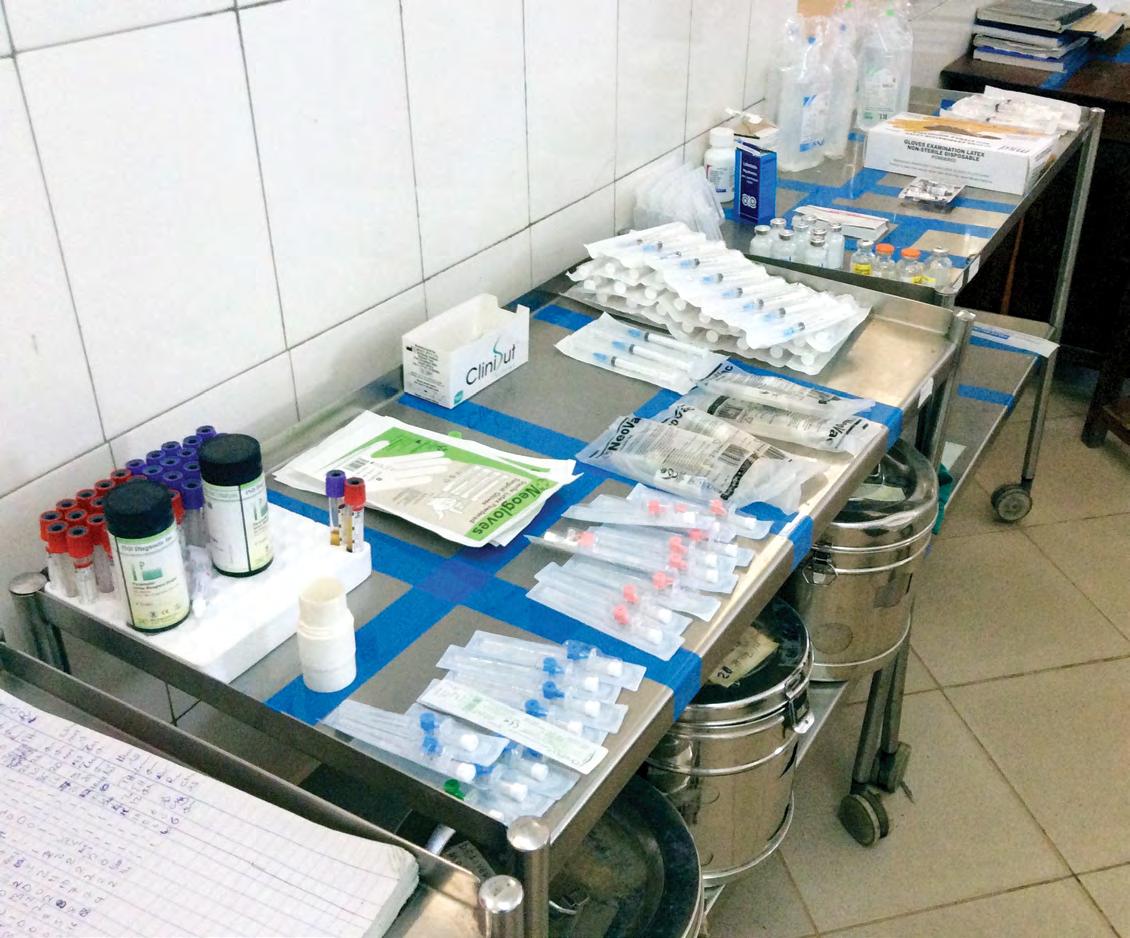
Top right: A lone delivery bed in a rural village’s health dispensary in Rukwa. Lower right: Adrienne Strong holds a group discussion with women in a village in Rukwa.
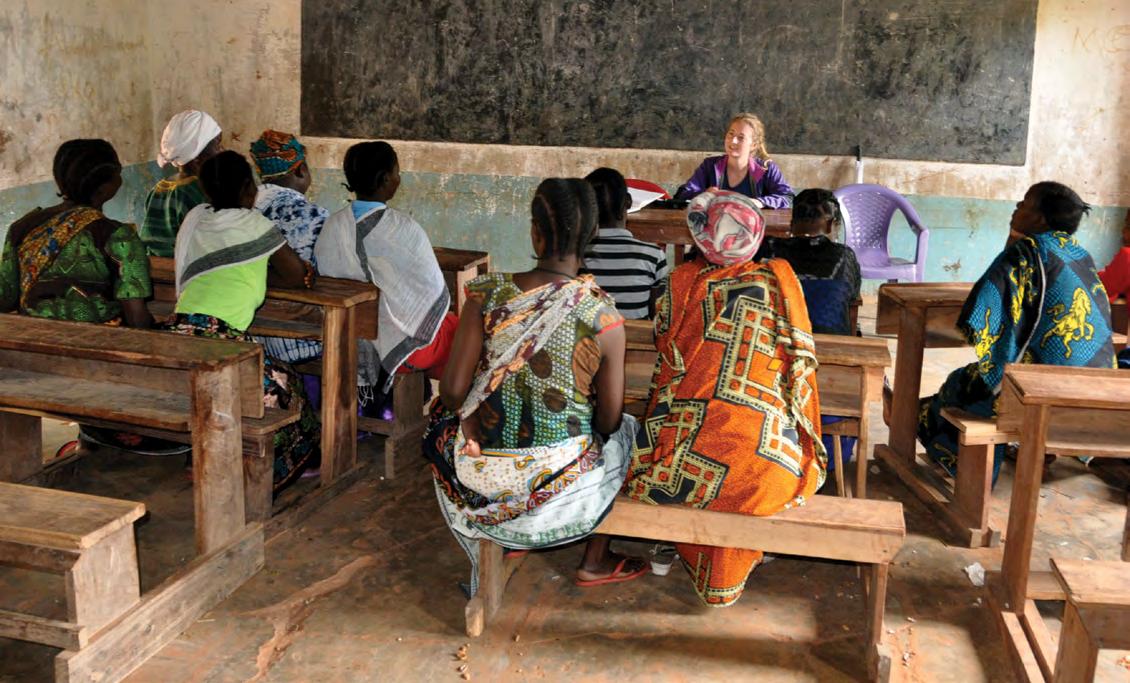
did not all have access to the maternal death audits and could only account for the deaths they saw. There was no adequate filing system, and with no computers at the time, it was difficult to maintain such records. When Strong asked a nurse how many deaths she believed occurred in the past year, her answer was five. In reality, it was closer to 35.
Strong’s interviews, ethnographic accounts and charging curiosity in Documenting Death exemplify the importance of addressing all perspectives, from patient to professional, to capture the multifaceted areas in which problems arise. Throughout the book, Strong questions which systems outside of the hospital are failing — and therefore worsening situations in a maternity ward that is meant to welcome new life but instead is wallowing in large ratios of death.
While continuing to pursue these questions, Strong received training as a doula, to assist in the physical, emotional and informational support of moms before, during and after childbirth. She has also maintained
contact with her friends back in Mawingu Regional Hospital who were curious about life in America — and they remain on her mind.
“Just the other day I was at Publix, and just one passionfruit cost $3.99,” Strong said. “I was just thinking, if I told my Tanzania friends that, they would just be totally shocked and also laugh so hard because you can get a whole bucket of passionfruit for maybe a dollar.”
In Documenting Death, Strong stresses the importance of keeping an open mind to approaching difficult, sometimes unsettling, issues.
“I invite you to sit with the feelings that might arise for you as you encounter tragic stories of too-short lives and lives not lived,” Strong writes. “Some of the terms the health care workers use may seem cold or distant, but they offer us clues about the kinds of strategies necessary to cope with work in such a profoundly challenging environment.”
But Strong wants to make it clear, it is OK to feel upset about such knowledge — in fact, that’s the point. Without acknowledging the severity of
these issues, how can they properly be addressed?
Without Strong putting herself directly into the situation, the stories of everyone she met at Mawingu Regional Hospital likely would have continued to go unnoticed by many outside of Tanzania.
“If we open ourselves up to learning from the people we’re working with, then it can be a much more transformative experience for everybody,” Strong said. “That’s one of the biggest things that I took away from my work and will carry forward with me.”
*All nurse and patient names are pseudonyms, as well as the name of the hospital.
YTORI SPRING 2022 | 29
Illustrations: Woman Holding Baby (below) and Pregnant Woman (page 26), © Nastia/Adobe Stock. Tanzania Map (pages 26-27), © Анна Тощева /Adobe Stock.
Fighting the World’s Fight
Among the many qualities that recipients of the prestigious Rhodes Scholarship must exhibit is a commitment to “fight the world’s fight” — to advance causes for the betterment of all. The ambitions of UF’s newest Rhodes Scholar, AIMEE CLESI, fit the bill. “When we talk about Aimee and her real intentional desire to overturn wrongful convictions in the American South, that is someone who is looking to fight the world’s fight, certainly,” said Kelly Medley, the University of Florida’s external scholarship & fellowship coordinator, who oversees UF students’ applications for the scholarship.
By Andrew Doerfler
A history and philosophy double major in the College of Liberal Arts and Sciences, Clesi is the University of Florida’s first woman and 13th student overall to win the world’s oldest graduate scholarship. The award will send her to the University of Oxford to earn a doctorate in law, after which she plans to pursue a legal career fighting for those incorrectly sentenced to the death penalty.
Growing up not far from UF in Branford, Florida, Clesi dual-enrolled in college classes while in high school after encouragement from her mother. Her passion for learning has only grown since then.

COLLEGE OF LIBERAL ARTS AND SCIENCES NEWS.CLAS.UFL.EDU
THE COLLEGE’S NEWEST RHODES SCHOLAR WILL USE THE OPPORTUNITY TO ADDRESS WRONGFUL CONVICTIONS IN THE AMERICAN SOUTH
Clesi and her twin sister, Erika, were both motivated to attend UF after taking part in the Humanities and the Sunshine State program, hosted by UF’s Center for the Humanities and the Public Sphere. There, Aimee was inspired by Sophia Acord, then the center’s associate director, and Steven Noll, a master lecturer of history.
Clesi: The program was all about exploring Florida history, seeing the state in its rawest form, being on the water and canoes from Crystal Springs to the Ichetucknee. We explored the water in every way you can think of and its connection to the humanities. That made me know that the humanities and a major in philosophy and history would be right for me.
Finding out Clesi won the Rhodes Scholarship was an emotional whirlwind for everyone. Medley: [Clesi] FaceTimed me from where she was studying abroad in the U.K., and I knew she was crying and yelling, and I couldn’t understand at all what she was actually saying. And thankfully, Erika, her twin sister, happened to be in the room … and was the translator. Just all of a sudden from the background, I hear, “She won.” And then I started crying and yelling as well. … And then she said, “I need to call my mom.”
Clesi: My mom at the time was driving, and she was with her friend, Suzanne … They’re just both crying and hysterical. … She’s like, “Aimee, I got to get off the phone. I need to go tell everyone. Let me get off the phone, so I can go start telling everyone in Branford.”
During an internship at the Jacksonville state attorney’s office, Clesi discovered her passion.
Clesi: I remember going to the division chief and saying, “Hey, can I help you with a case?” … And she points to this box, and she goes, “Go through this box and make sure everything’s there.” … And I thought, “Okay, I got my first assignment.”…
While I was going through this case, I was looking at all the evidence. I was looking up Florida rules of criminal procedure, how the case was tried, and all kinds of things. … I was convinced that maybe the state attorney’s office had gotten this wrong. There were pieces of evidence that were not presented at trial that I thought merited particular attention that could have changed the outcome of this man, this boy’s future at the time, and the jury never heard any of it.
Clesi’s work prompted the division chief to look further into the case. After a series of ups and downs, the man today awaits a new evidentiary hearing. Though the outcome hasn’t been as clear-cut as Clesi hoped, the experience lit a spark. At Oxford, she plans to explore concepts of innocence in the U.S. justice system before pursuing a law degree.
Clesi: [My internships] gave me an overview of the justice system that I had never seen or had before. It’s one thing to say you want to be a lawyer, but then to be able to say exactly what you want to do, that has to come from research and knowing where you want to be.
The Rhodes Scholarship won’t be Clesi’s first experience in the United Kingdom. She and her sister Erika spent a semester at Royal Holloway, University of London, through Beyond120, the College of Liberal Arts and Sciences’ signature experiential learning program.
Clesi: We met an extraordinary range of people in different fields, different disciplines, different life experiences. … Maybe if you’re scared to travel abroad for the first time, like I was, it can help break that fear, and see a whole new place, and how other people live in the world.
Her advice to other students? “Take the chance that is presented to you.”

Clesi: I commute to the University of Florida to attend classes, to be part of student groups. And what I try hardest to do while I’m here is to maximize my time, to meet with professors, to go to different events, to see faculty-led research efforts, to find where it is that I want to be, and what’s possible. I would recommend other students do the exact same thing.
LISTEN TO THE FULL PODCAST clas.ufl.edu/clesi
YTORI SPRING 2022 | 31
Photo of Aimee Clesi by Brianne Lehan/UF.
Clesi and
Medley
spoke
with
UF’s
Nicci Brown
on the
From
Florida podcast to reflect on her journey so far and what she hopes to achieve. Here are a few highlights from the conversation.
DIVINE
Interventions
By Lauren Barnett
ERIN PROPHET’S SPIRITUALITY AND HEALTH CARE COURSE REMINDS STUDENTS THERE’S MORE TO HEALING THAN MEDICINE
When JESSE SCHMIDT (Psychology '21, MIB '22) registered for a course in the fall of 2019 about spirituality and health care, she had no idea just how powerful the connection between the two could be.
She would soon find out firsthand. Schmidt worked for a “phone friend” service, talking with people across the country struggling with debilitating illnesses that keep them largely isolated. In conversations with a patient battling ALS, Schmidt put the skills she learned in the course to work as the patient confronted her own mortality. “We talked about her pains and existential questions — she wondered, in her view, why God was punishing her,” Schmidt said. “Her spiritual beliefs contextualized
her understanding of her ALS diagnosis.” Schmidt supported her through these talks over the course of a year, until the patient passed away.
Now, as an applicant to medical school, Schmidt remains invested in practicing the same compassionate care in her future work as a physician.
“I learned spirituality isn’t just some abstract concept, it’s an innate aspect of being human,” she said. “It’s a huge component of our well-being that is widely neglected.”
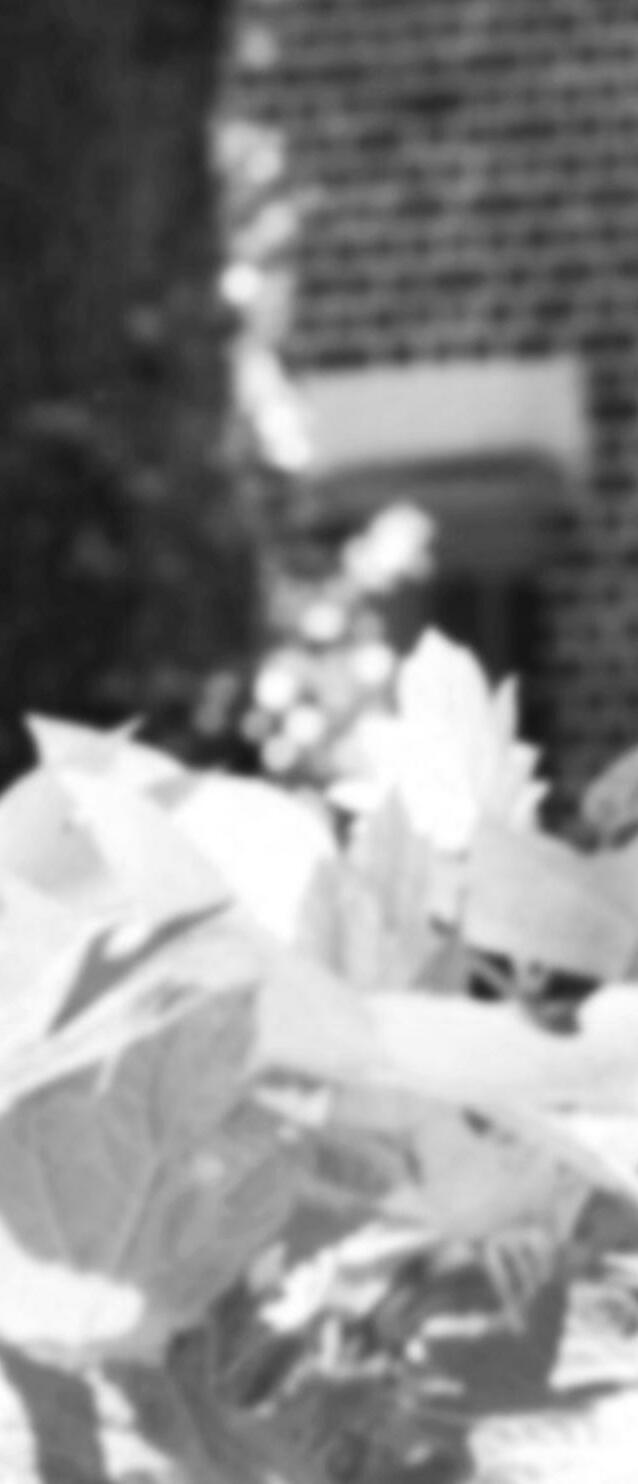
The shift in Schmidt’s mindset is exactly what lecturer ERIN PROPHET hopes to see.
Prophet pushes the boundaries of how students view the intersection between spirituality and Western medicine —
expanding their horizons by exposing them to approaches that blend the two realms. Her Spirituality and Health Care course is a popular elective among pre-health majors, who enter the topic with curiosity.
“Students are bombarded daily with messages around religion, spirituality and mindfulness, but they often lack context,” Prophet said. “Religion can be a source of strength but it can also lead to crisis and struggle. Students need to develop a critical eye for claims about both religion and spirituality.”
A more amorphous concept than religion, spirituality encompasses a broad sense of purpose or connection to something bigger than oneself. While
spirituality comes through religion for many, others find it through meditation, prayer, music, art or harmony with nature.
Spirituality’s connection to health has been long overlooked in Western education — but a growing body of research shows that our physical, mental and spiritual well-being work in tandem. “The mind affects the body and the body affects the mind,” Prophet said. “So medicine can’t be blind to someone’s spiritual needs — or spiritual crisis, for that matter.”
CONNECT 32 | COLLEGE OF LIBERAL ARTS AND SCIENCES NEWS.CLAS.UFL.EDU
As the health care industry in the United States becomes more focused on improving the quality of care, it’s important for providers to communicate clearly and understand patient needs. Health care providers limit their own success by ignoring patients’ beliefs. When spirituality is tended to, patients can make better sense of their condition, gain motivation in the recovery process and reach acceptance in the face of chronic or end-stage illness.
Prophet is heartened that many institutions are
building programs that expose students to the human side of medicine: A 2021 study from researchers at Case Western Reserve University found 119 undergraduate medical or health humanities programs in operation across the nation, with more currently in development. At UF, Prophet’s course is just one of an increasing variety offered across campus providing a humanistic approach to medicine.
“It has become more widely recognized that it’s helpful for undergraduate
pre-health majors to have some exposure to the literary, artistic, philosophical, historical and religious aspects of medicine — before they get into that grind of medical education, where they often don’t have the leisure to explore these topics,” she said.
Prophet offers a wealth of firsthand experience to draw upon — she has lived and moved between these realms her whole life. Prophet grew up in the inner sanctum of a controversial New Age religious sect called the Church Universal and
Triumphant, which was often called a “cult” in the media. As the daughter of its founder Elizabeth Clare Prophet, she was exposed to many alternative spiritual viewpoints at a young age — her mother incorporated elements of Buddhism, Christianity and mysticism into her teachings.
Prophet eventually shifted away from the sect, but she has dedicated her career to unpacking religious experiences and narratives. As a scholar of religion, she also explores the relationship between

YTORI SPRING 2022 | 33
Erin Prophet. Photo by Michel Thomas.
medicine and spirituality. Prophet doesn’t just talk the talk — before receiving a PhD in religion, Prophet earned a master’s degree in public health with an epidemiology concentration and has published in the field of cancer epidemiology.
Now, Prophet explores the historical relationships between the Western biomedical model of health care and the transcultural aspects of alternative, holistic forms of medicine in her course. She also explores different models for decision-making in health care, from evidencebased to integrative and functional medicine. Prophet invites speakers from the local community to share a range of perspectives — acupuncturists, Chinese medicine experts and Christian Scientists have all graced her classroom. Group discussions and film viewings also help students examine the topics through a critical lens.
For the pre-health students who have completed Prophet’s course, the expertise offers a chance to stand out in a sea of competitive applicants seeking admission to medical school.
CHRISTINA ROZVODOVSKIY discovered a budding appreciation for holistic health care through Prophet’s course. The idea that a patient isn’t just a “machine to be fixed” resonated with the second-year student, doublemajoring in biology and neuroscience with a minor in religion.
The course may have even changed her entire career trajectory — Rozvodovskiy is now considering studying osteopathic medicine instead of pursuing a medical doctorate. Osteopathic physicians receive the same training as medical doctors, but supplement it with a whole-person approach to healing. “This would allow me to learn about alternative
medicines, such as herbs and daily practices, that can complement biomedical interventions,” she said.
No matter where her students go beyond graduation, Prophet equips them with the ability to interact sensitively with those who have differing views and beliefs — she hopes this may just give them the edge they need in an increasingly globalized job market.
“It’s not presented with an expectation that I’m giving them eternal religious truths that will be applicable in all situations,” Prophet said. “I’m trying to give them enough understanding so that they can navigate the different cultures they may come across in their careers.”
The COVID-19 pandemic has furthered the push for such values. “I think it’s important for aspiring health practitioners to be aware of the signs of spiritual struggle — especially at a time like
this, during the pandemic, when so many people are dealing with loss, grief and bereavement in ways they haven’t had to on this level before,” Prophet said.
Norwegian exchange student MATHIAS MAXIME THOZE believes the pandemic opened the door to increased awareness of the role of spiritual health in medicine. “One of the great things that you as a provider could give to people during the pandemic is the social and belonging part of the healing process, and I think that this is what many people felt that they lost during these times,” he said.
Thoze carried the lessons he learned back home with him to Norway. As a physical and mental health activist, Thoze was inspired to share aspects of spiritual health on his social media platforms. He’s been surprised by the high level of engagement in a largely secular nation. After graduation, Thoze plans to establish a therapeutic
CONNECT 34 | COLLEGE OF LIBERAL ARTS AND SCIENCES NEWS.CLAS.UFL.EDU
“The mind affects the body and the body affects the mind,” Prophet said.
“So medicine can’t be blind to someone’s spiritual needs — or spiritual crisis, for that matter.”
institute in Norway to provide medical, mental and spiritual support to patients.
Alumnus
MATTHEW THOMPSON (Religion '19) relies on what he learned in Prophet’s class daily. Much of his role as a case manager at Meridian Behavioral Healthcare involves developing continuing care plans for patients in the recovery process.
“As a provider who meets with patients who are often in crisis — having experienced a recent suicide attempt, drug overdose, or are mentally ill and their current view of their life is disoriented and obscured — having the education to provide therapeutic encounters with patients has made all the difference,” Thompson said.

The course inspired Thompson to develop a more personalized approach in his communications with patients and their families. He actively works to incorporate patients’ belief systems to orchestrate lifestyle change and promote healing. When healing isn’t possible, Thompson can also support people who are dying or bereaved by initiating difficult discussions from an informed, sensitive perspective.
Now pursuing his master’s degree in social work at Florida State University, Thompson is confident he’ll continue to carry the lessons learned in Prophet’s course forward as a future clinical social worker. True healing and wellness, he said, comes from seeing the whole patient, rather than only the disease.
“I try to continue to embody these practices with my clients,” he said, “so they experience a warm therapeutic encounter in contrast to the unfortunately many sterile and cold contacts they’ve had with so many other health care providers seeking to extract information and provide a treatment.”
Thompson’s holistic approach as an avenue for compassionate caregiving cuts to the core of Prophet’s goal. It’s a reminder that in the recovery process, science and spirituality can work together.
Jesse Schmidt Psychology '21, MIB '22
YTORI SPRING 2022 | 35
“I learned spirituality isn’t just some abstract concept, it’s an innate aspect of being human. It’s a huge component of our well-being that is widely neglected.”
Jesse Schmidt. Courtesy photo.
Sun Graphic: © Wise ant/Adobe Stock
Wellness FOR Sale
 By Andrew Doerfler
By Andrew Doerfler
Living away from home for the first time brings a long list of questions for new college students. When KARINA SARANDREA arrived at the University of Florida, she found one to be surprisingly complicated: What should she eat to stay healthy?
“You have all this freedom to make decisions about your body, about your mind,” Sarandrea said. “And for the first time, you are 100 percent responsible for what you eat.”
Scanning grocery shelves, she noticed how many health foods and dietary supplements are marketed to consumers with breathless insistence that they hold the key to true wellness. At times, the messages conflicted with each other — an ingredient described as a cure-all in one corner would be dubbed poisonous elsewhere. For an issue as important as a healthy diet, Sarandrea wondered, why was it so difficult to determine the truth?
The question inspired her first-ever research project: an examination of what Sarandrea calls “wellness consumerism” — and the misinformation it too often spreads. In an era of unprecedented access to new products and information through the internet, many people try to take their well-being into their own hands. It’s especially prevalent among those skeptical of the health care system or
unable to afford traditional care. The danger comes, Sarandrea found, when companies exploit the trend by touting questionable or unproven claims.
For students like Sarandrea, the College of Liberal Arts and Sciences provides ample opportunities to take part in undergraduate research, no matter their area of interest. Sarandrea found support for her project through the CLAS Scholars Program, which provides funding and advising for an independent research project. CLAS Scholars is offered through Beyond120, the college’s signature career readiness and experiential learning program.
“I left high school wanting to do research,” said Sarandrea, who graduated this spring with a political science major and zoology minor. “But I wasn’t expecting it to be so easy to get involved.”
Throughout the process, she relied on mentors and peers alike. Through conversations with PAUL ORTIZ, professor of history and director of the Samuel Proctor Oral History Program, she honed her topic and learned about resources that were available to her. JACOB WATSON, Beyond120 lecturer and undergraduate research coordinator, offered guidance as Sarandrea crafted her research proposal. At the same time, ANNIE WATSON, a visiting assistant professor
of political science who is now based at Middle Georgia State University, helped her develop a research method. In Zoom sessions, Sarandrea and her fellow CLAS Scholars shared their challenges and worked through common problems together.
“It’s a year of support and community,” she said.
Bolstered by that encouragement, Sarandrea tackled the project. She consulted medical journals and interviewed wellness experts for background information, and then conducted a statistical analysis of the buzzwords used to promote dietary supplements on Amazon. The research revealed a correlation between marketing language that drew upon wellness fads (think “probiotic,” “superfood,” “omega 3”) and misleading claims. Her findings, published in the UF Journal of Undergraduate Research, suggest that “wellness consumerism” could be threatening public health.
The takeaway is not that it’s wrong to seek out products to improve your health and wellness — plenty of them do offer well-documented benefits. And Sarandrea sympathizes with those who seek alternatives to traditional medicine because of its cost or their past negative experiences.
Rather, it’s up to credible institutions such as hospitals, schools
CONNECT 36 | COLLEGE OF LIBERAL ARTS AND SCIENCES NEWS.CLAS.UFL.EDU
and
A multibillion-dollar industry pushes products that supposedly make you healthier — but how much of it is legit? One CLAS student dedicated her first undergraduate research project to the question.
governments to counter rampant online misinformation with easily accessible resources that provide solid facts.
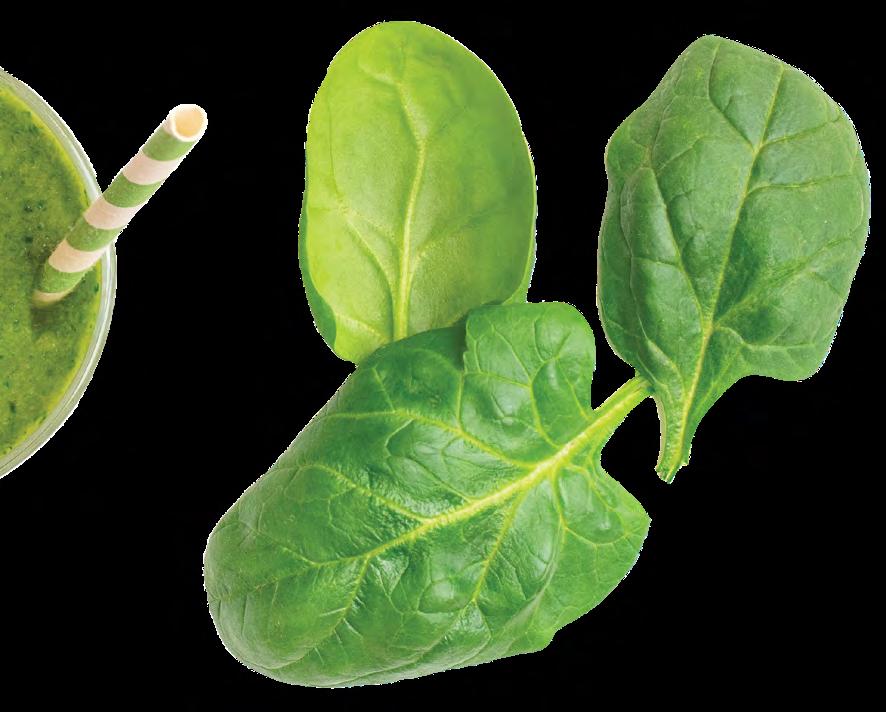
Sarandrea is doing her part: Working as an intern for United States Rep. Darren Soto last summer, she proposed a bill to fund health literacy initiatives. She plans to continue to support the cause as she leaves UF and begins a fellowship in public policy that will focus on issues such as climate change and public health.
Looking back on her CLAS Scholars experience, Sarandrea credits the success of her project to the support from her peers and mentors — along with her own curiosity and drive.
“I was able to make this into a research project because I had great people helping me,” she said, “but also because I really, really wanted to.”


LEARN HOW YOU CAN SUPPORT UNDERGRADUATE RESEARCH OPPORTUNITIES THROUGH BEYOND120 TODAY.
Visit clas.ufl.edu/ getinvolved for more information.
 Karina Sarandrea. Photo by Michel Thomas.
Acai Berries: © BillionPhotos.com/Adobe Stock. Spinach & Green
Smoothie: © BigNazik/Adobe Stock. Fork Image: © freshidea/Adobe Stock. Superfood: © Aquir/Adobe Stock.
Karina Sarandrea. Photo by Michel Thomas.
Acai Berries: © BillionPhotos.com/Adobe Stock. Spinach & Green
Smoothie: © BigNazik/Adobe Stock. Fork Image: © freshidea/Adobe Stock. Superfood: © Aquir/Adobe Stock.
REMEMBERING
Robert Grubbs
By Andrew Doerfler
ROBERT H. GRUBBS, a chemist and Nobel laureate who earned two degrees from the University of Florida College of Liberal Arts and Sciences, died Dec. 19, 2021, at 79 years old. His passing was announced by Caltech, where he had been a professor since 1978.
Grubbs, known to friends as “Bob,” is remembered as an innovative researcher who stayed connected with his alma mater over the course of his renowned career. He was among three co-winners of the Nobel Prize in Chemistry in 2005 for his groundbreaking work in metathesis, a chemical reaction involved in assembling and synthesizing organic substances. Grubbs discovered a class of stable catalysts for facilitating the reaction, allowing chemists to produce new, custom molecules that improve a wide range of products in industries such as pharmaceuticals and plastics.
“Professor Bob Grubbs was an incredibly accomplished graduate of UF, our college and the Department of Chemistry,” said DAVID E. RICHARDSON, dean of the College of Liberal Arts and Sciences and professor of chemistry. “Bob was an ambassador for the chemical sciences and a
friend to scientists in every corner of the world.”
His discoveries improved not only our understanding of the world, but the health of our planet: By using the efficient processes allowed by the catalysts Grubbs discovered, industries have produced less waste. He continued to search for greener methods of production throughout his career, and in 2015, he worked with a team to identify a new technique that used an abundant, widely available chemical as a catalyst to produce a variety of products more sustainably.
One of just two UF alumni to win a Nobel Prize, Grubbs earned his bachelor of science, in 1963, and his master of science, in 1965, in chemistry at the university. His master’s thesis advisor was the late UF professor of chemistry MERLE A. BATTISTE. Grubbs went on to earn his PhD in chemistry at Columbia University in 1968. After joining the Caltech faculty in 1978, he would later be named the university’s Victor and Elizabeth Atkins Professor of Chemistry in 1990.
In 2006, the University of Florida awarded Grubbs an honorary doctorate of science in recognition
of his accomplishments as a scholar, researcher and mentor. He was further honored by the university with a permanent installation celebrating his contributions to science in the atrium of the Scott Family Chemistry Building, which opened its doors in 2017.

LISA MCELWEE-WHITE, UF chemistry professor and chair, noted that Grubbs stayed engaged with the Department of Chemistry after his graduation. “Bob was many things: Caltech professor, Nobel laureate, entrepreneur, terrific human being — and he was also one of us,” she said. The many honors Grubbs received throughout his career also include induction into the Florida Inventors Hall of Fame in 2015 and membership in both the National Academy of Sciences and the National Academy of Engineering.
Grubbs was born in Kentucky on Feb. 27, 1942. He is survived by his wife, Helen; his sons Brendan and Barney; his daughter Kathleen; four grandchildren; and two sisters.
CONNECT 38 | COLLEGE OF LIBERAL ARTS AND SCIENCES NEWS.CLAS.UFL.EDU
CLAS reflects on the life of the Nobel-winning alumnus, whose pioneering achievements are enshrined in the Scott Family Chemistry Building.
Right: Photo of Robert Grubbs by Lance Hayashida/courtesy of Caltech. Left: A plaque in UF’s Scott Family Chemistry Building honors Grubbs’ achievements. Photo by Michel Thomas.
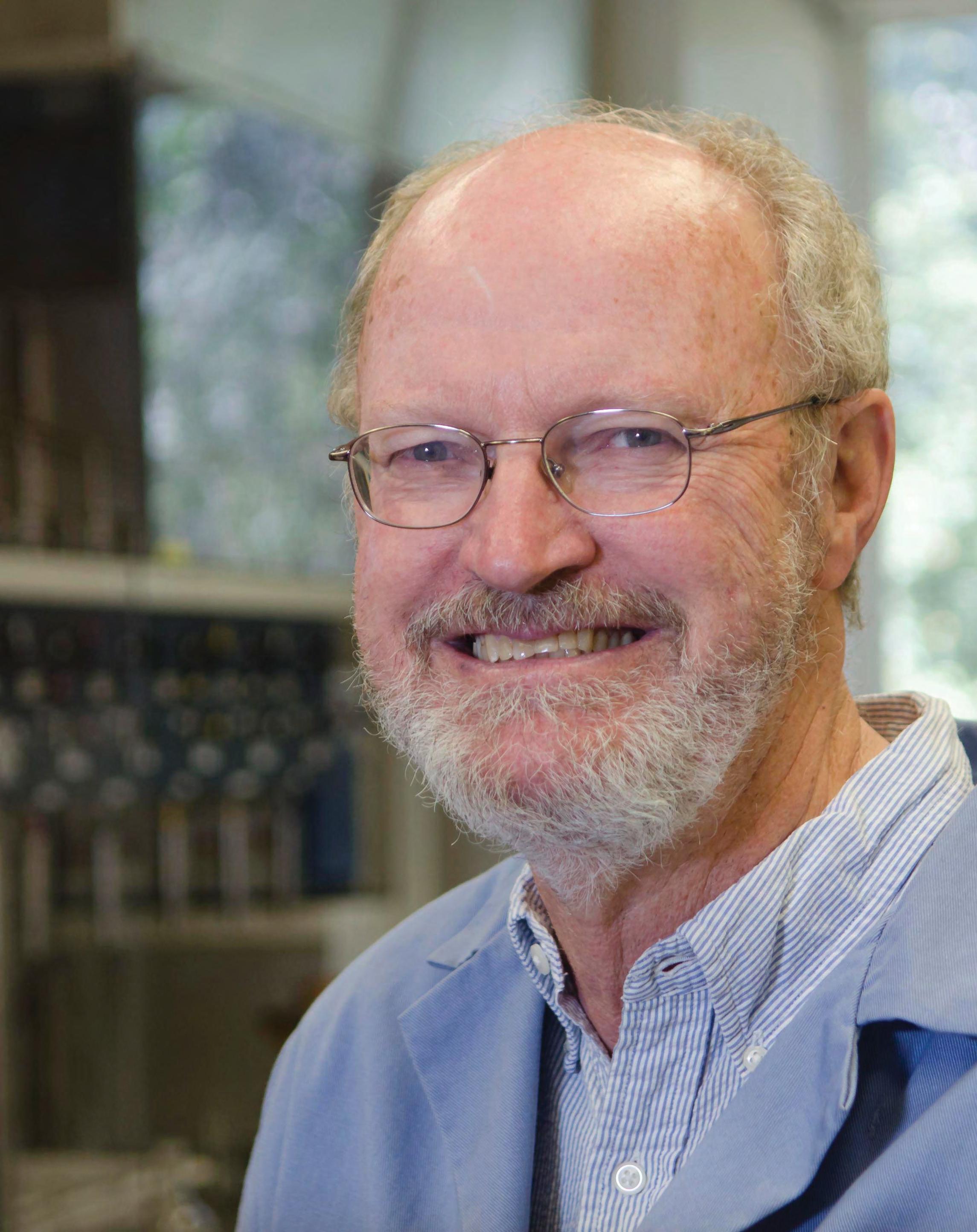
Creative LICENSE NEW BOOK RELEASES FROM FACULTY AND ALUMNI
By Samantha Bailon
THE BALD EAGLE: THE IMPROBABLE JOURNEY OF AMERICA’S BIRD
By Jack E. Davis | Liveright Publishing
Known for his insightful surveys of key environmental history in the United States, history professor and Rothman Family Chair in the Humanities JACK E. DAVIS turns his attention to another important facet of the country’s ecosystem in his latest release, The Bald Eagle: The Improbable Journey of America’s Bird. The new book is Davis’ first since winning the Pulitzer Prize for History in 2018 for The Gulf: The Making of An American Sea. Davis is also known for 2011’s An Everglades Providence: Marjory Stoneman Douglas and the American Environmental Century, which won a gold medal at the Florida Book Awards.
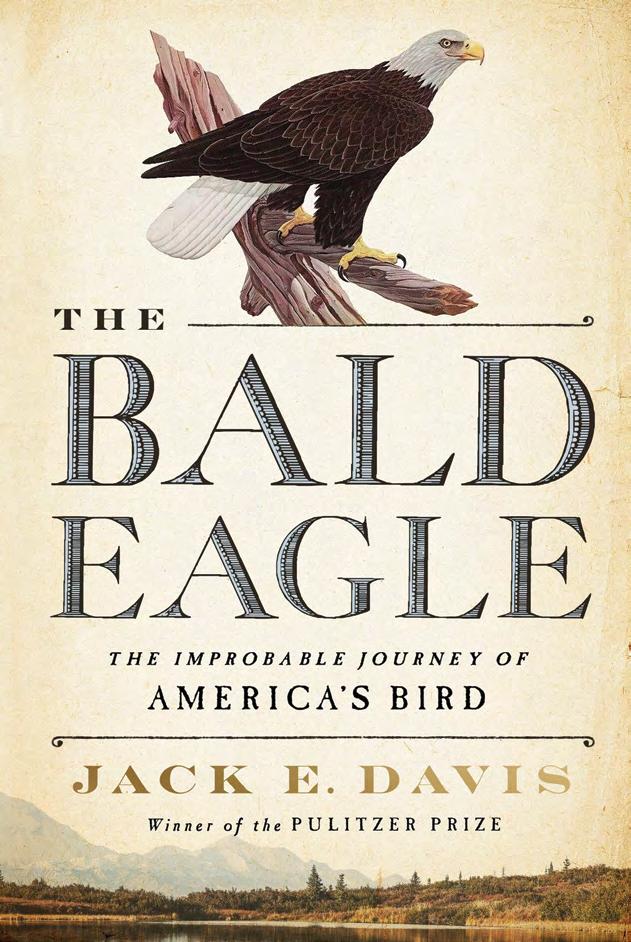
The bald eagle’s fearless gaze has symbolized American freedom since the founding of the nation, but Davis’ book aims to go deeper by examining the bird’s distinguished but often fraught existence. His book illustrates the many cultural perceptions of this creature, ranging from native people who lived peacefully among the bird, to hunters who have relentlessly pushed it to near-extinction, to the heroic bird rescuers who helped keep them alive amid threats such as pesticides.
Through a wide-ranging series of stories, The Bald Eagle offers a cultural and historical look into the symbolic bird and celebrates the inspiration the species has provided to the American public. The book has been met with the enthusiastic response Davis’ works reliably receive: The New York Times called it “rollicking, poetic, wise” and “exuberantly expansive.”
Davis recently appeared on the University of Florida’s FROM FLORIDA podcast to read an excerpt and discuss the book. Listen here: clas.ufl.edu/jackdavis
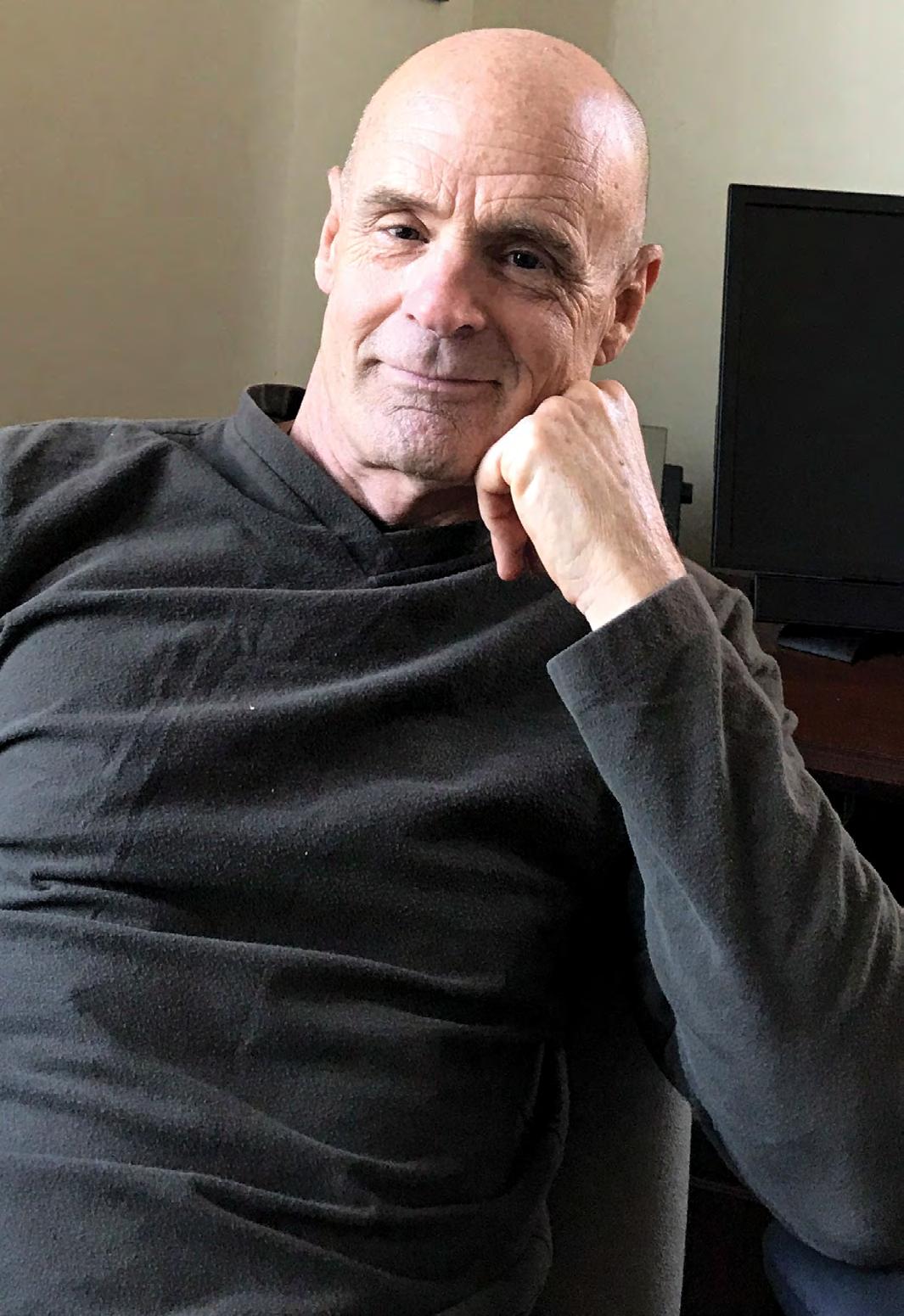
40 | COLLEGE OF LIBERAL ARTS AND SCIENCES NEWS.CLAS.UFL.EDU
LISTEN
Photo of Jack E. Davis by Gigi Marino/ CLAS.
1 | AFRICAN AMERICAN STUDIES: 50 YEARS AT THE UNIVERSITY OF FLORIDA

Edited by Jacob U’Mofe Gordon and Paul Ortiz LibraryPress@UF
For JACOB U’MOFE GORDON and history professor PAUL ORTIZ , African American Studies is essential to understanding all of American history In African American Studies: 50 Years at the University of Florida, the pair have collected testimonies, historical research and perspectives of the alumni, faculty and students who have made the UF African American Studies program department a beacon of inclusivity and academic success. Through the voices of UF leaders and trailblazers going back to the 1960s, the book invokes a deep understanding of the struggles Black faculty, students and friends faced and continue to face today.
2 | CHASING JUSTICE: FLORIDA JUSTICE ASSOCIATION 1950-2000
By Larry S. Stewart FJA Research and Education Foundation
Five years after the end of World War II, a group of Florida attorneys formed a small organization dedicated to the belief that every person has the right to a fair justice system. The group, today known as the Florida Justice Association (FJA), became a force in the world of law as it challenged legal practices that put businesses over people. In Chasing Justice, former FJA president LARRY S. STEWART (BA '60, JD '63) documents the first 50 years after the organization’s formation and the figures who brought it to life.
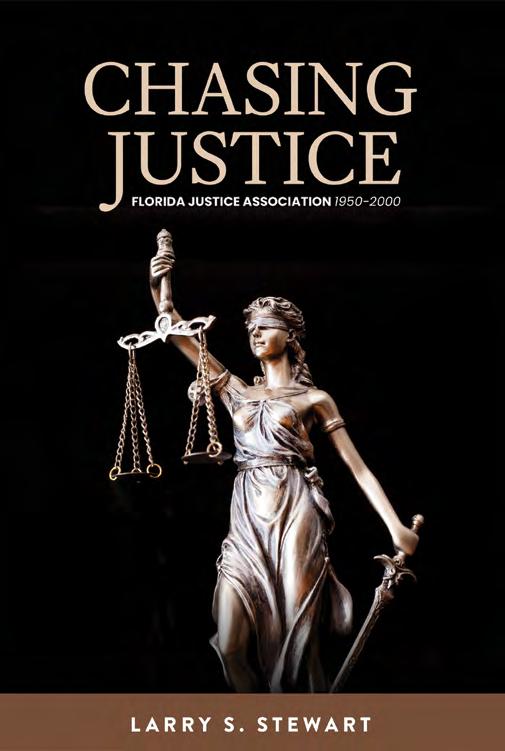
3 | WHY WE LOST THE SEX WARS: SEXUAL FREEDOM IN THE #METOO ERA
By Lorna N. Bracewell University of Minnesota Press
Revisiting the “sex wars” that took place in the United States from the 1970s to the 1990s, political theorist LORNA N. BRACEWELL (MA '12, PhD '15) analyzes the complex debates over feminism that laid the groundwork for today’s sexual politics. Her work considers conceptions of sexuality, whether in the fight for civil liberties or through depictions in pornography. Through Bracewell’s research, readers see how sexual-political issues like the #MeToo movement arise — and how these movements and the conversations around them impact feminism as a whole.
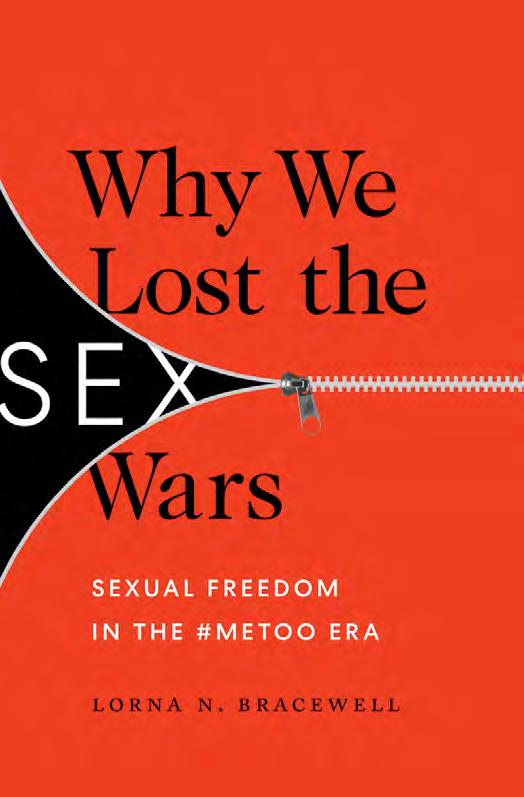
4 | RADIO ACTIVE: A MEMOIR OF ADVOCACY IN ACTION, ON THE AIR AND IN THE STREETS
By Joe Madison with Dave Canton Author Solutions Inc.
Joe Madison, known on the radio as “The Black Eagle,” has joined with UF Director of African American Studies and Associate Professor of History
DAVID A. CANTON to write a memoir that details Madison's life as both a broadcaster and activist. After beginning his journey in advocacy as a college student whose fiery energy to voice his beliefs led him to the NAACP, Madison later became a lively voice on SiriusXM discussing activism and culture.
With Radio Active, Madison hopes to spur the momentum of future advocates and inspire the next generation of changemakers.
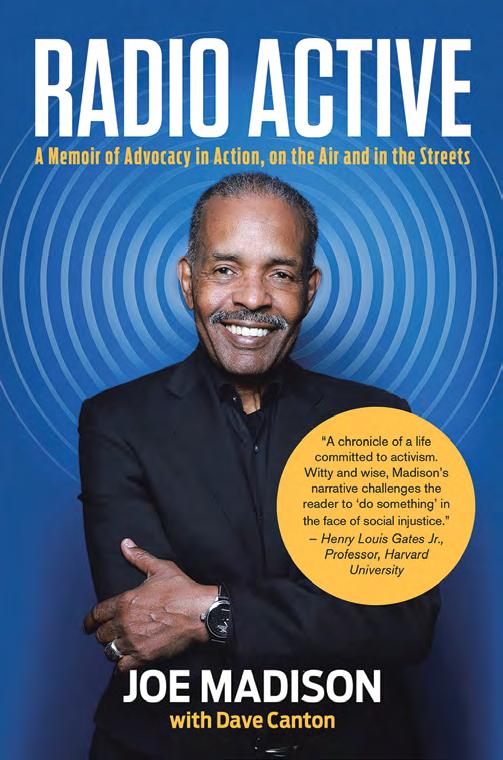
YTORI SPRING 2022 | 41 1 2 3 4
5 | A TRANSATLANTIC HISTORY OF HAITIAN VODOU: RASIN FIGUIER, RASIN BWA KAYIMAN, AND THE RADA AND GEDE RITES
 By Benjamin Hebblethwaite University Press of Mississippi
By Benjamin Hebblethwaite University Press of Mississippi
BENJAMIN HEBBLETHWAITE , associate professor of Haitian Creole, Haitian and francophone studies, connects four centuries of political, social and religious history in his latest publication. In the first part, Hebblethwaite captures the African origins of Haitian ancestry through the slave trade and European colonialism, providing a deep look into the spiritual and religious sources that would influence Haiti. In the second part, he focuses on the significance of Vodou in Haitian music and culture. Hebblethwaite’s analysis offers a multidisciplinary overview of this vital aspect of Haitian life.
6 | ANCESTOR TROUBLE: A RECKONING AND A RECONCILIATION
By Maud Newton Random House
Alumna MAUD NEWTON (English '93) embarks on a quest to discover her lineage and unpack her anxieties about intersecting family bloodlines and the traces of mental illness that flow through them. The result, Ancestor Trouble, approaches topics of intergenerational trauma and spiritual traditions that have seeped through her family tree. From an ancestor accused of being a witch in Puritan-era Massachusetts to her grandfather’s thirteen marriages and his eventual murder, Newton combs through her family’s genealogy and uncovers surprising truths about her ancestors.

7 | IVORY SHOALS
By John Brandon McSweeney’s Publishing
In post-Civil War Florida, Gussie Dwyer sets out on an invigorating adventure to find his father, a man unaware the boy was ever born. Alone and only 12 years old, Gussie is determined to take on the difficulties in his path by tackling the grittiest of Floridians and several life-threatening obstacles.
JOHN BRANDON (English '99) depicts the resilient quest of a young boy ready to uncover the truth about his family and, in the process, discover more about himself. The Tampa Bay Times called the novel “a bracing mix of Florida history and fleet adventure, livened with dry wit and a tender regard for its characters.”

8 | MESSING ABOUT IN BOATS
By Michael Hofmann Oxford University Press
Based on talks he gave for the University of Oxford’s Clarendon Lectures in English series, MICHAEL HOFMANN’S Messing About in Boats examines four poems in German, French, Italian and English, each connecting to the long lineage of boats in verse. The creative writing professor, poet and translator invites readers to climb aboard boats dreamed up by Rainer Maria Rilke, Arthur Rimbaud, Eugenio Montale and Karen Solie. Hofmann will soon follow up this release with an English translation of Werner Herzog’s debut novel, The Twilight World, in June 2022.

42 | COLLEGE OF LIBERAL ARTS AND SCIENCES NEWS.CLAS.UFL.EDU Creative LICENSE 5 6 7 8
9 | VILLAGE GONE VIRAL: UNDERSTANDING THE SPREAD OF POLICY MODELS IN A DIGITAL AGE
By Marit Tolo Østebø Stanford University Press
MARIT TOLO ØSTEBØ, assistant professor of anthropology, examines the case of Awra Amba, an Ethiopian village that in 2001 was depicted in a television documentary. The portrayal challenged perceptions about gender roles in the country, and the village has since been held up as a model for other communities to follow.
In Village Gone Viral, Østebø examines the more complex truth, showing how the digital circulation of policy models can have unintended and underappreciated consequences for the people they are meant to help. Richard Rottenburg of Wits University called the book “engaged, excellently researched, and accessible.”

10 | CONTRAPUNTEO NEOBARROCO ENTRE LA LITERATURA Y LAS ARTES VISUALES: APROXIMACIÓN A UN NUEVO DISCURSO ESTÉTICO EN LATINOAMÉRICA
 By Andrea Villa Ruiz Editorial Pliegos
By Andrea Villa Ruiz Editorial Pliegos
With a focus on Neo-Baroque, an art and architectural style first developed in the late 19th century, Spanish lecturer ANDREA VILLA RUIZ illustrates the incorporation of femininity within this aesthetic as seen in literary and artistic works from Latin America. Her subjects include the novels Delirio by Colombian writer Laura Restrepo and A hora da estrela by Brazilian writer Clarice Lispector. The book offers examinations on work pertaining to themes of tension, internal conflict and contradiction through a feminine Neo-Baroque perspective.
11 | SOFTWARE DEVELOPMENT PATTERNS AND ANTIPATTERNS
By Capers Jones Auerbach Publications
The advancement of technology and software development has progressed exponentially since its introduction in the 1940s. But there is still room for improvement. In Software Development Patterns and Antipatterns, CAPERS JONES (English '61) points out seven chronic problems that have persisted since the beginning of software development. From expensive maintenance issues to ambiguous user requirements, Jones has set his sights on solving these issues and addresses possible routes to combat them in the future. The first section of the book identifies these problems, and the second half demonstrates key ideas that can lead to success.
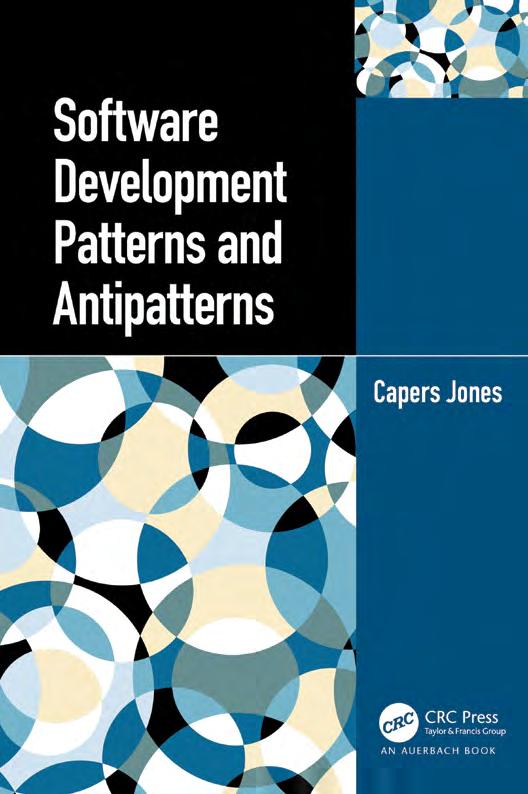
12 | WRITING FOR THE
PUBLIC GOOD: ESSAYS FROM DAVID R. COLBURN AND SENATOR BOB GRAHAM

Edited by Steven Noll University Press of Florida
Are you striving to make a change in your community and in need of some inspiration? In Writing for the Public Good, STEVEN NOLL , master lecturer of history, has compiled more than 100 essays spanning the last 30 years from DAVID R. COLBURN, the late historian and former UF provost, and former Governor and Senator BOB GRAHAM . The two prominent Florida figures provide a glimpse into American politics and culture while demonstrating the power of civic engagement, through topics of economics, race relations, education, environment and even international affairs.
YTORI SPRING 2022 | 43 9 10 11 12
LAURELS
ANTONIO “TONY” PUENTE (Psychology '73) received the Raymond D. Fowler Award for Outstanding Contribution to the Professional Development of Graduate Students from the American Psychological Association.
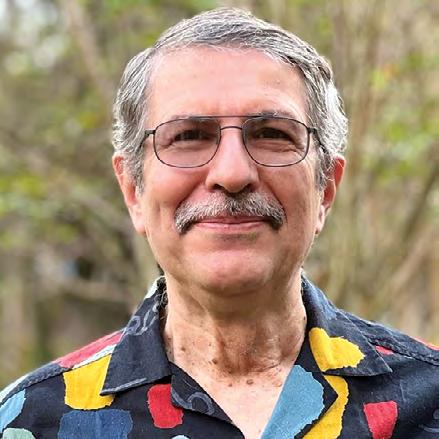
For his advances in data-intensive science, DIMITRI BOURILKOV, associate scientist in the Department of Physics, has been elected a fellow of the American Physical Society.
SHANA BELDICK (Psychology '95) has been named Chief Human Resources Officer for the law firm Troutman Pepper. Steven M. and Rebecca J. Scott Chair and Professor of Chemistry ZHONGWU GUO has received the 2022 Melville L. Wolfrom Award from the American Chemical Society Division of Carbohydrate Chemistry.

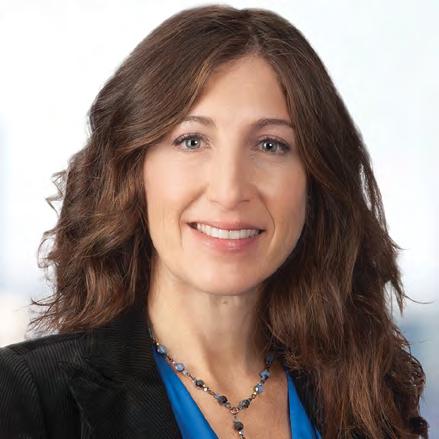
MANASI KAMAT (PhD Chemistry '15) received the Females in Mass Spectrometry Empowerment Award.
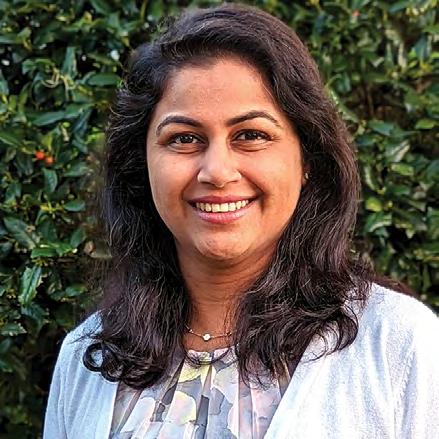
QUADRY CHANCE, PhD student in astronomy, received a Future Investigators in NASA Earth and Space Science and Technology research grant.
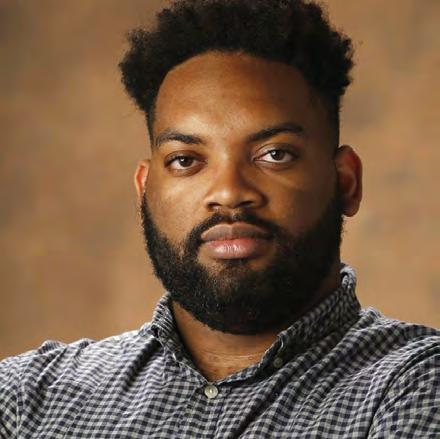
MICHELLE EDWARDS (PhD Astronomy '08) was announced as associate director of Kitt Peak National Observatory, home of the most diverse collection of astronomical observatories in the world.
ROBERTO L. ABREU, assistant professor of psychology, was awarded two American Psychological Association awards. He was the recipient of the Distinguished Contribution to Ethnic Minority Issues award and the Early Career Award for Contribution to LGBT Counseling Psychology.

MATTHEW BAROCAS (History and Political Science ’21) has been named to the Schwarzman Scholars Class of 2022. This scholarship fully funds a one-year, residential master’s degree in global affairs at Schwarzman College at Tsinghua University in China.
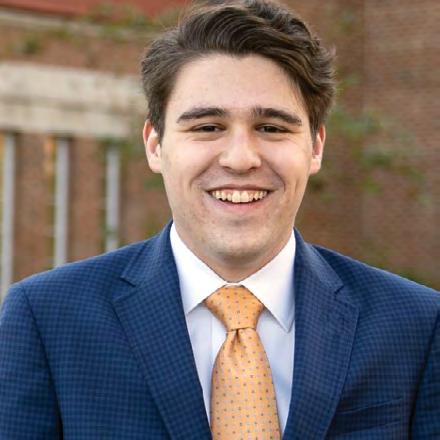
Chemistry professor
RICHARD YOST was named fellow of the National Academy of Inventors.
CHRISTOPHER OLSEN (PhD History '96) has been appointed provost and vice president for academic affairs at Indiana State University.
For his exploration of the nature and potential of superconductivity, PETER HIRSCHFELD, professor of physics, has received the 2022 John Bardeen Prize.
For his contribution to the field of plant biology, SIXUE CHEN, professor of biology, was named a fellow of the American Association for the Advancement of Science.
ROBERT T. WALKER, professor of geography and Latin American studies, is the recipient of the 2021 Carl O. Sauer Distinguished Scholarship Award by the Conference of Latin American Geography.
ANDREAS KEIL, professor of psychology, was the recipient of the 2022 Humboldt Research Award by the Alexander von Humboldt Foundation.

RECOGNIZING THE ACHIEVEMENTS OF STUDENTS, STAFF, FACULTY AND ALUMNI OF THE COLLEGE OF LIBERAL ARTS AND SCIENCES
44 | COLLEGE OF LIBERAL ARTS AND SCIENCES NEWS.CLAS.UFL.EDU
Dimitri Bourilkov
Manasi Kamat
Roberto L. Abreu
Michelle Edwards
Quadry Chance Peter Hirschfeld
Matthew Barocas
Shana Beldick
ELIZABETH DALE, professor of history, and MATTHIEU FELT, assistant professor of Japanese, have been elected fellows of the National Endowment for the Humanities (NEH).
BRIAN ODEGAARD, assistant professor of psychology, was named among the awardees of the Office of Naval Research’s 2022 Young Investigator Program.
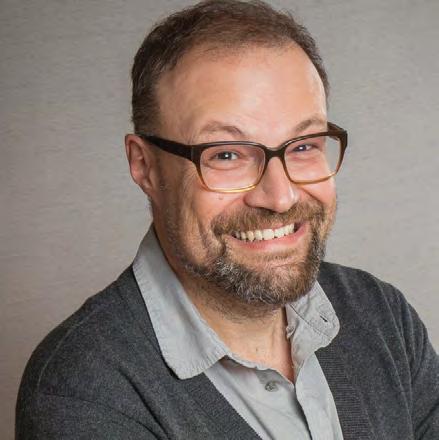
MICHAEL DANIELS, professor, chair and Andrew Banks Family Endowed Chair of the Department of Statistics, has been awarded the 2022 L. Adrienne Cupples Award for Excellence in Teaching, Research and Service in Biostatistics.

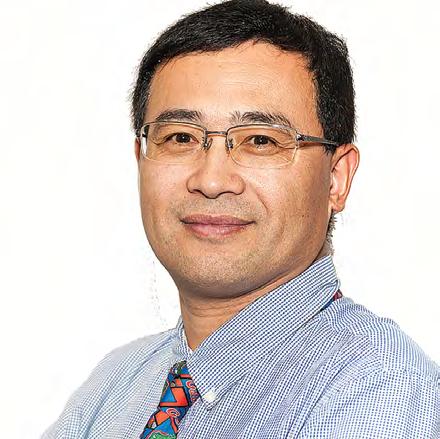
VICTORIA PAGÁN WOLPERT, professor of classics, has received an Ovatio Award from the Classical Association of the Middle West and South for her service to the association and to the profession.
ANTHONY GEORGE (Philosophy ‘93 and JD ‘89) was reappointed to the Indian River State College District Board of Trustees by Gov. Ron DeSantis. MELISSA KINDELL, (Microbiology & Cell Science ‘00 and DMD ‘04) was appointed to the board for the first time.
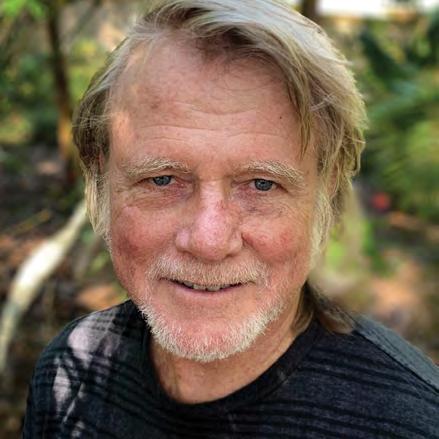
IN GOOD COMPANY
Alumni businesses honored by the Gator100
Our alumni are paving the way for innovation — just take a look at this year’s Gator100. The annual list celebrates the fastest-growing businesses owned or led by UF alumni. The 2022 rankings boast 18 graduates of the College of Liberal Arts and Sciences who are pushing the boundaries of a wide range of sectors, providing inventive solutions to challenges facing individuals and businesses today.
Absolute Numbers Inc. — Carolyn Jones (Anthropology '94)
AC General, Inc. — Glen Drummond Jr. (Spanish '03)
Almazan Law — K. Kay Dodd Anderson (English '93)
Davis Goldman, PLLC — Aaron Davis (Psychology '05) & Jason Goldman (History and Political Science '06)
Eventsquid.com — Michael Kranitz (Economics '82)
Feathr — Aleksander Levental (Mathematics '13)
The FOCUS Group — Brad Layland (Speech Communication '94)
Hypolita Co. — Morgan Lampp (Political Science '08)
ITC Defense Corp. — Noelle Shema (Psychology and History '06)
MonsterInsights — Syed Balkhi (Anthropology '11)
Novi AMS — Pete Zimek (History '01)
OnPay Solutions — Juliet Negrete-Anderson (English '86)
Portland Homeless Family Solutions — Brandi Tuck (Political Science and Philosophy '05)
Revival Chiropractic — Christina Cuellar (Psychology '11)
Vitrazza — George Pardo (Psychology '90)
WPForms — Syed Balkhi (Anthropology '11)
Zinnia Wealth Management — Charisse Rivers (Criminal Justice '04)
For more information about the Gator100, visit: clas.ufl.edu/gator100
YTORI SPRING 2022 | 45
Andreas Keil
Robert T. Walker
Matthieu Felt
Sixue Chen
Photo credits: Dimitri Bourilkov and Peter Hirschfeld by Pam Marlin. Shana Beldick by Atlanta Headshots. Manasi Kamat by Naren Kamat. Robert Walker by Cynthia Simmons. Matthieu Felt by Tiffany Joyce of Whisper Photo Co. Other photos via UF/CLAS or courtesy of the subjects.
UNIVERSITY of FLORIDA COLLEGE of LIBERAL ARTS and SCIENCES
“ ”
So much of what is accomplished in our college, and beyond the walls of campus, would not be possible without the generosity of alumni and friends who stand behind our mission.
The Dean’s Circle recognizes the extraordinary generosity of alumni, friends, faculty and staff who make annual gifts of $500 or more to the Dean’s Fund for Excellence. As a member of the Dean’s Circle, your investment will help the college meet the educational needs of our students, take advantage of extraordinary opportunities, and meet new challenges in teaching, research and service.
Through the Dean’s Circle, alumni and friends have provided:
• Funding for promising undergraduate and graduate students.
• Faculty seed grants for pursuing new research interests and other academic endeavors.

• Scholarships and awards to students for travel abroad experiences.
• New computer hardware and software for research and teaching.
— Dean David E. Richardson
TENURED | $50,000+
Robert & Laurel Kincart
Elizabeth & Roderick Odom
DIRECTOR | $10,000 - $24,999
William & Melodie Douglas
Thomas & Cheryl Elligett
Robert Fowler
David & Bernadette Williams
ADVISOR | $5,000 - $9,999
Michael & Michele Fishman
Amy Galloway
Elsbeth Geiger
Edward & Susan Kuhn
Gerald Kunde
Carol & Robert March
Kevin McHale
Amy & Jeffrey Rubin
Terry & Dorothy Smiljanich
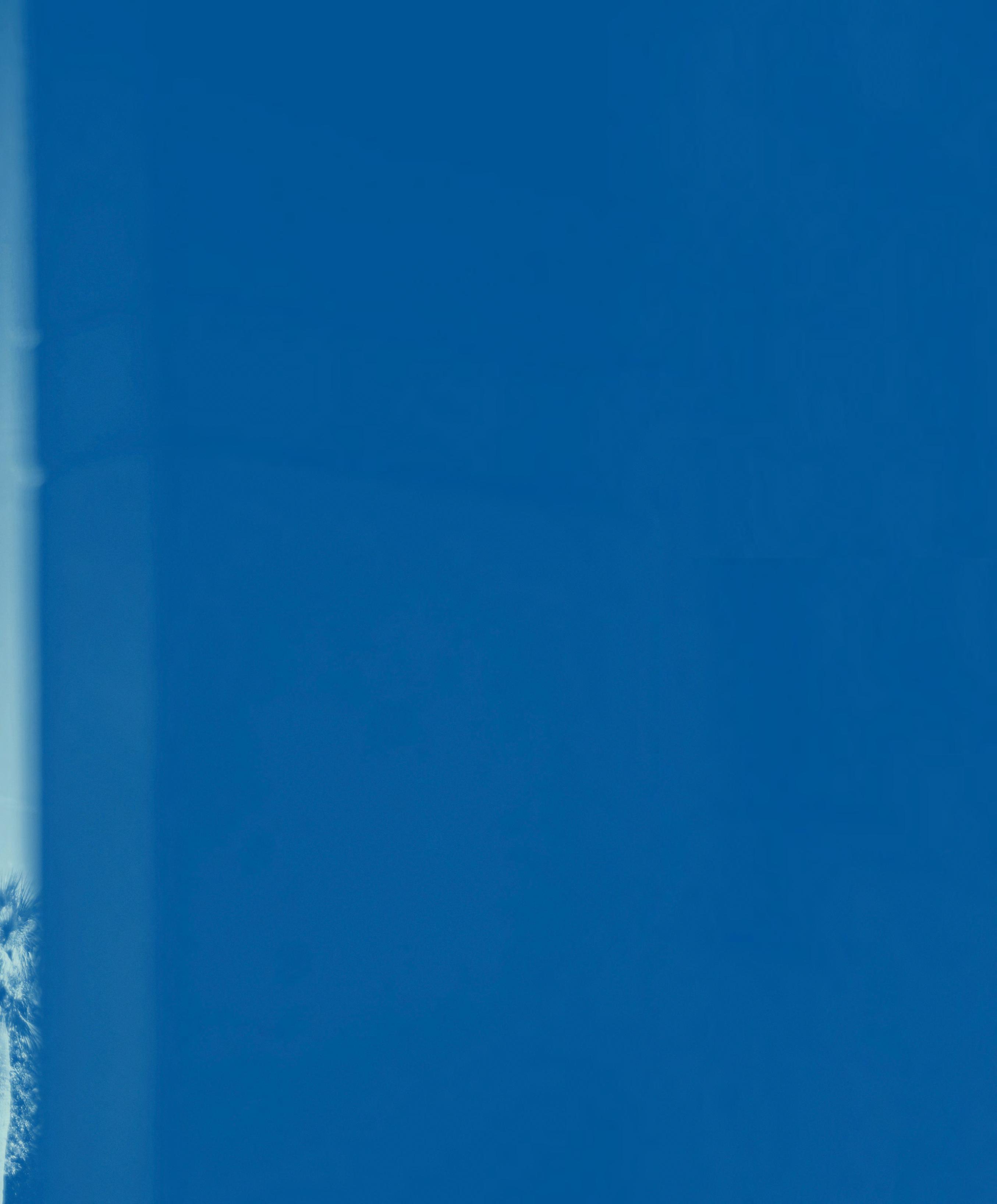
Julie & Kevin Wilkinson
Lawrence Winner
ASSOCIATE | $2,500 - $4,999
Steven Beecham
David & Randi Blum
Richard Coughlin
Michael Downs
Robert & Phyllis Glenn
Joseph & Mary Lawrence
Kevin Mayeux
Pepper & Dave Natonski
Ann Regan
Jewel White
FELLOW | $1,000 - $2,499
Michael & Ami Baron
James & Vikki Black
Thomas Blankenship
Bob Bowser
Frank Bracco
Melody Bridgman Kohl
Karen & Michael Brisch
Ted & Willow Dew
Joan Dial Ruffier
Dan & Susan Fabrick
Joan Forrest
Margaret & Michael French
Eric Frisch
Joseph Ganey & Kim Ganey-West
Joshua & Nancy Gillon
David Griggs
Daniel & Angela Hackman
Tara Hamer Gill & Robert Gill
Stephen & Brianna Hicks
Thomas & Linda Holmes
Charles & Leslie Layton
Aleksander Levental
Bryan Mahoney
Will Moore & Margaret Moore
Mary Jane Morrison
David Neel
David Pharies & Mary Ginway
Michael & Sheila Rokeach
Michael & Ann Savelle
David & Masako Semaya
Clayton & Jamie Smith
Debbie & Millard Snyder
Li Tao
Marjorie Turnbull
Alec Unland
Benjamin & Saundra Wallace
Reverdy Wright
SCHOLAR | $500 - $999
Glenda Anthony
George Avery
Patrick & Kristine Bates
Rachel Bozin
Alexis Jesup & Jason Buckley Linda Clayton Stanley Crews
Lizette & David Dunay
Bazil Duncan William Elebash
Margaret & Michael Fields
John Fleming
Michael Geary
Lander & Kari Gold
Bill Graham & Shelley Hill
James & Dawn Granese
Suzanne & Ken Green
Jerome Guilford
Dennis Hays
Grant & Lori Heslep
James Hoover
Mark & Avis Jason
Catherine & David Kasriel
Susan & Mark Sessums Craig Singer & George Garmer Angela Thomas Vinny Trapanese John Vreeland EMERITUS Anonymous Robert & Leah Adams Charles Byrd Christy Wilson Delk Thomas & Cheryl Elligett Mitchell & Bridget Gordon James Hoover James & Elizabeth Kalamaras Ashish Karve Martin Leach Thomas & Sheryl Moore Stewart & Suzanna Perlman Michael & Margo Rosenthal Sam & Valerie Stephens Robert & Arleene Westman Jewel White The Dean’s Circle and the Dean’s Fund for Excellence To join the Dean’s Circle, please visit clas.ufl.edu/deanscircle or contact STEVE EVANS Executive Director of Advancement 352-273-3704 sevans3@ufl.edu
Pamela & John Kelly Yu-Chin & Pi-Ching Lai M. Jill Lockwood & Gregory Schmidt Hugh & Maricela Mazzei Mary McDaniel Akilah McDaniel John Ossiff & Nancy Smith Stewart & Suzy Perlman Bill Pikounis & Nicole Sakowitz Norman & Margaret Portillo David Robson & Patricia Carey Robert Scott
For answers to puzzle, visit clas.ufl.edu/crossword-s22.
By Andrew Doerfler
ACROSS
Angry hordes
Two-time attorney general William
Opera show-stopper
Biblical brother of Jacob
UF’s Purushottam Dixit studies how this communicates (page 24)
Off-roaders (abbr.)
Legend (2007 film)
Not on active duty, after a long career (abbr.)
Dualism’s two parts ... and the themes of this Ytori issue
Film director Lee
of La Mancha
Claw and tear at
Popular way to strengthen the 16-across connection (as seen on this issue’s cover)
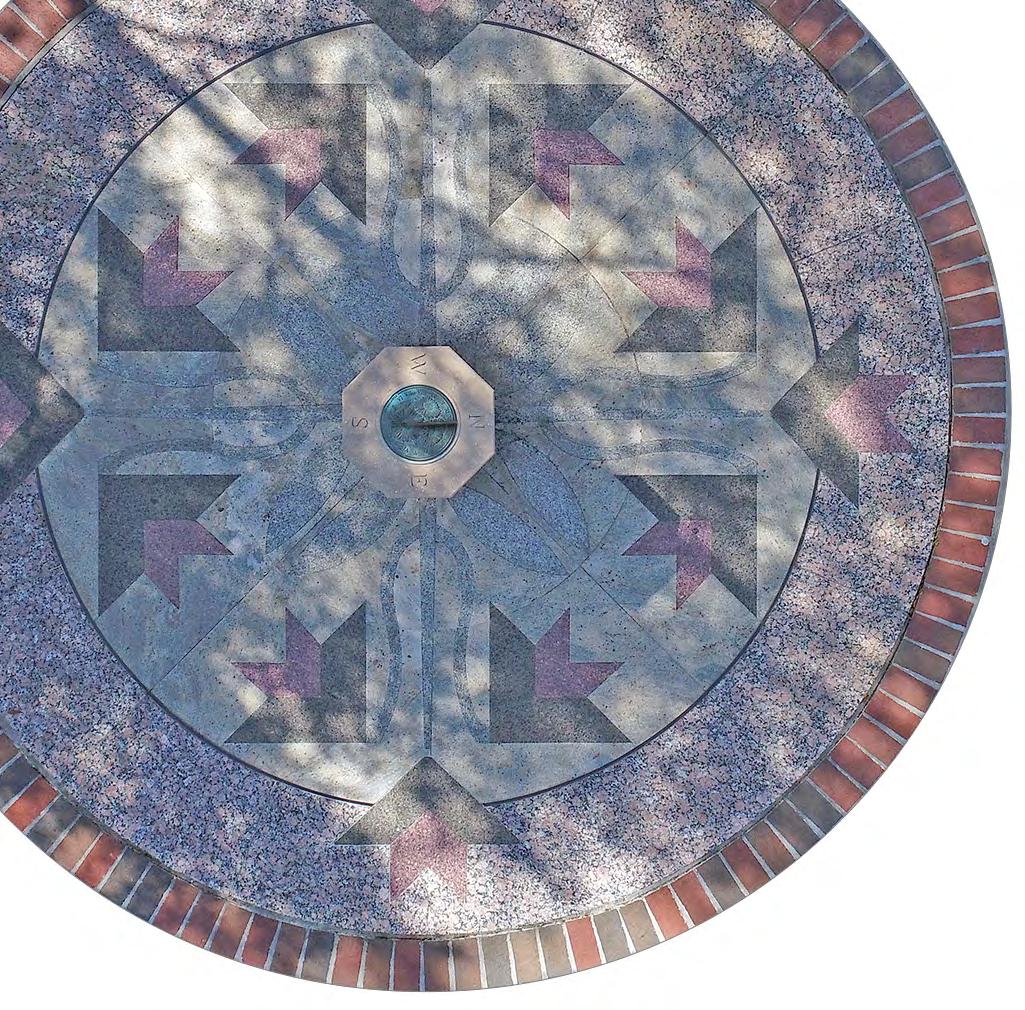
Nickname for a brainy UF research facility (page 18)
Award claimed twice by 5-down
Well That Ends Well
UF medical geographer Sadie who studies zoonotic disease (page 7)
Twice fluent, as many research subjects of 26-across
McDonald’s stopped serving it in 2020
Arthur of Golden Girls fame
CLAS department that shoots for the stars
Nickname for alumnus and neuroscience pioneer Fred Gage (page 20)
Candy-shelled bit of chocolate
Deadly snake
“ kinds of weather / We’ll all stick together / For F-L-O-R-I-D-A”
Vanessa formerly of Saturday Night Live
You may put them on after snacking (abbr.)
TV’s most-watched show before 9 a.m. (abbr.)
Author Rand
Brain
LOVE WORD GAMES? YOU’RE NOT ALONE. Wordle has take the world by storm — find out the psychological reasons driving the global obsession. LEARN MORE: clas.ufl.edu/wordle
19
27
29
1
2
3
4
5
6
7
8
1
5
9
10
11
12
13
15
16
20
21
23
26
28
DOWN
PC counterpart
Mineral source
Lauded at length
14
16
17
18
22
24
25
48 | COLLEGE OF LIBERAL ARTS AND SCIENCES NEWS.CLAS.UFL.EDU
Illustration © Croisy/Adobe Stock. Sundial in the Catherine A. and Mary E. Yardley Garden: Drone photography by Richard Shaw.
ON THE Whole

UNIVERSITY OF FLORIDA
COLLEGE OF LIBERAL ARTS AND SCIENCES COLLEGE OF LIBERAL ARTS AND SCIENCES AI MICRO-CREDENTIAL AI MICRO-CREDENTIAL AI MICRO-CREDENTIAL COLLEGE OF LIBERAL ARTS AND SCIENCES Raising Hand: © saksit/Adobe Stock Relevant
LIBERAL ARTS AND SCIENCES’ APPLIED DATA SCIENCE
AREA features
courses
Online and hybrid courses open
alumni, faculty, staff and community members. REGISTER TODAY: CLAS.UFL.EDU/MICROCRED
FUTURE IS BRIGHT THE FUTURE IS AI BUILD A SKILL SET FOR THE NEW ECONOMY WITH THE UNIVERSITY OF FLORIDA’S AI MICRO-CREDENTIAL ETHICS OF AI FUNDAMENTALS OF AI TOPICS INCLUDE FOCUS AREAS IN APPLIED DATA SCIENCE, BUSINESS AND MORE
UNIVERSITY OF FLORIDA
to any field, the COLLEGE OF
FOCUS
short
that prepare you to use AI methods to interpret advanced statistics, manage massive data sets and make informed decisions.
to all
THE

NONPROFIT ORG. US POSTAGE PAID GAINESVILLE, FL PERMIT NO. 94 SPRING 2022
University of Florida PO Box 110009 Gainesville FL 32611
















 David
David











































































































































 By Andrew Doerfler
By Andrew Doerfler



 Karina Sarandrea. Photo by Michel Thomas.
Acai Berries: © BillionPhotos.com/Adobe Stock. Spinach & Green
Smoothie: © BigNazik/Adobe Stock. Fork Image: © freshidea/Adobe Stock. Superfood: © Aquir/Adobe Stock.
Karina Sarandrea. Photo by Michel Thomas.
Acai Berries: © BillionPhotos.com/Adobe Stock. Spinach & Green
Smoothie: © BigNazik/Adobe Stock. Fork Image: © freshidea/Adobe Stock. Superfood: © Aquir/Adobe Stock.








 By Benjamin Hebblethwaite University Press of Mississippi
By Benjamin Hebblethwaite University Press of Mississippi




 By Andrea Villa Ruiz Editorial Pliegos
By Andrea Villa Ruiz Editorial Pliegos


















